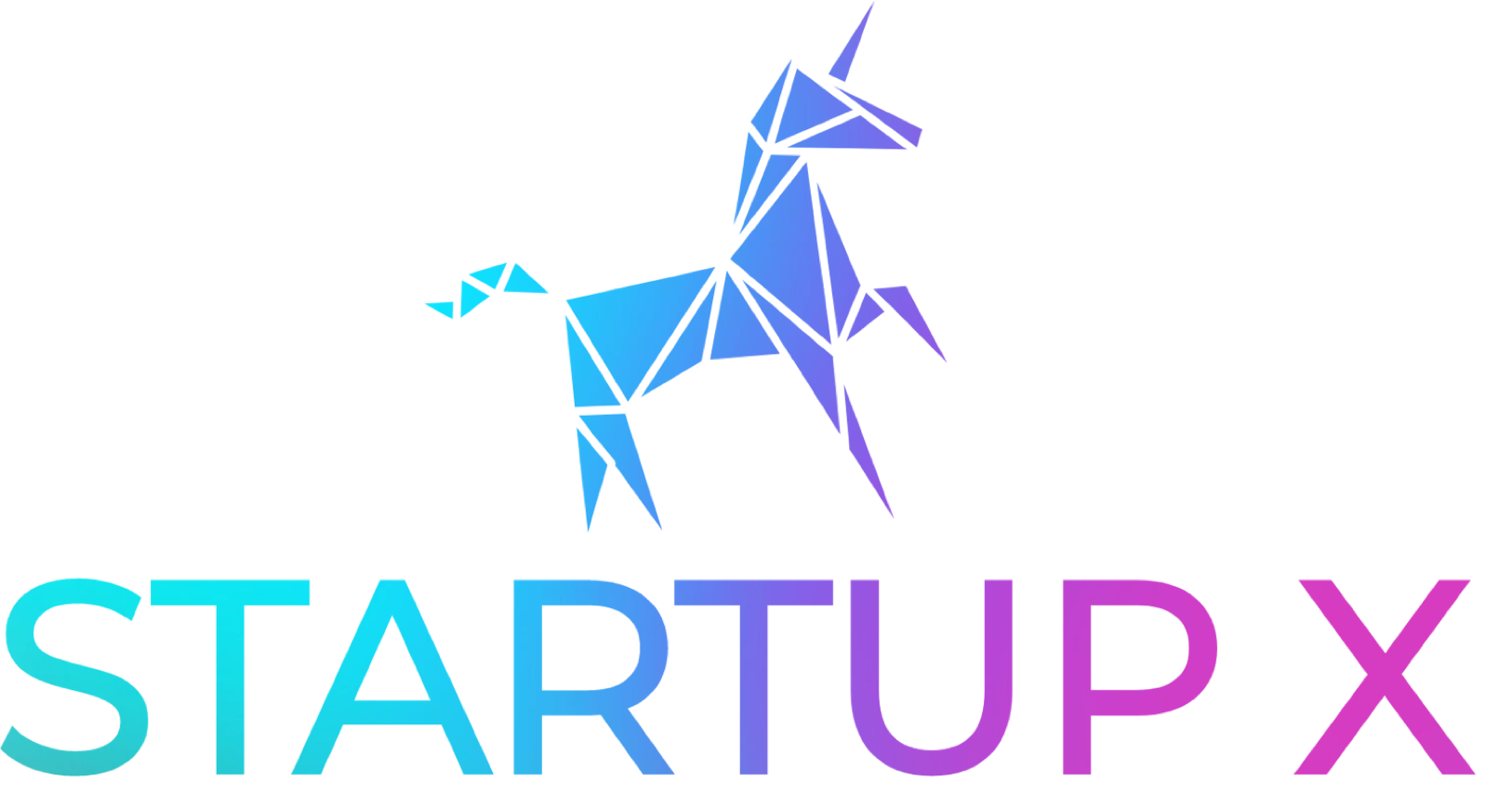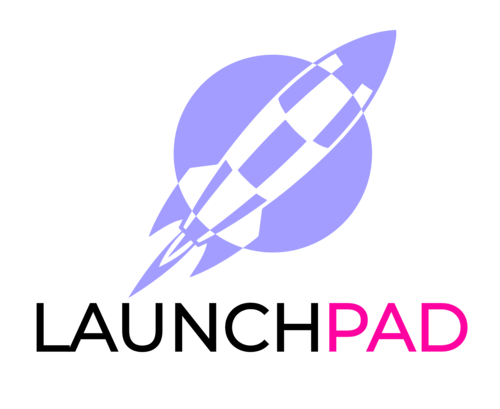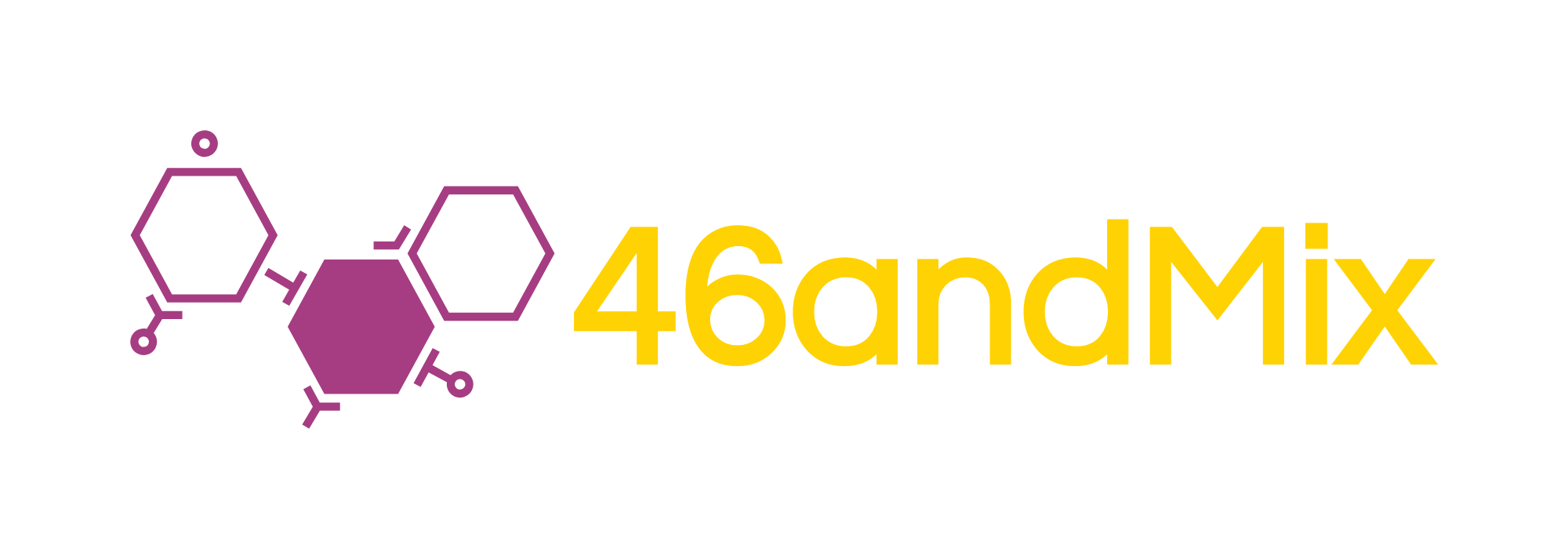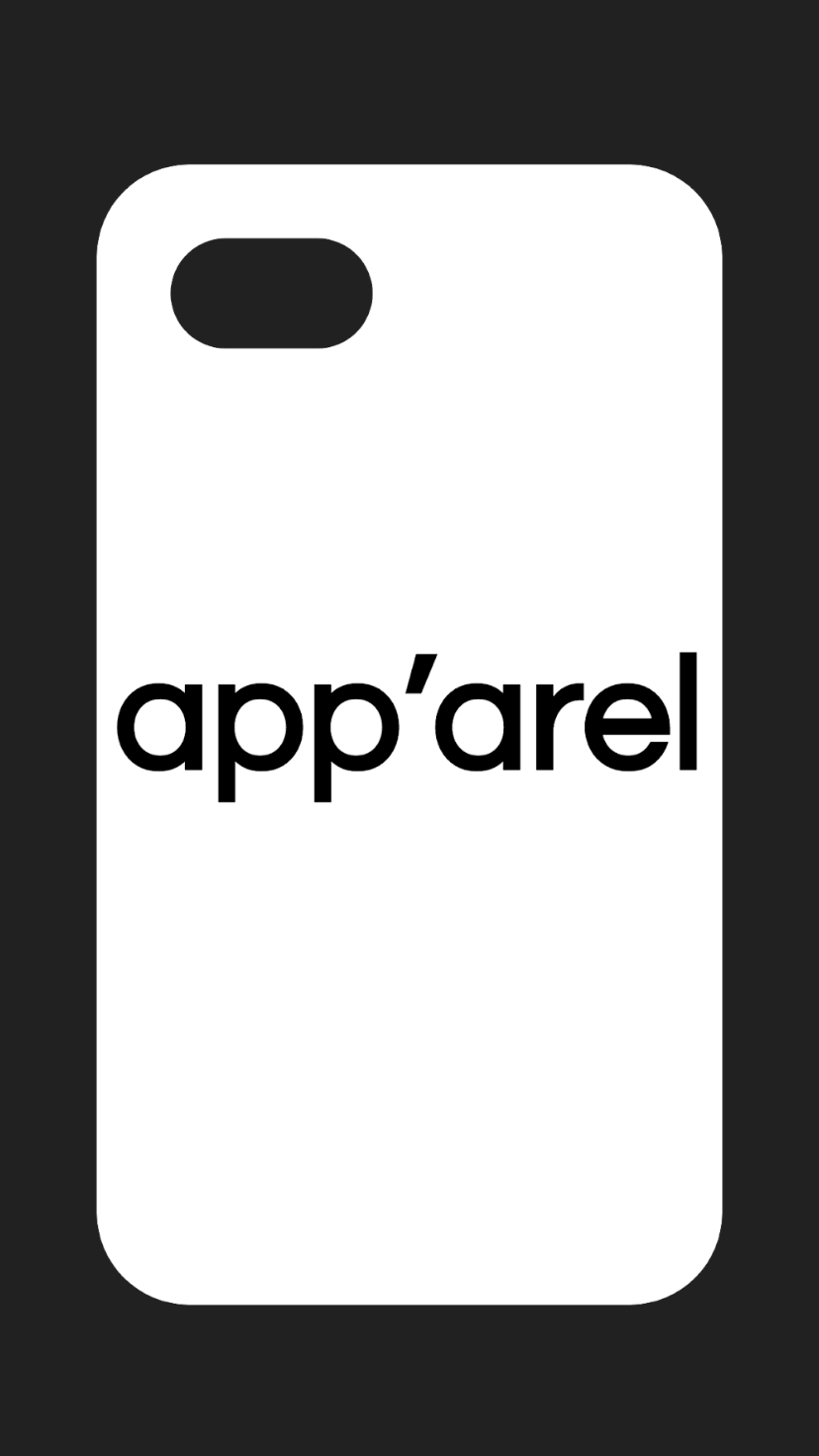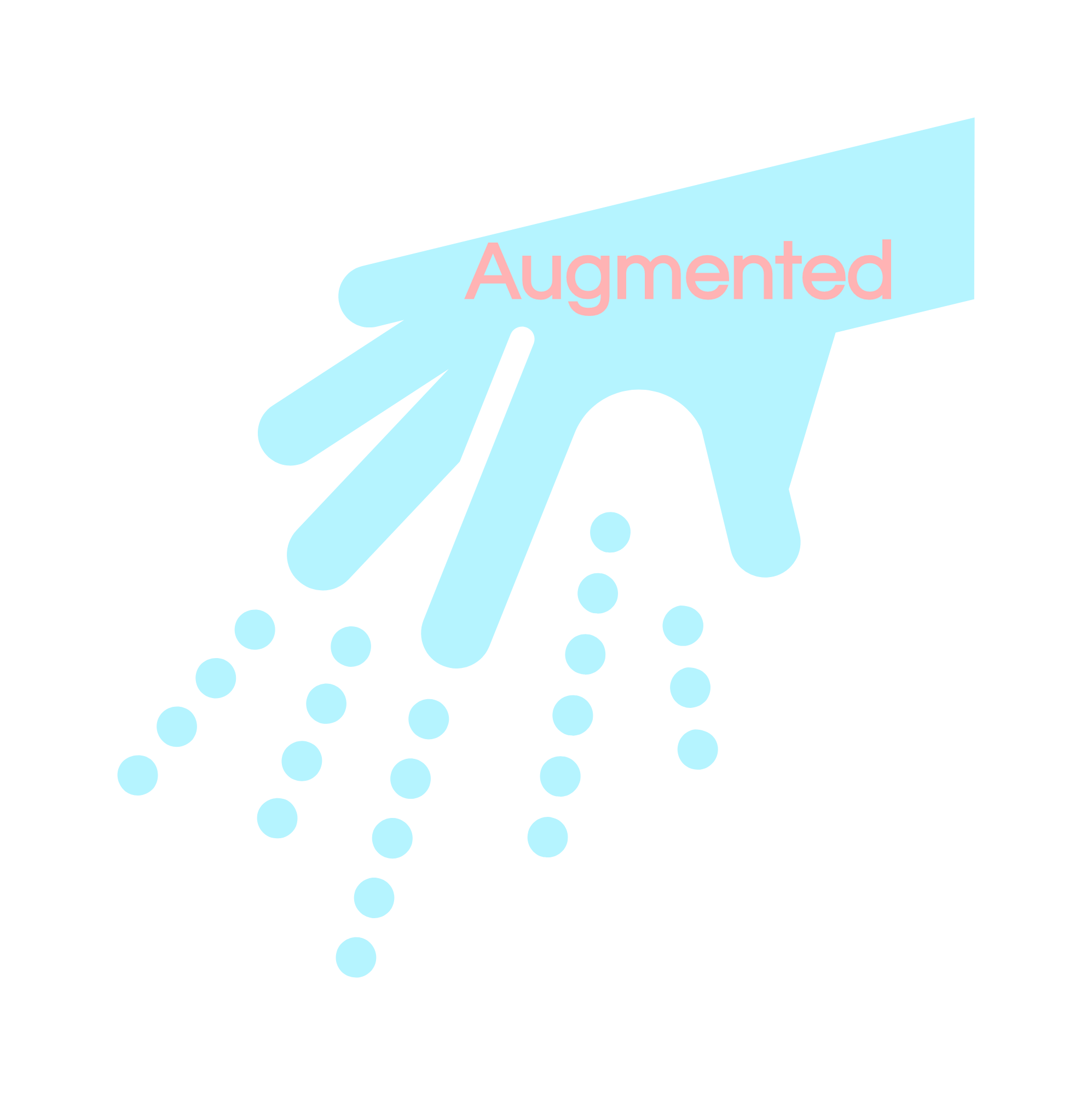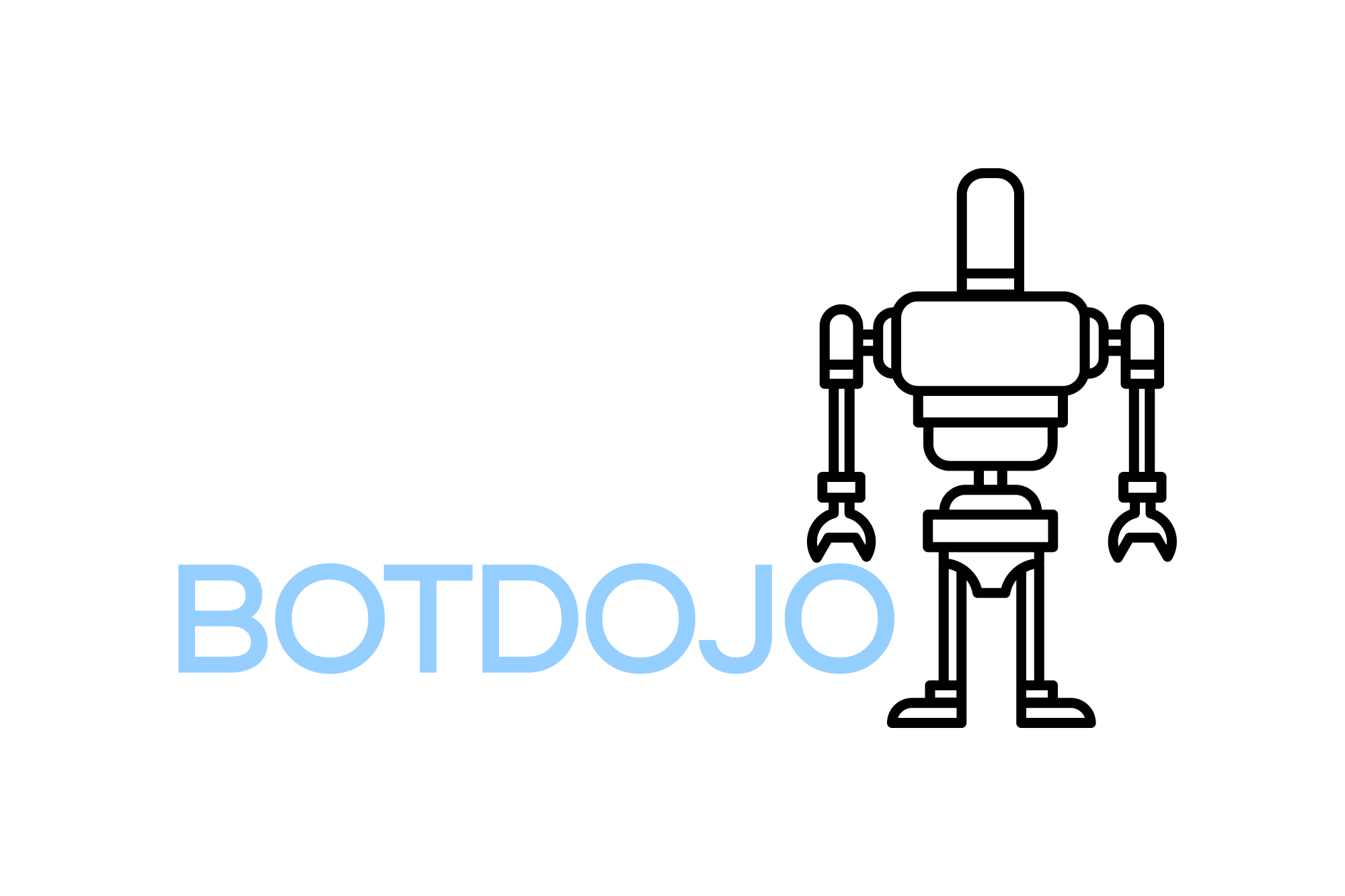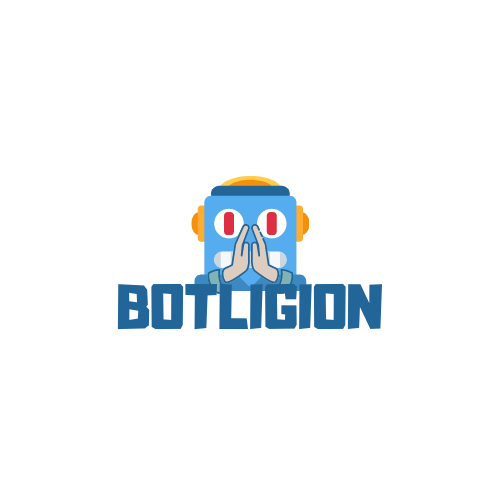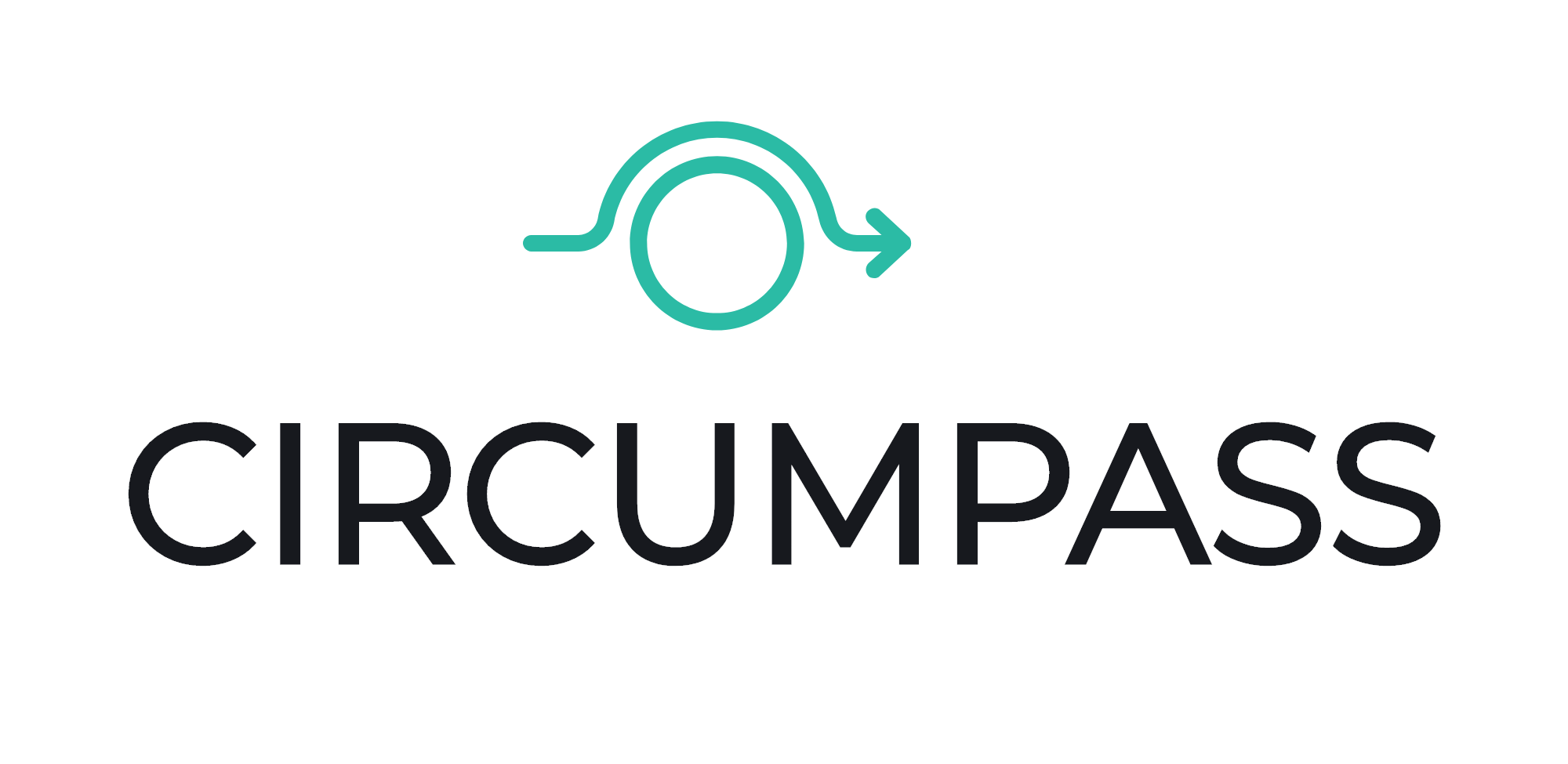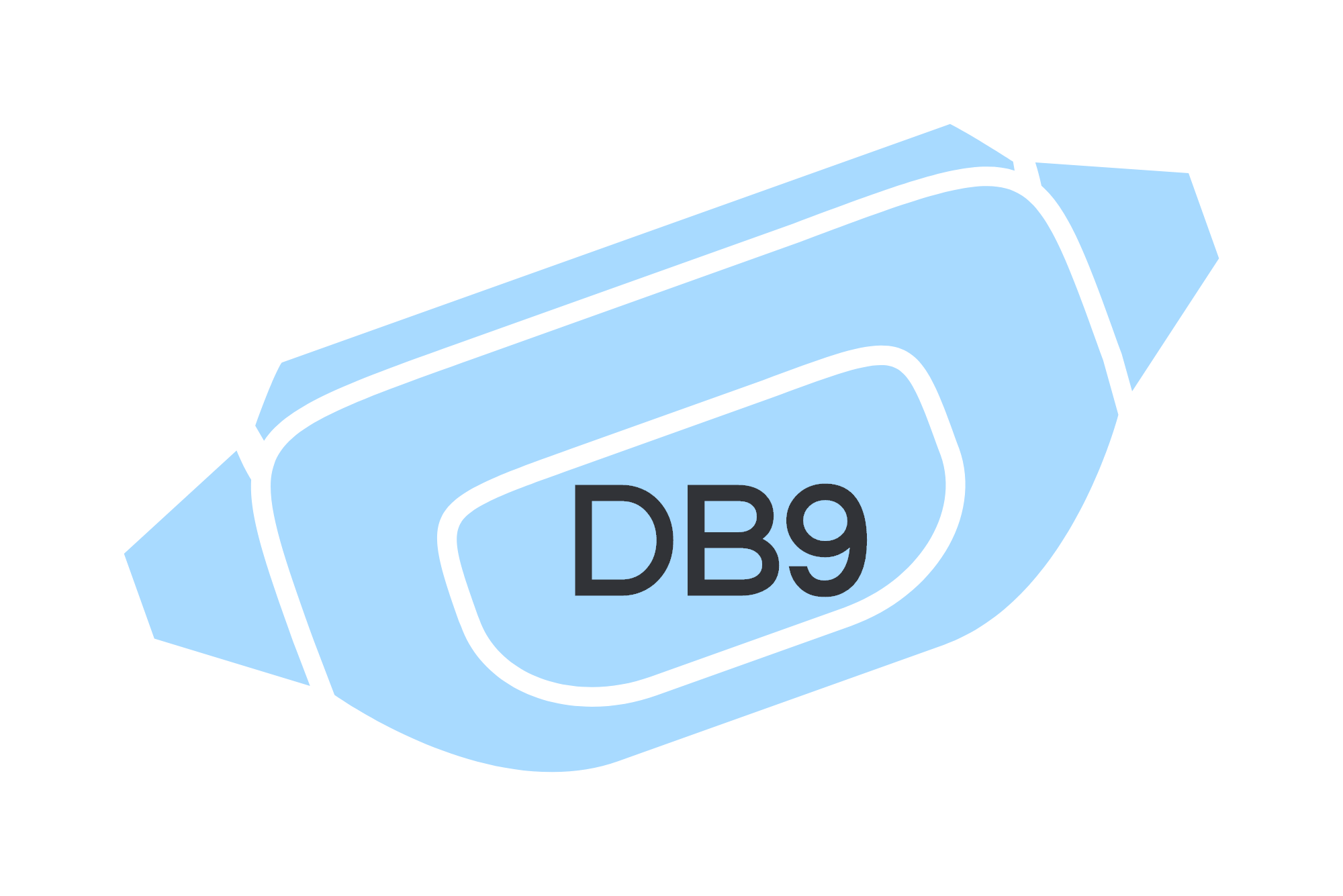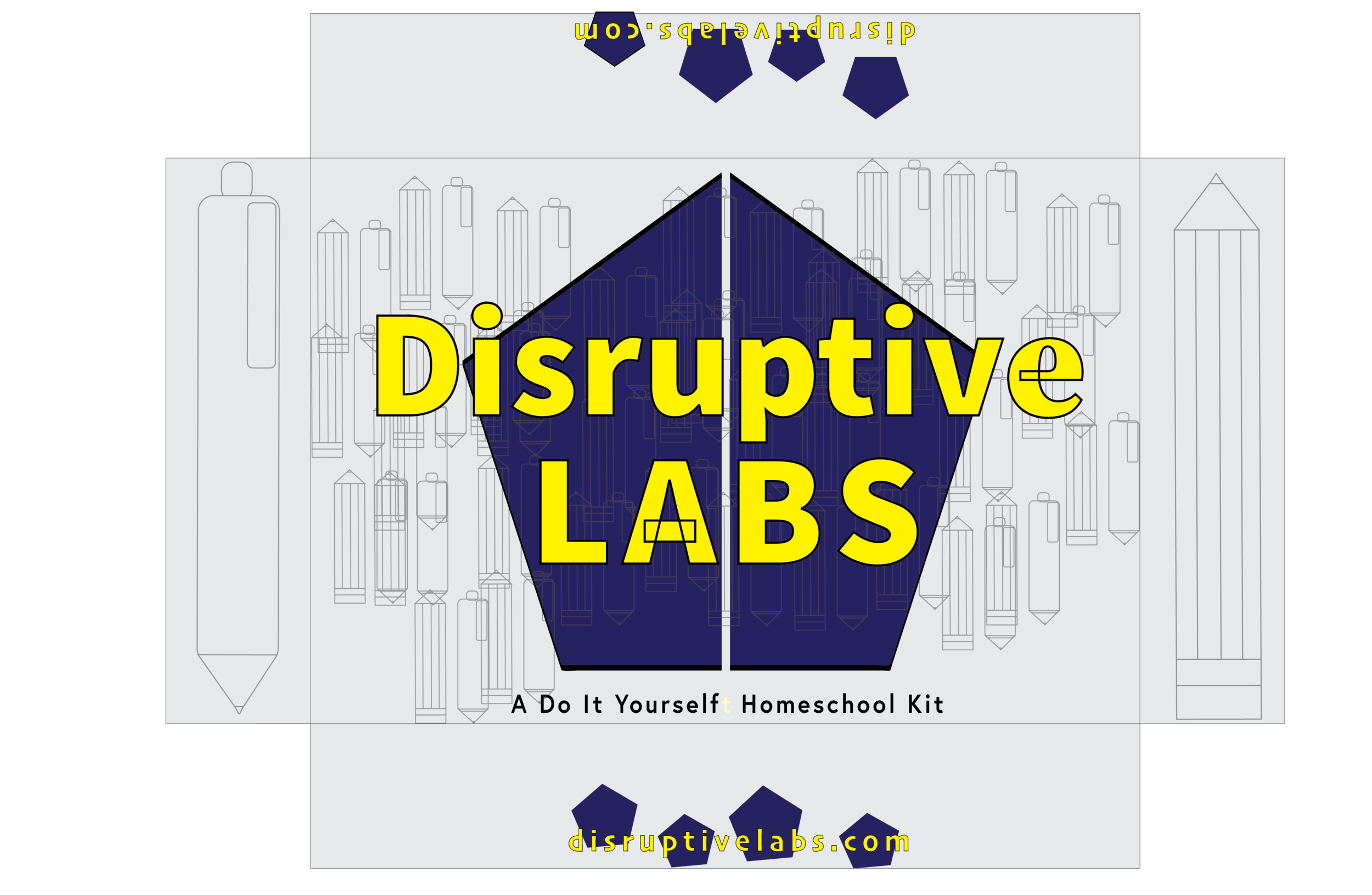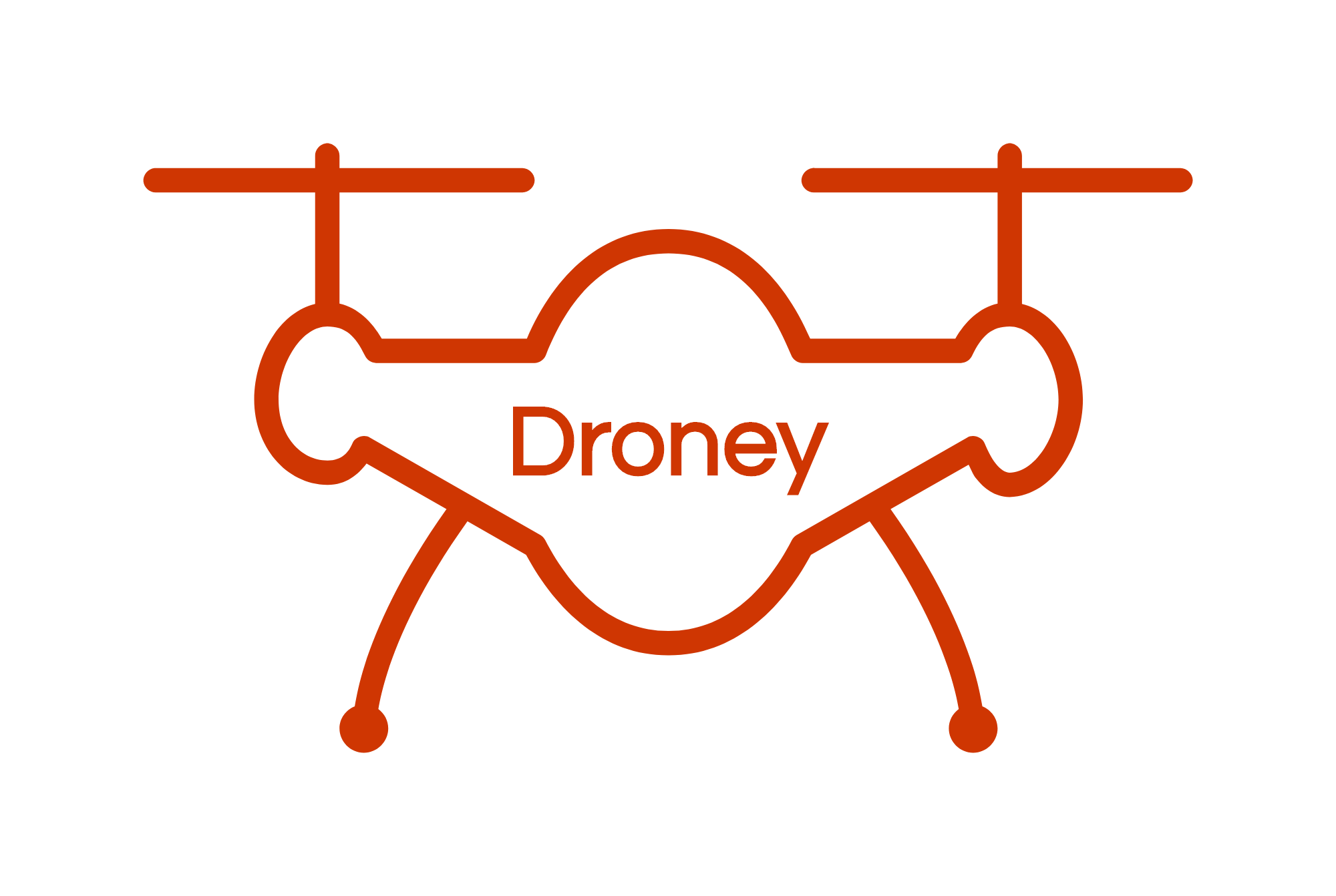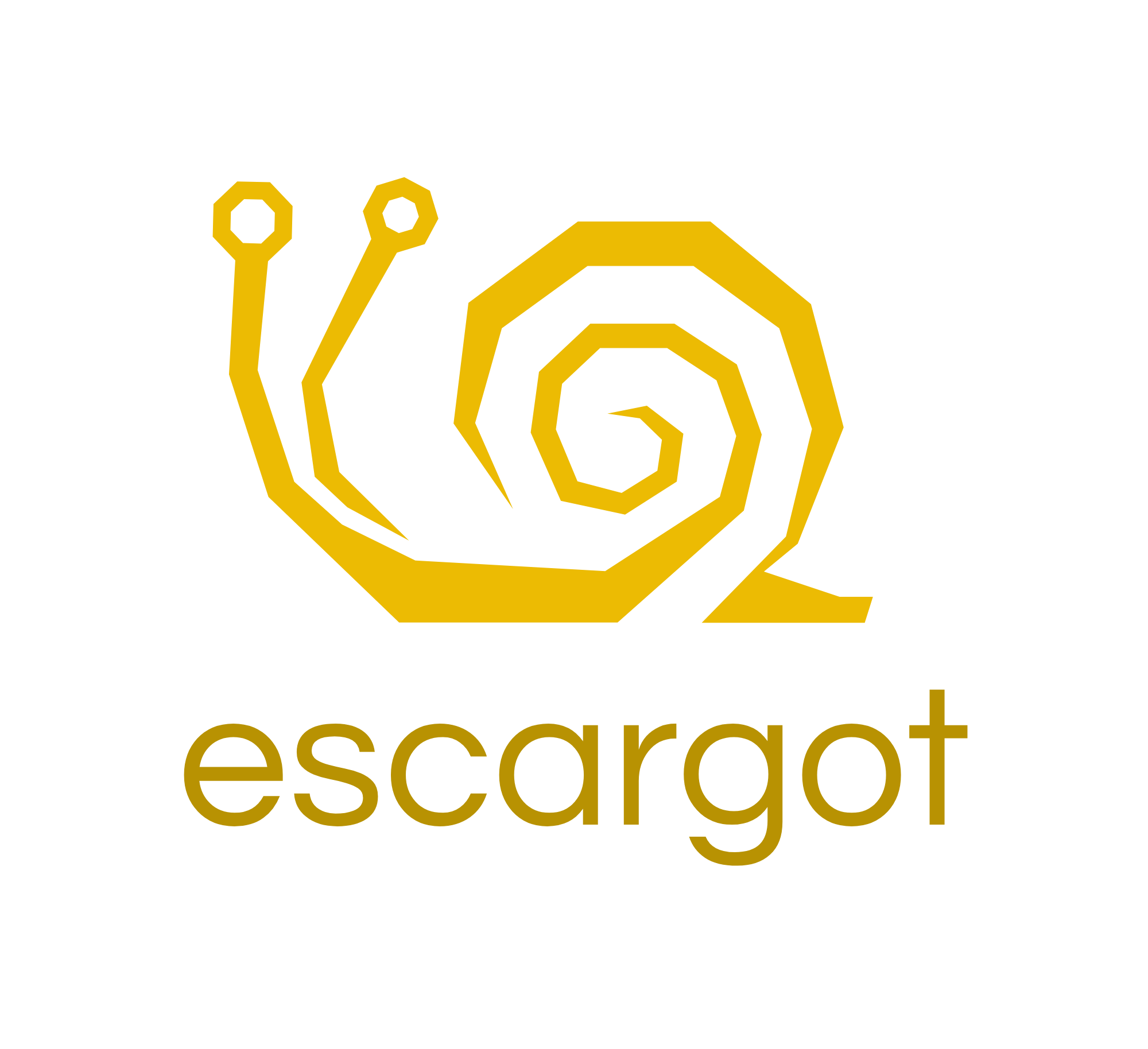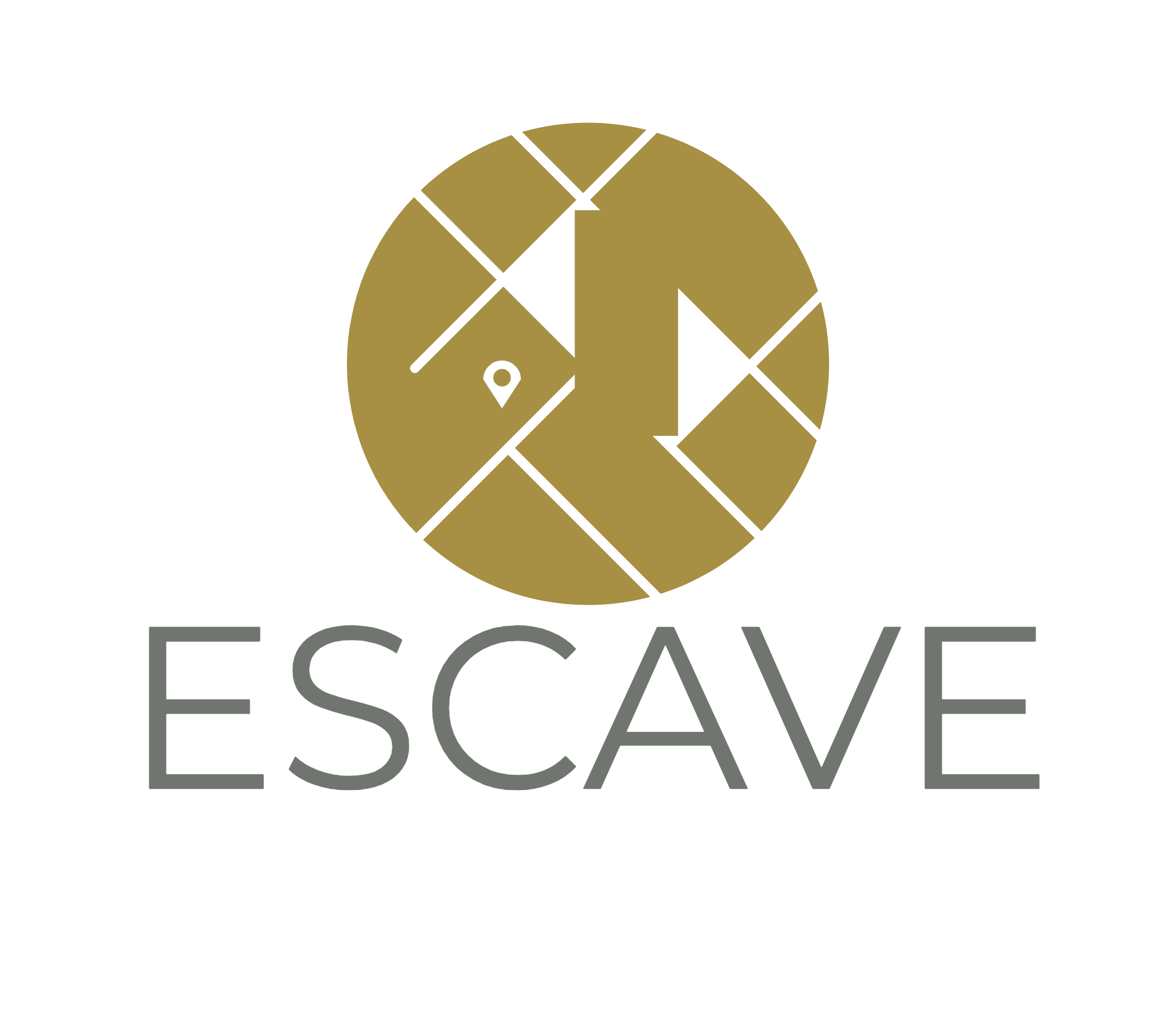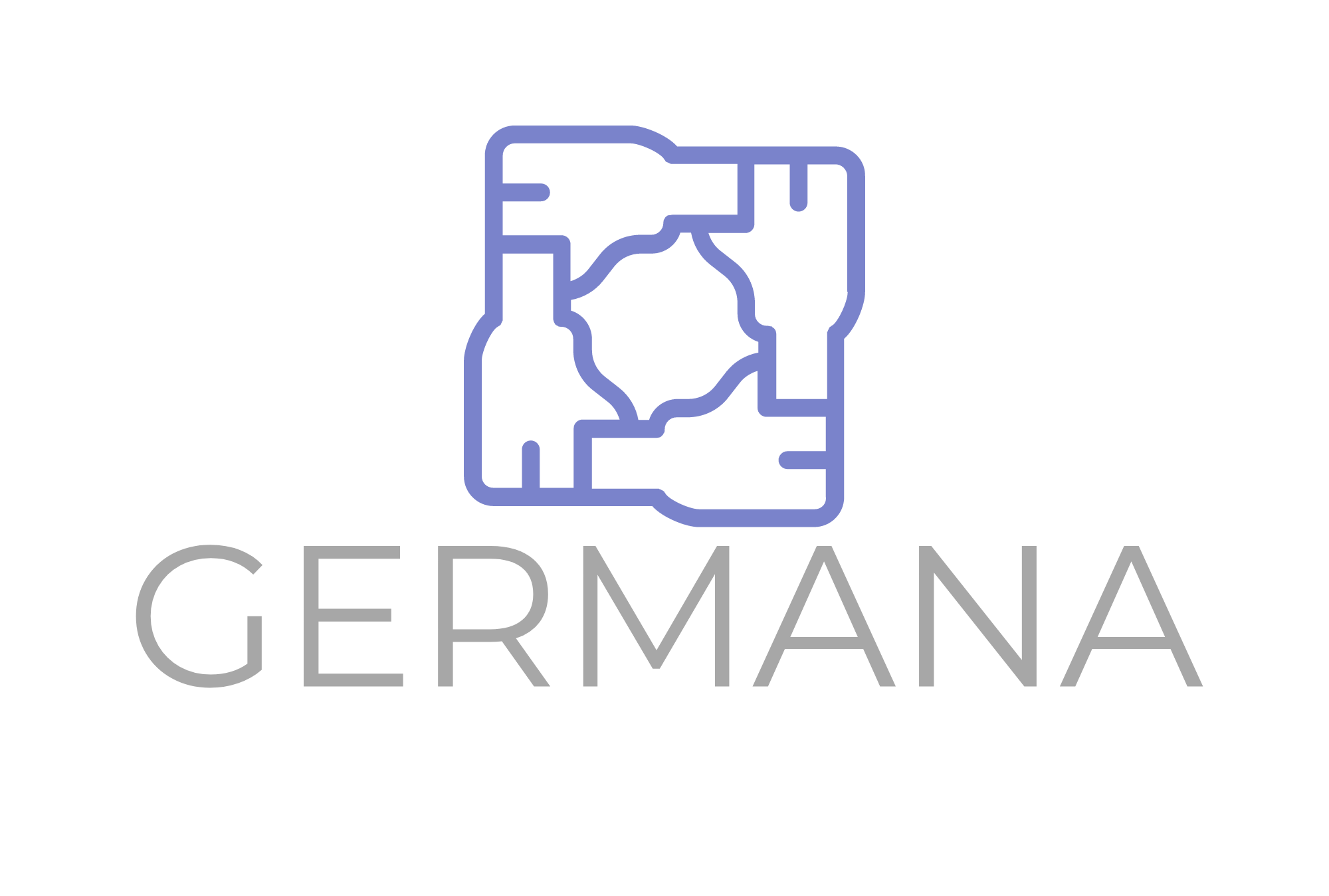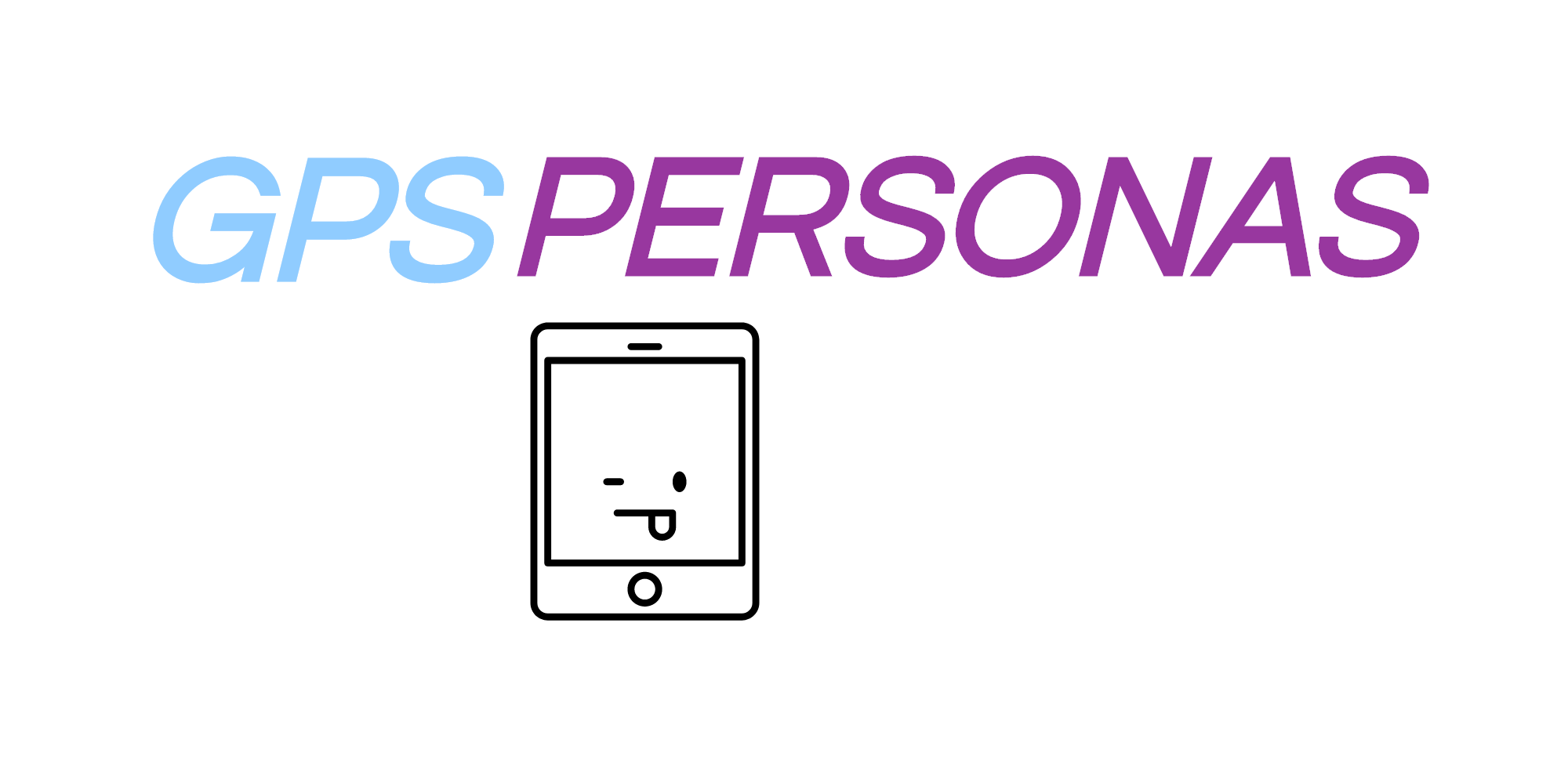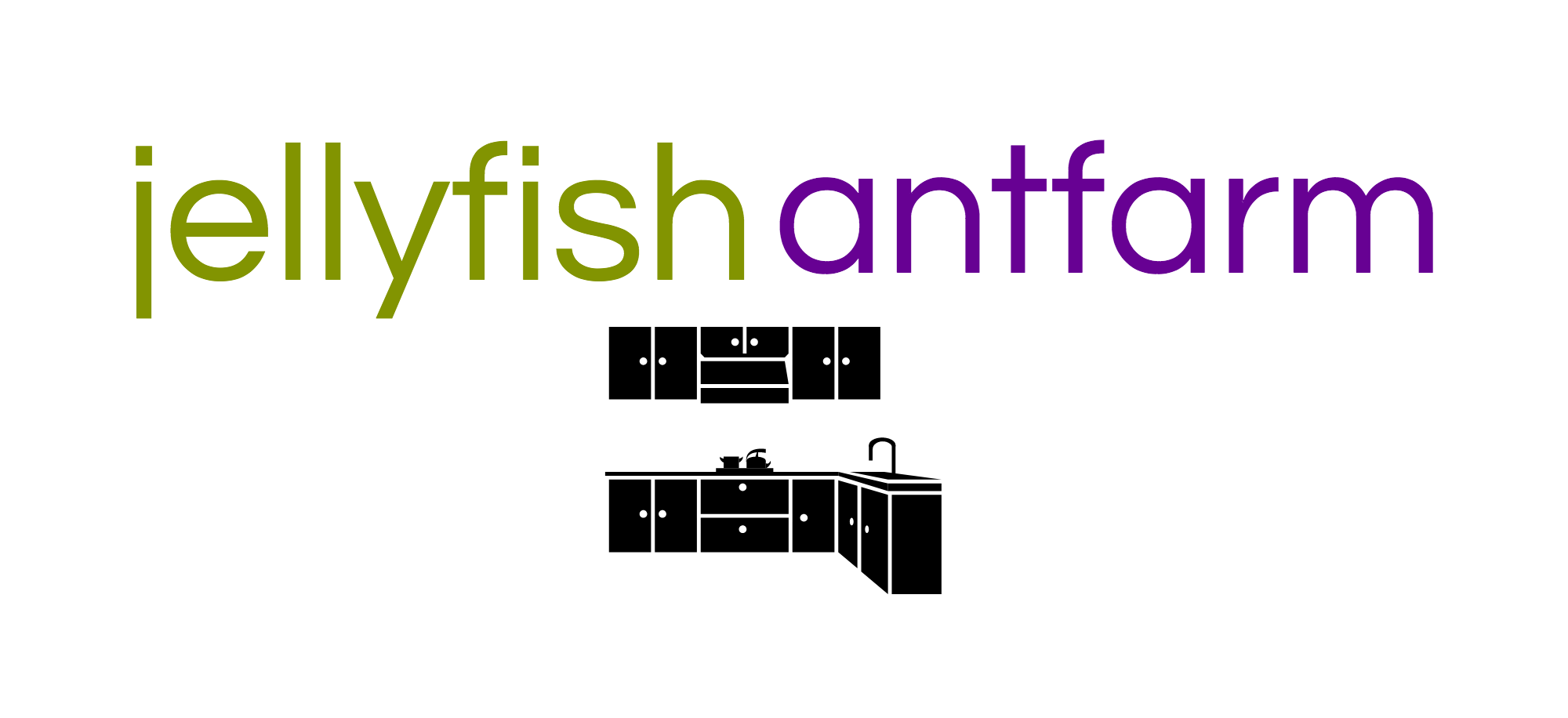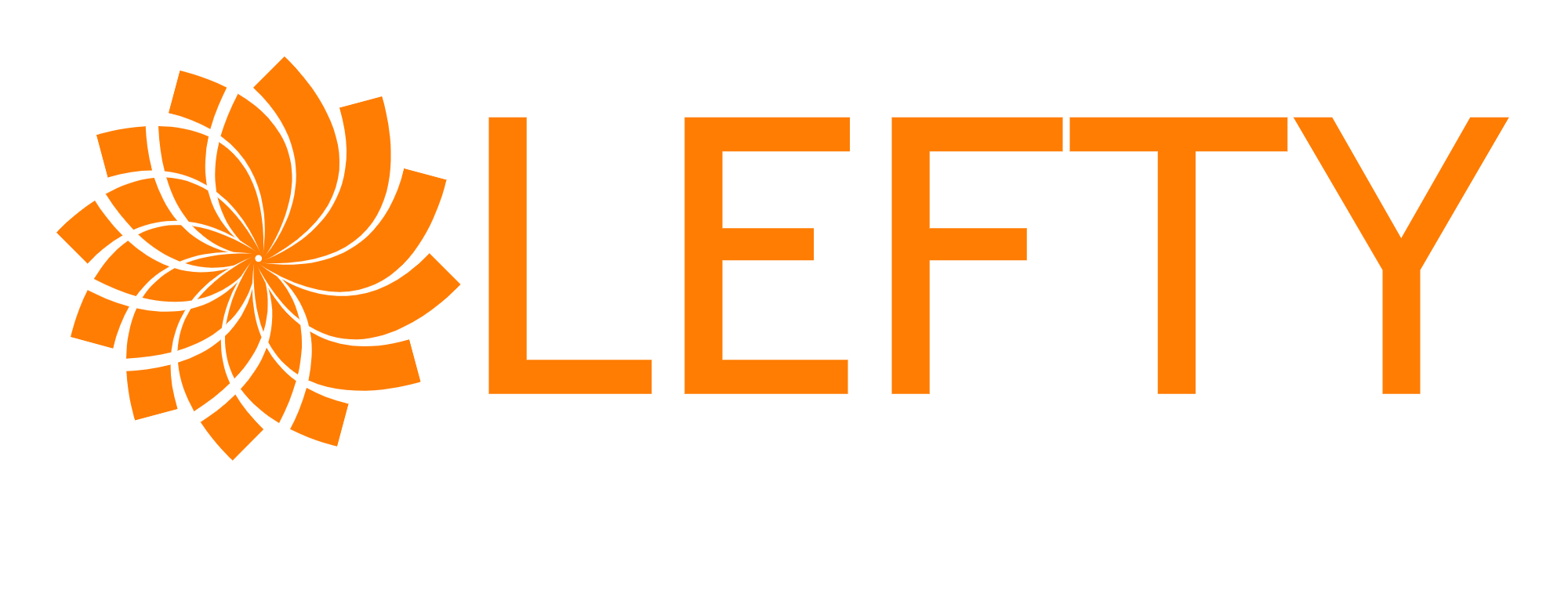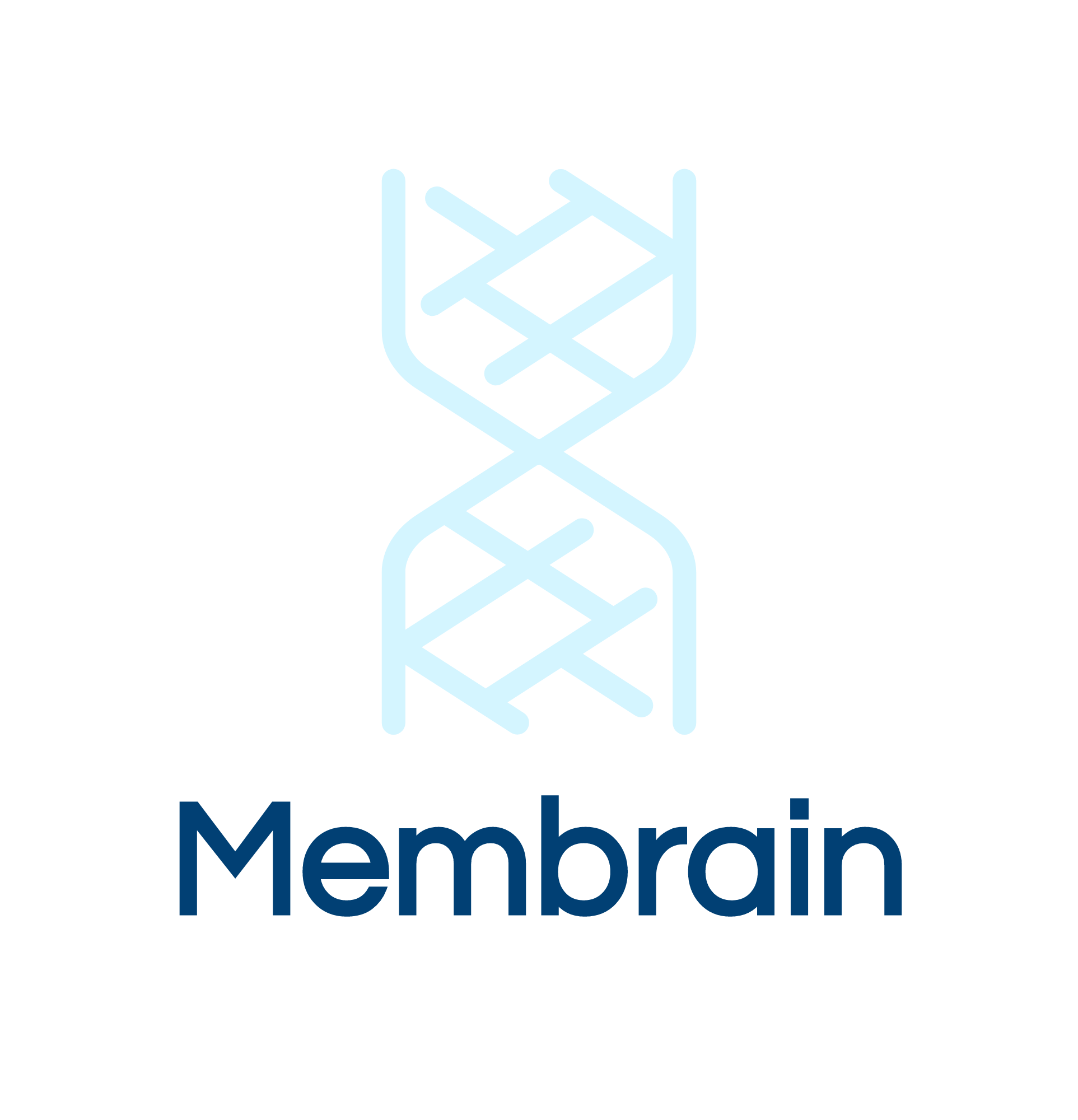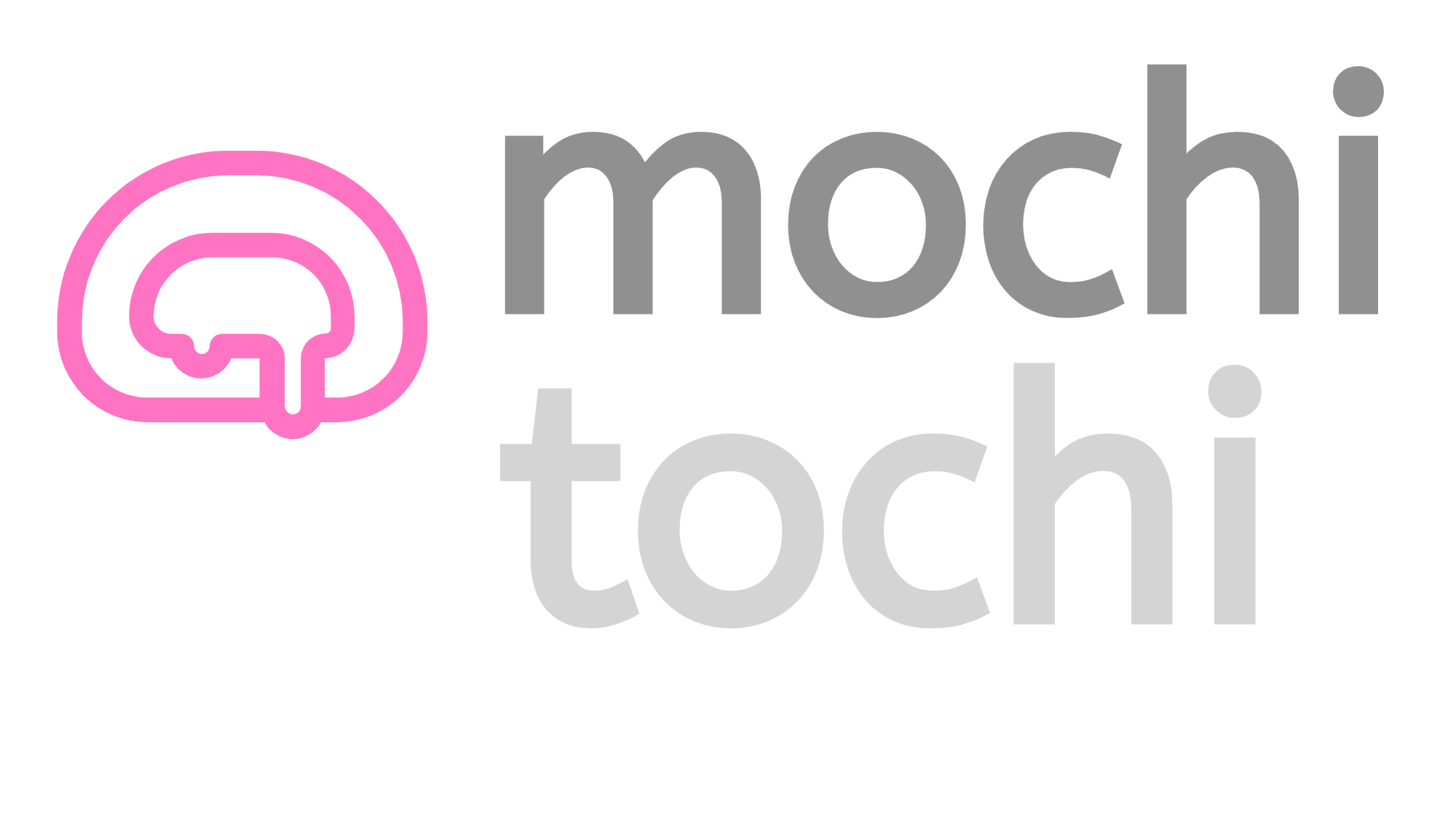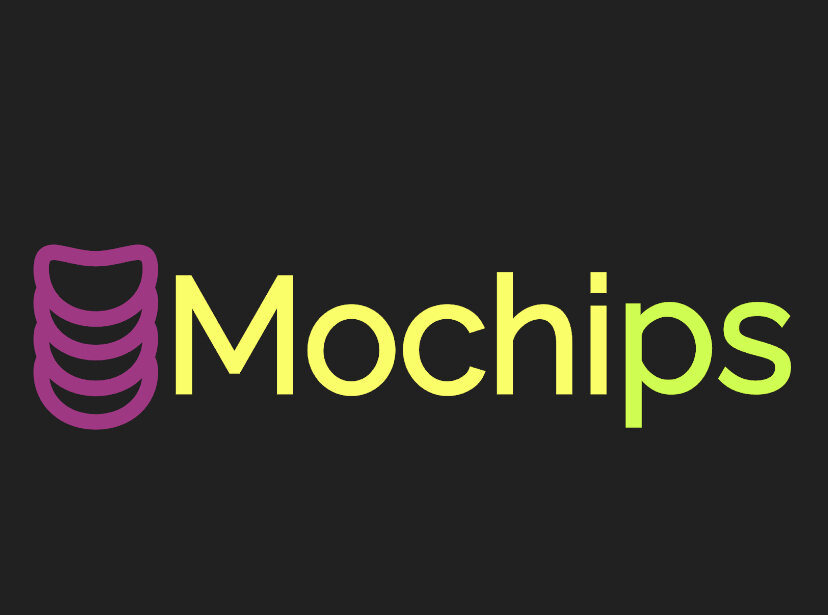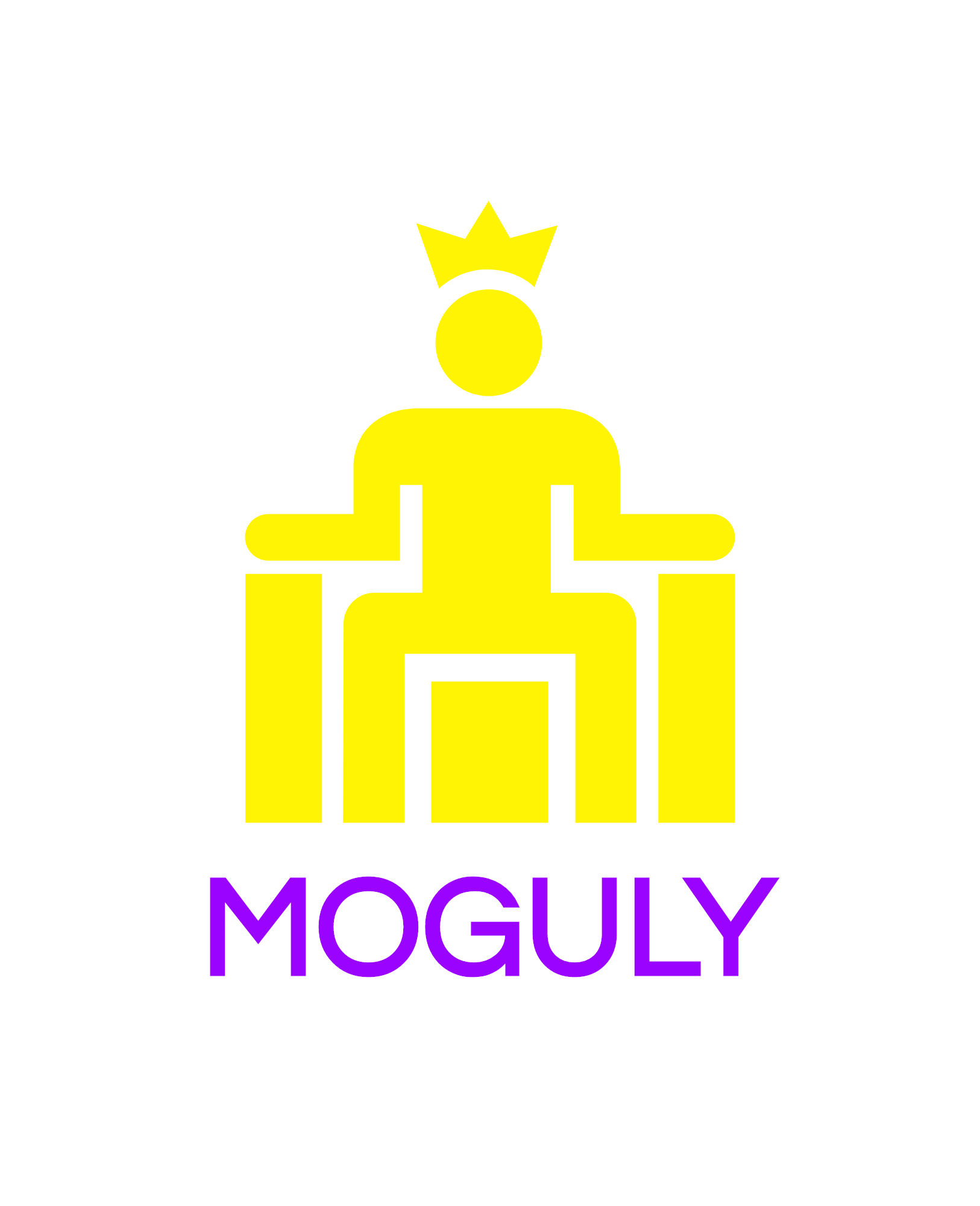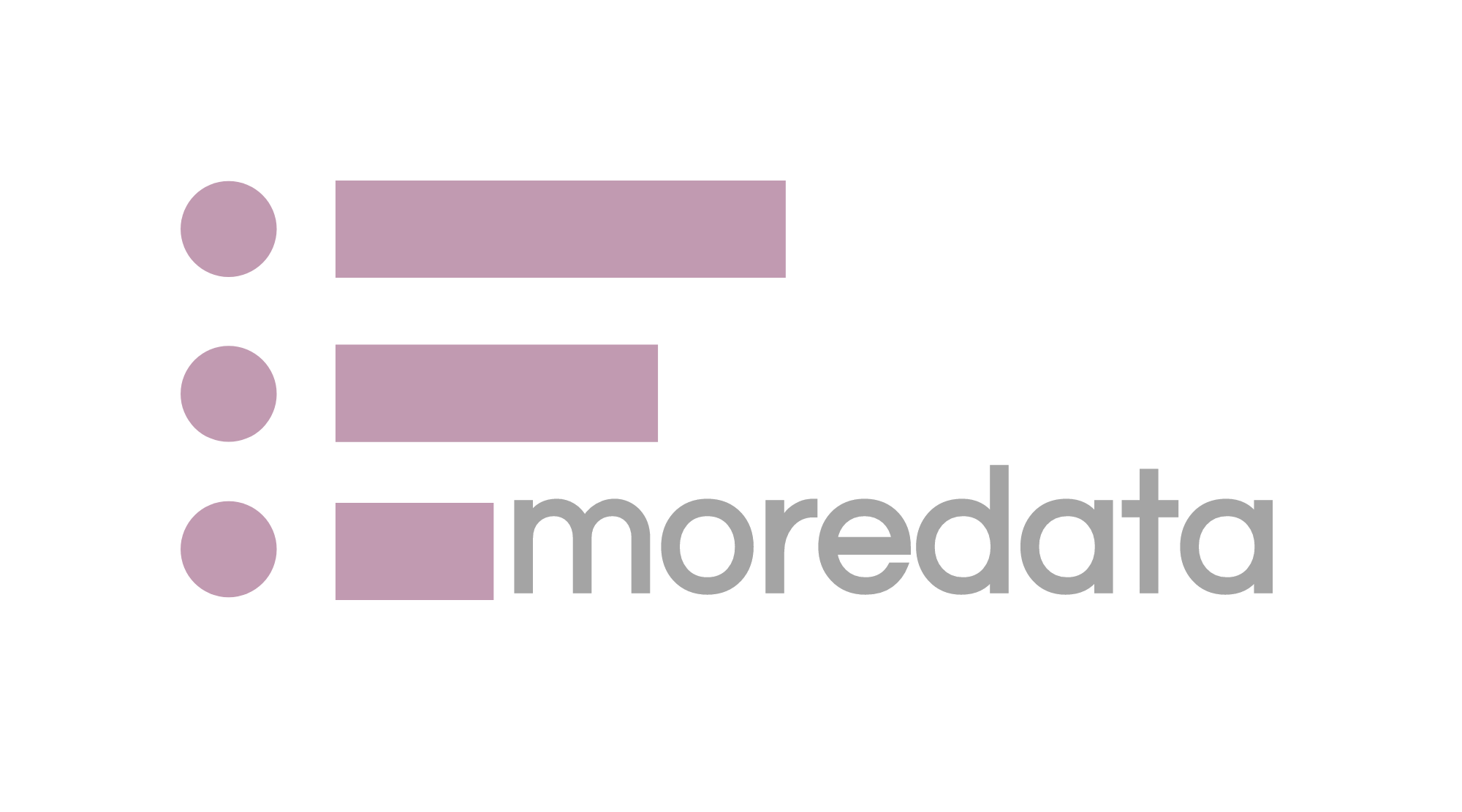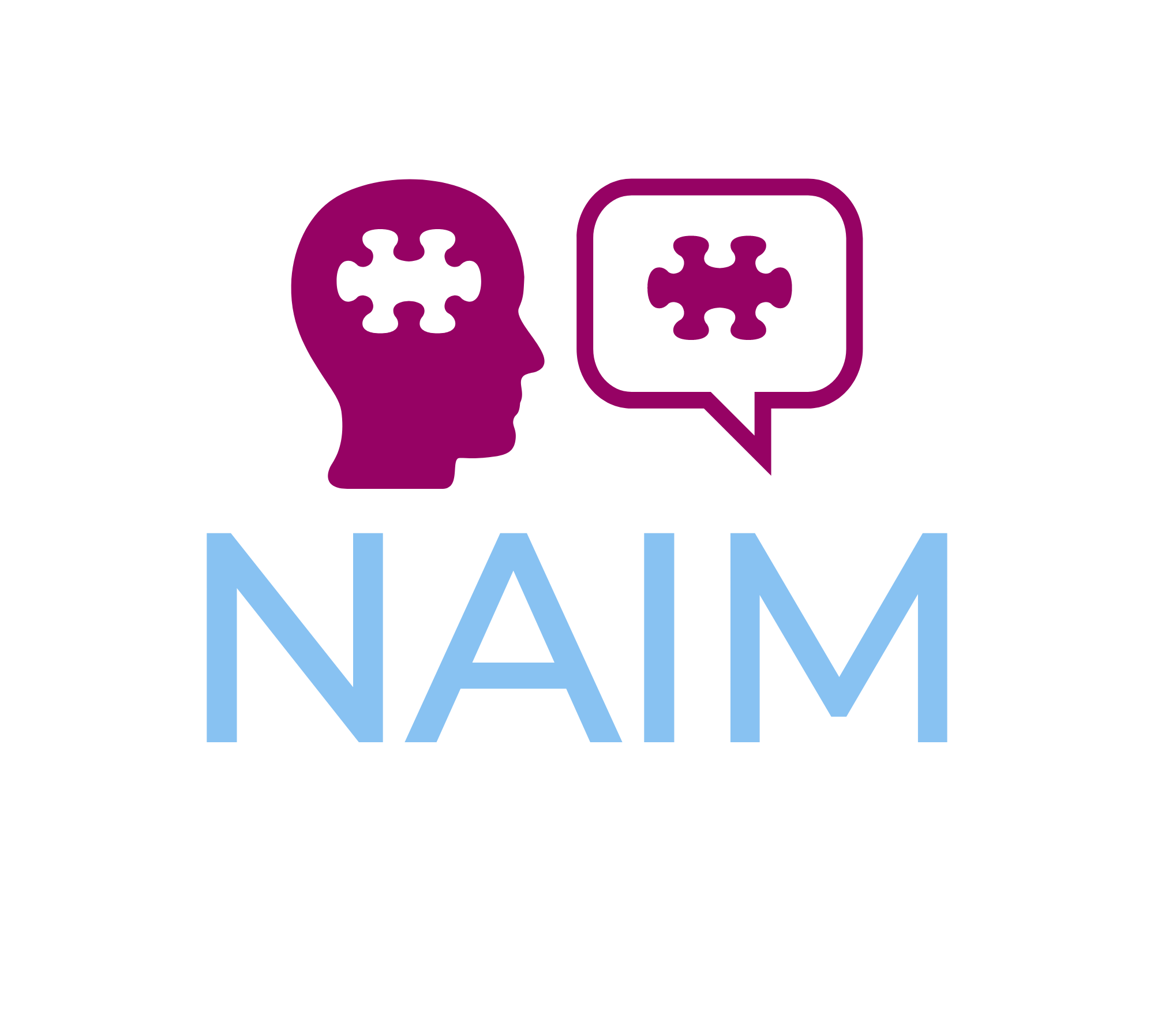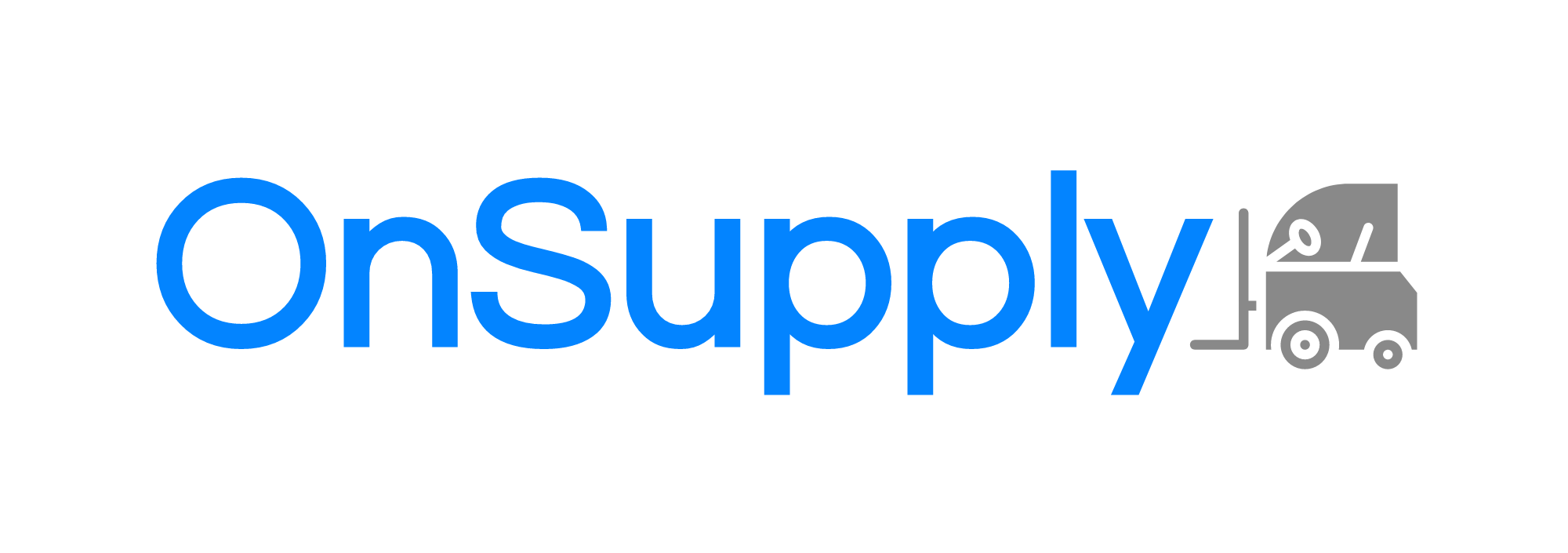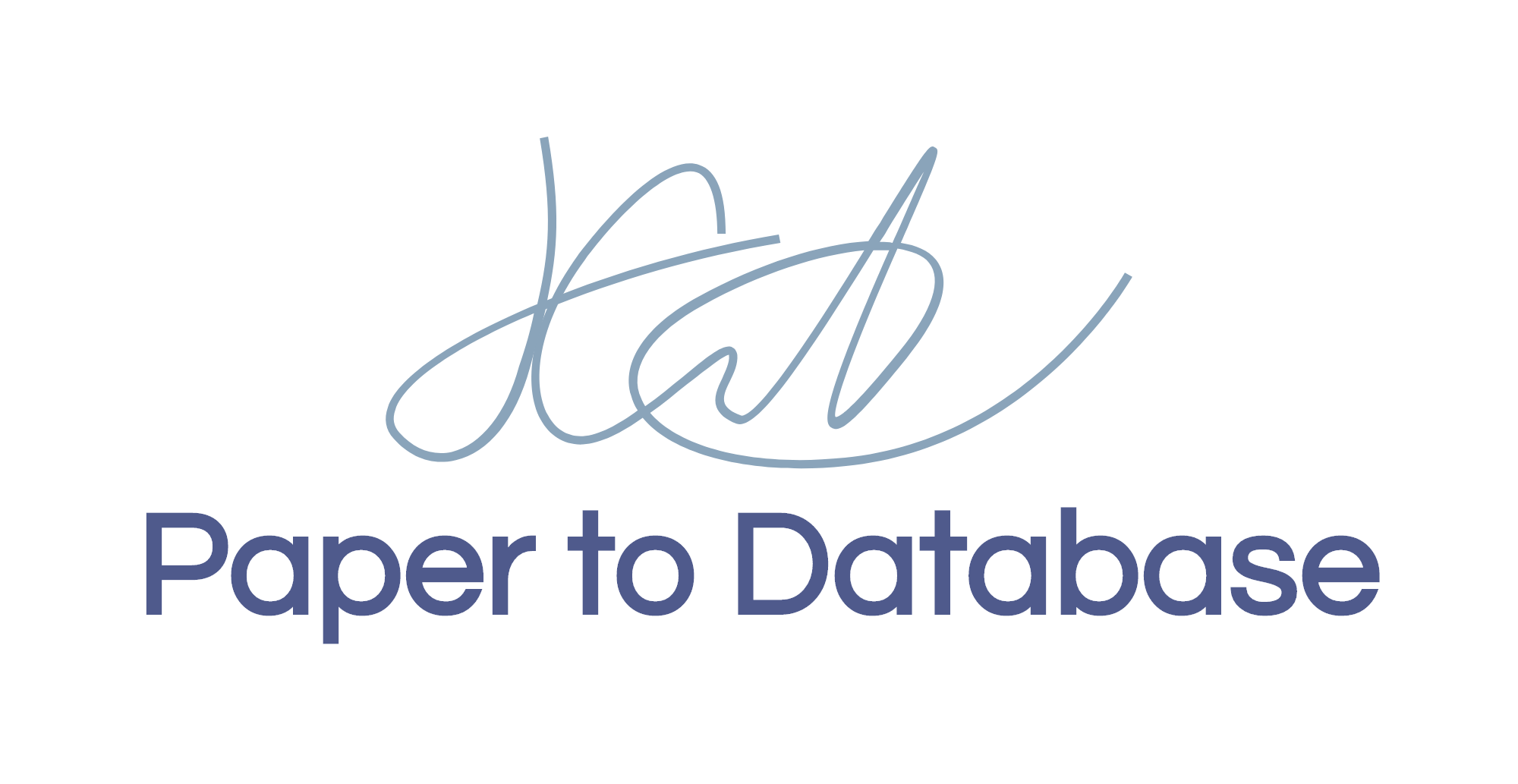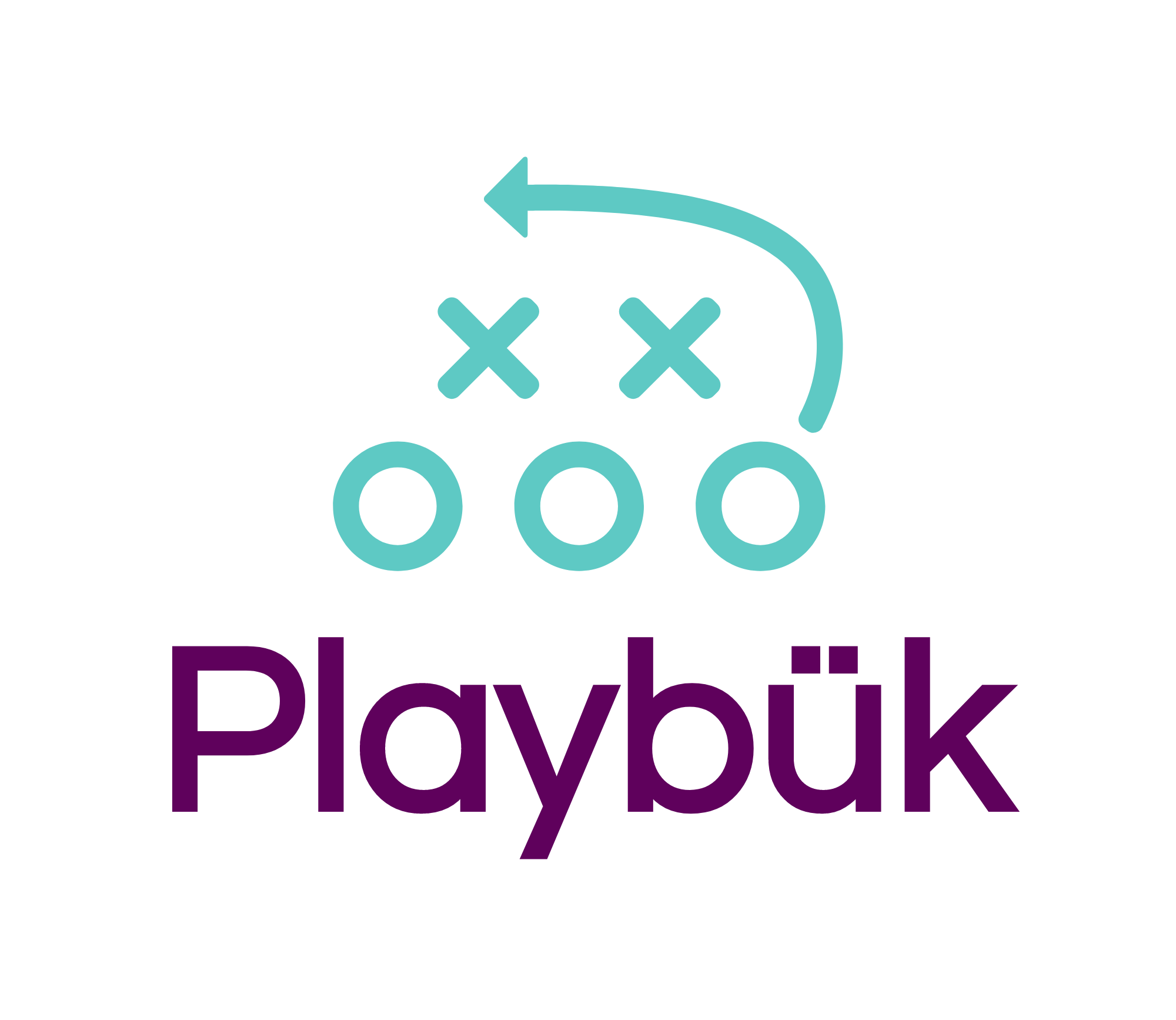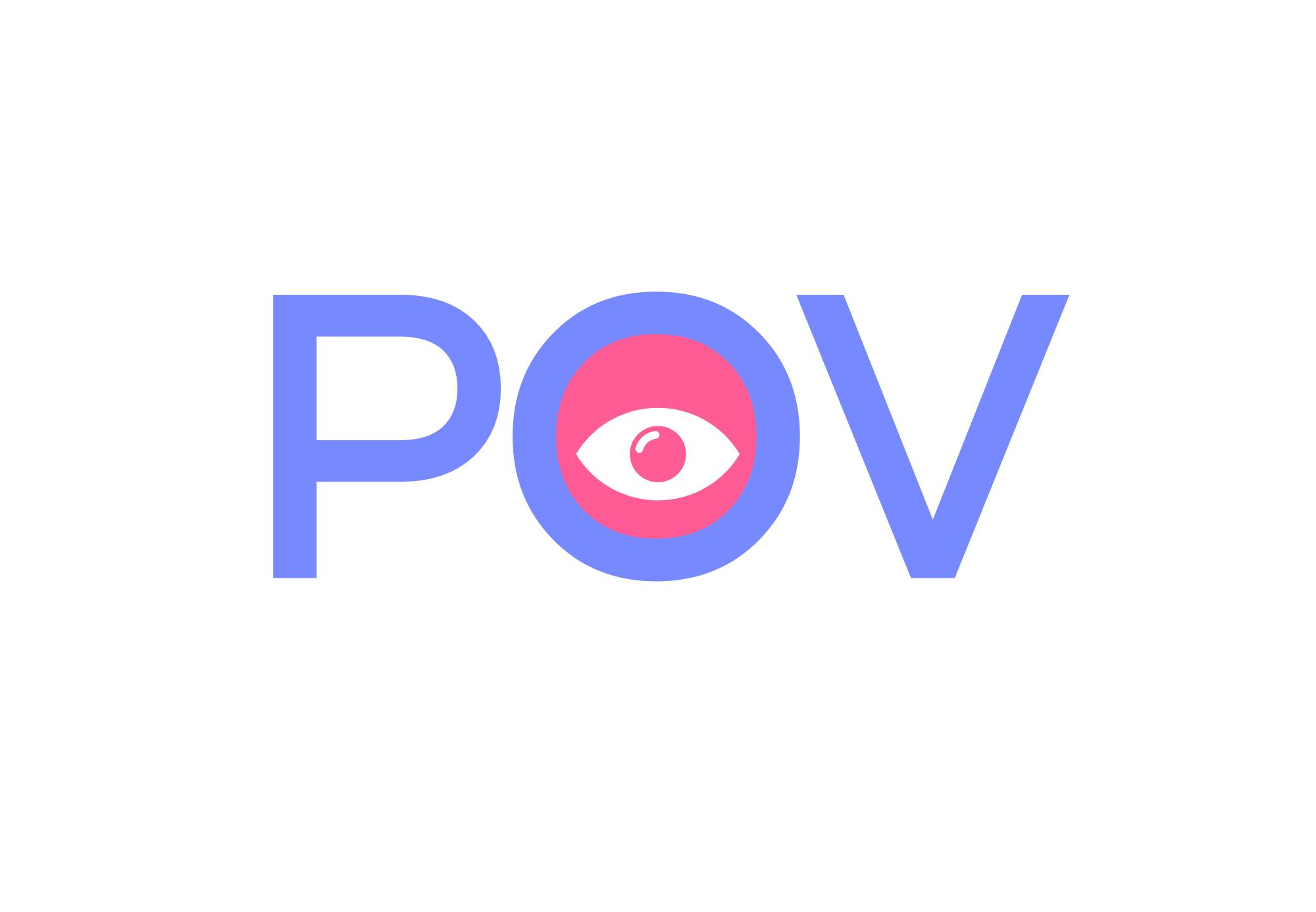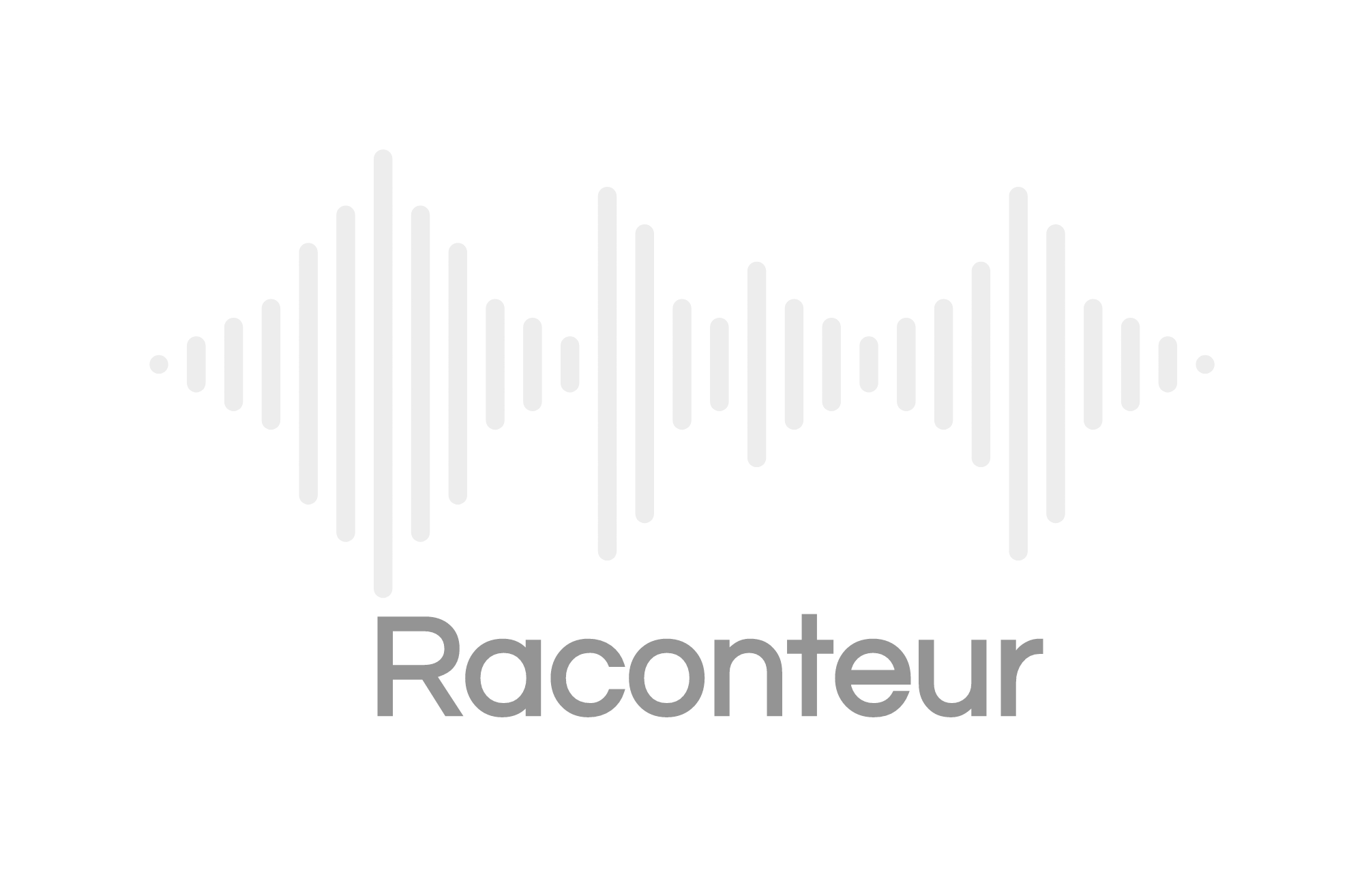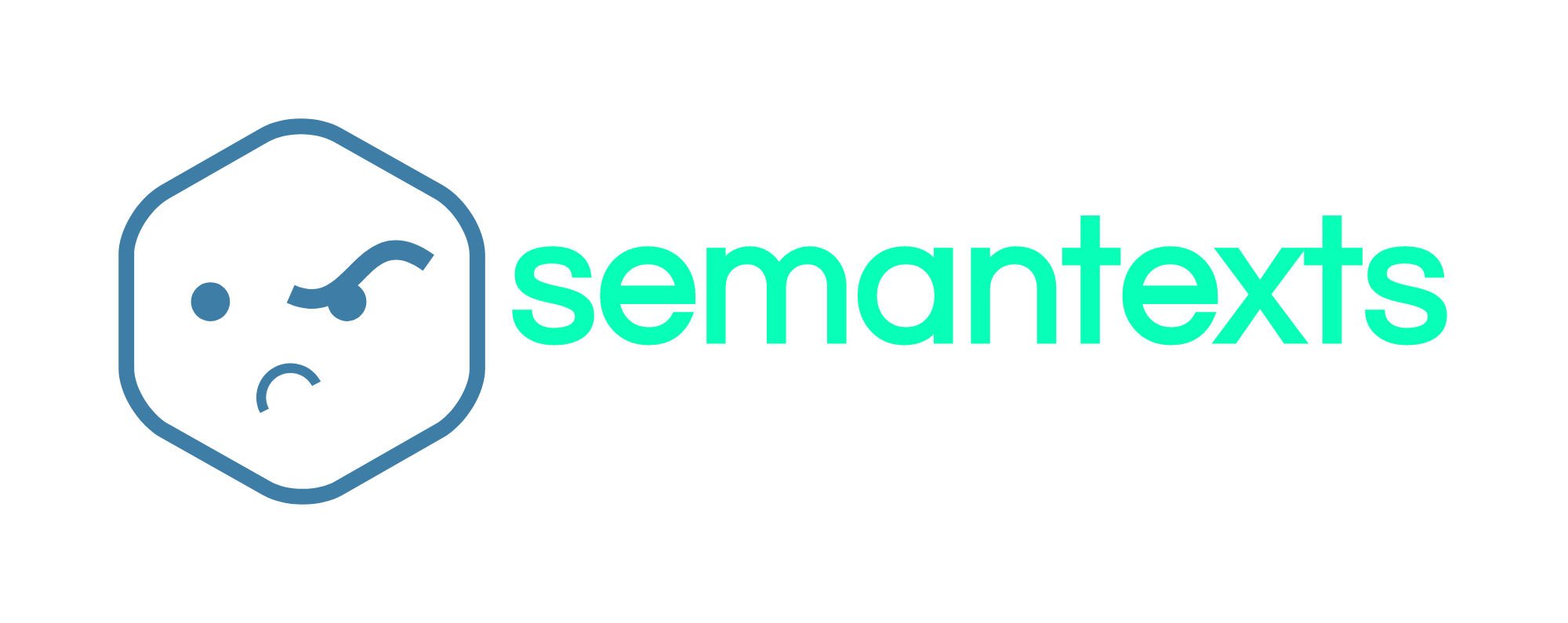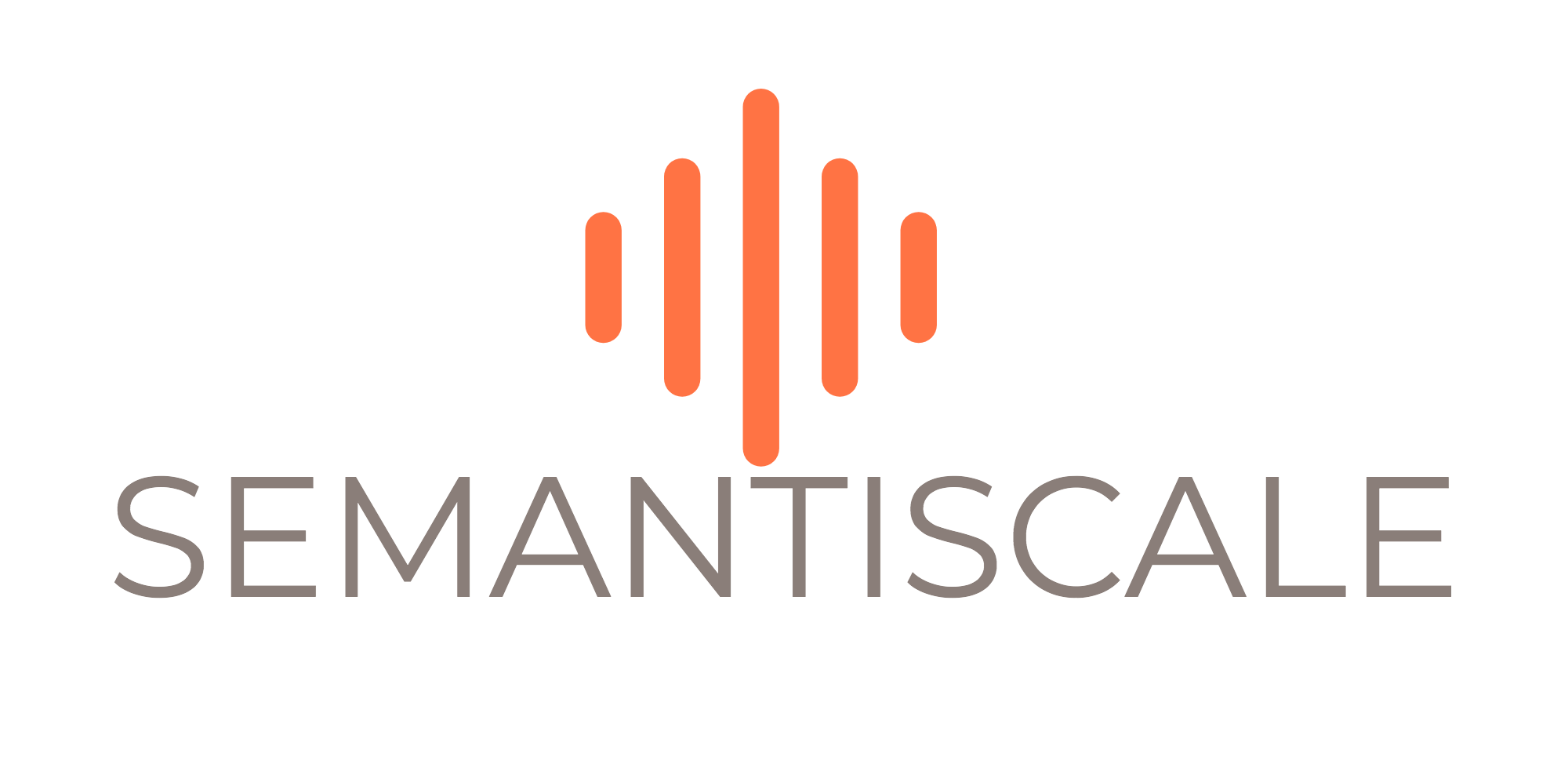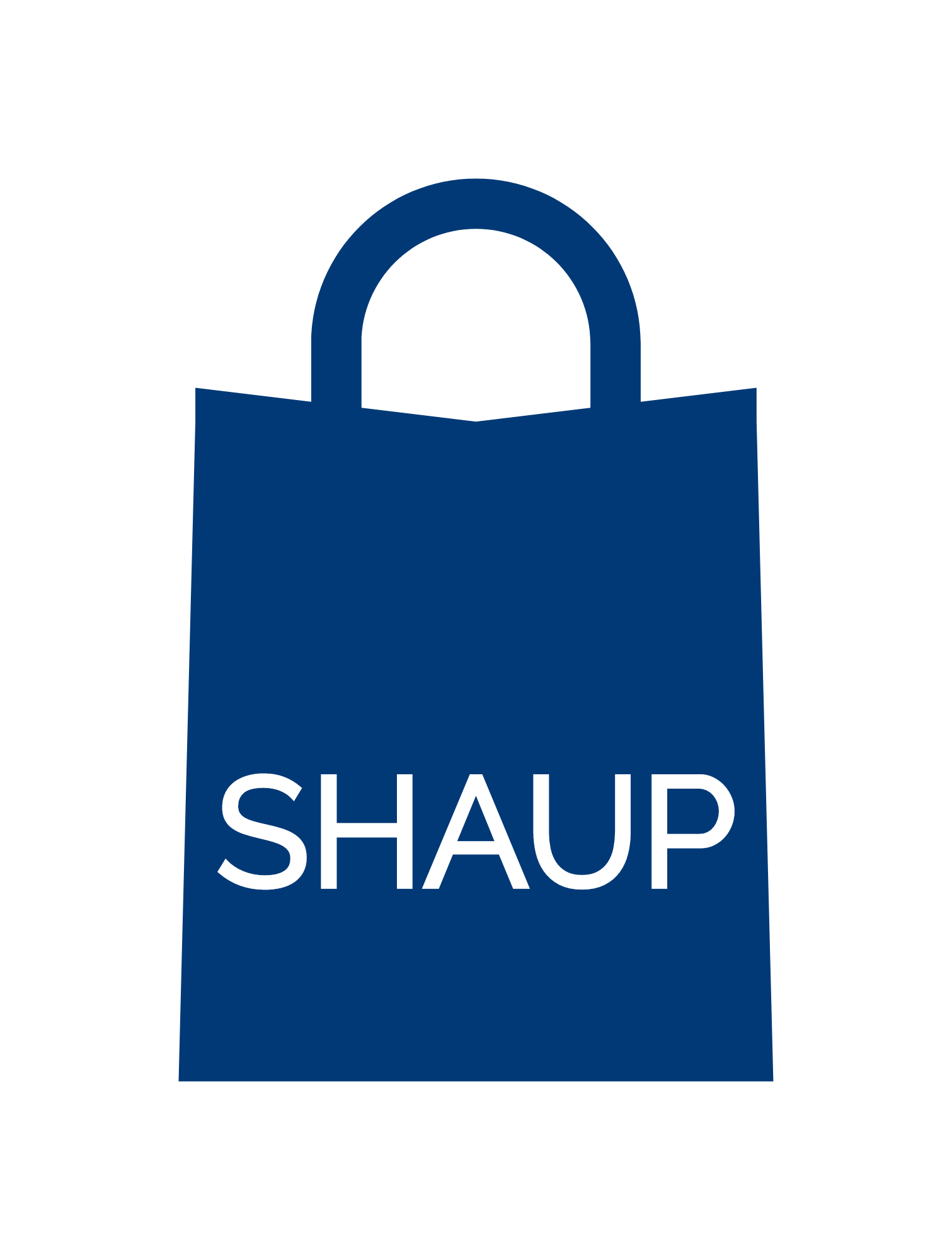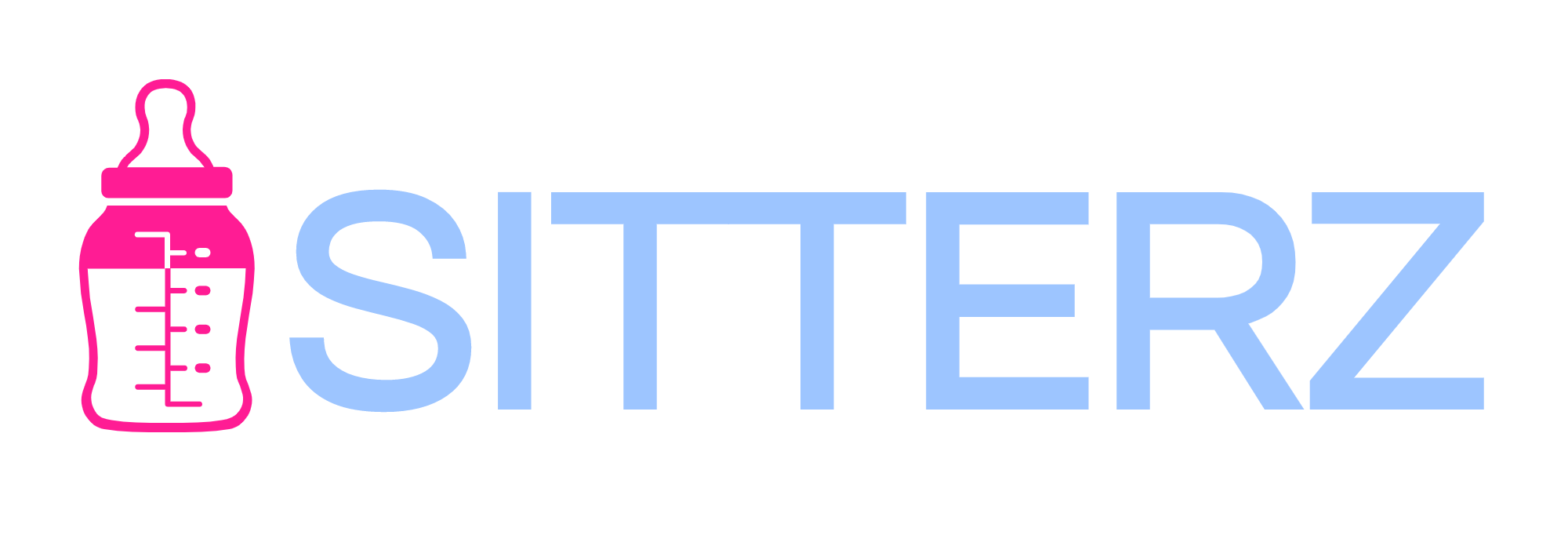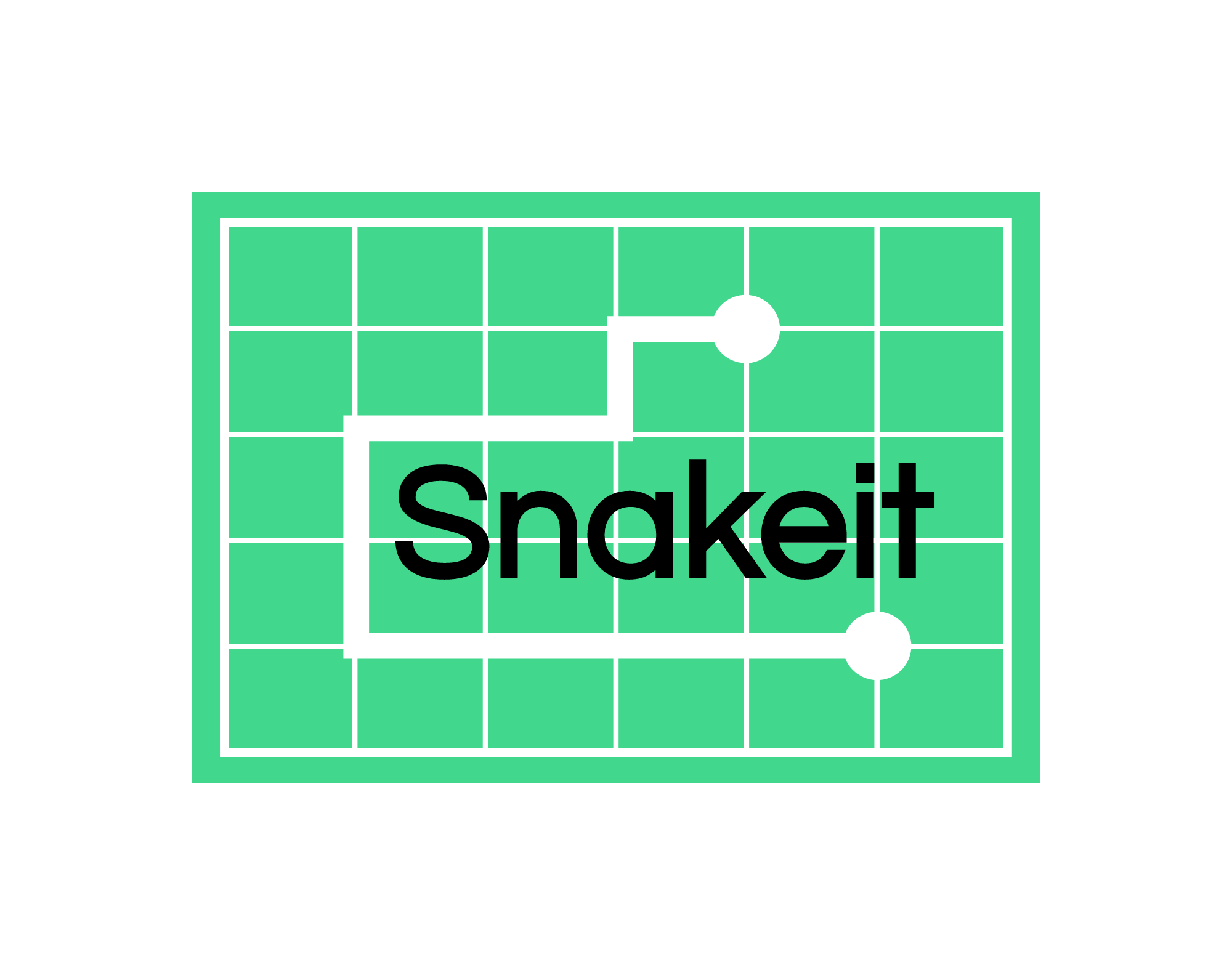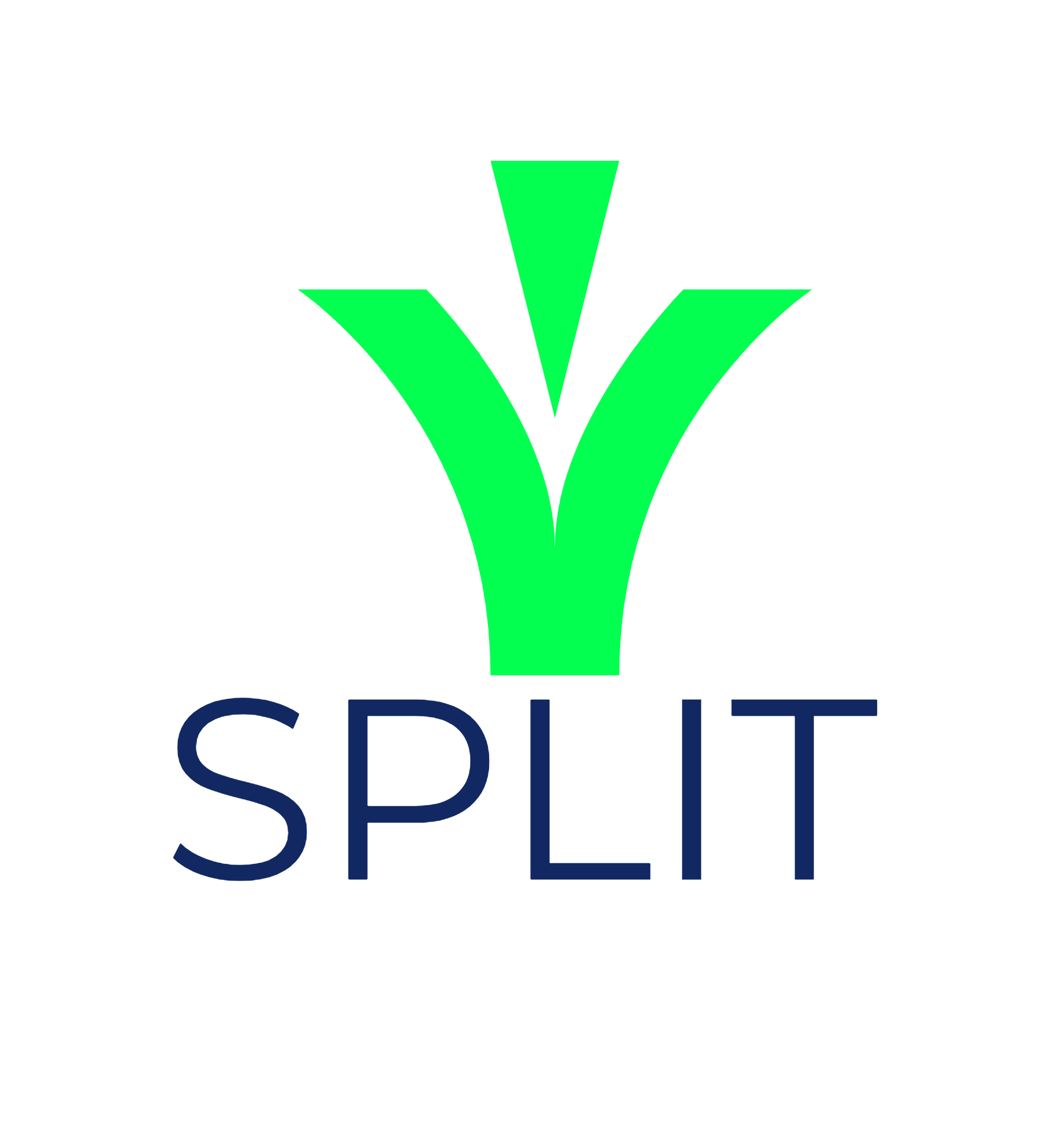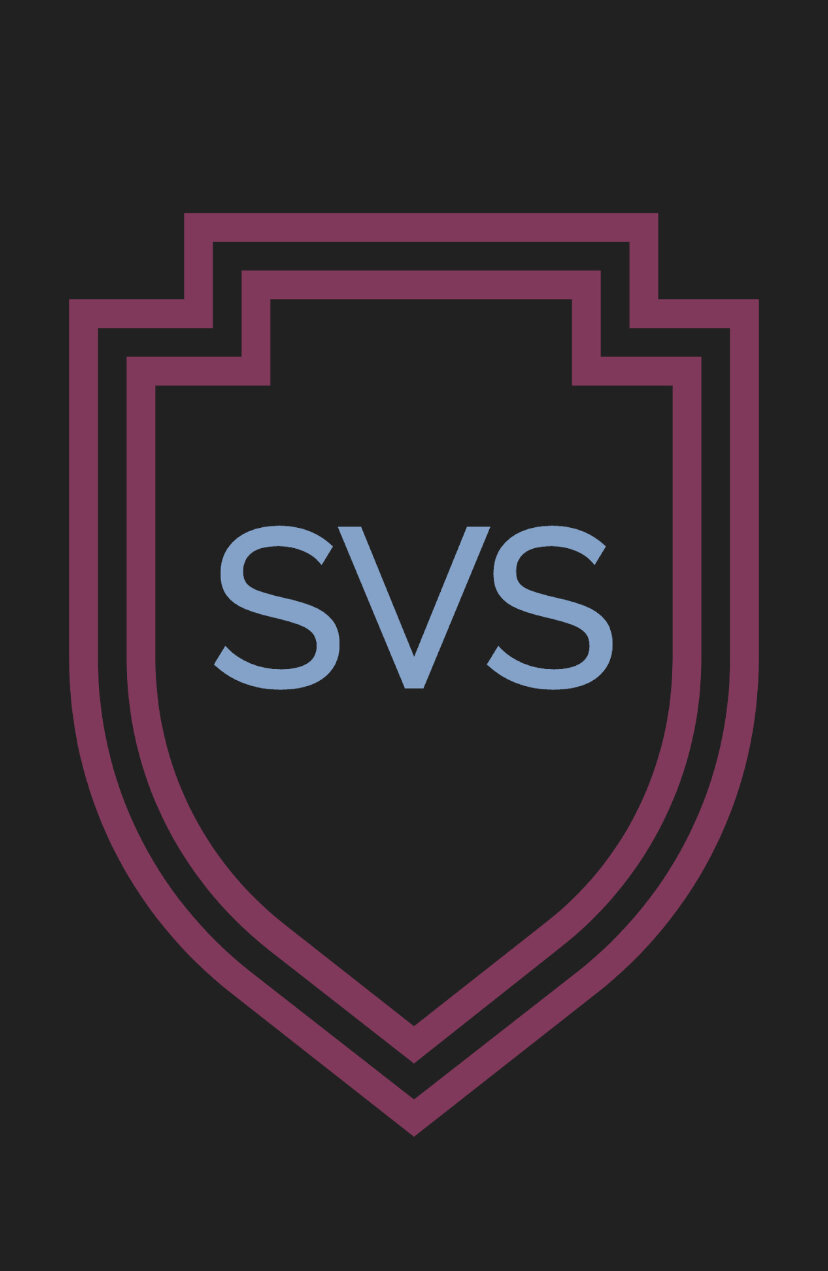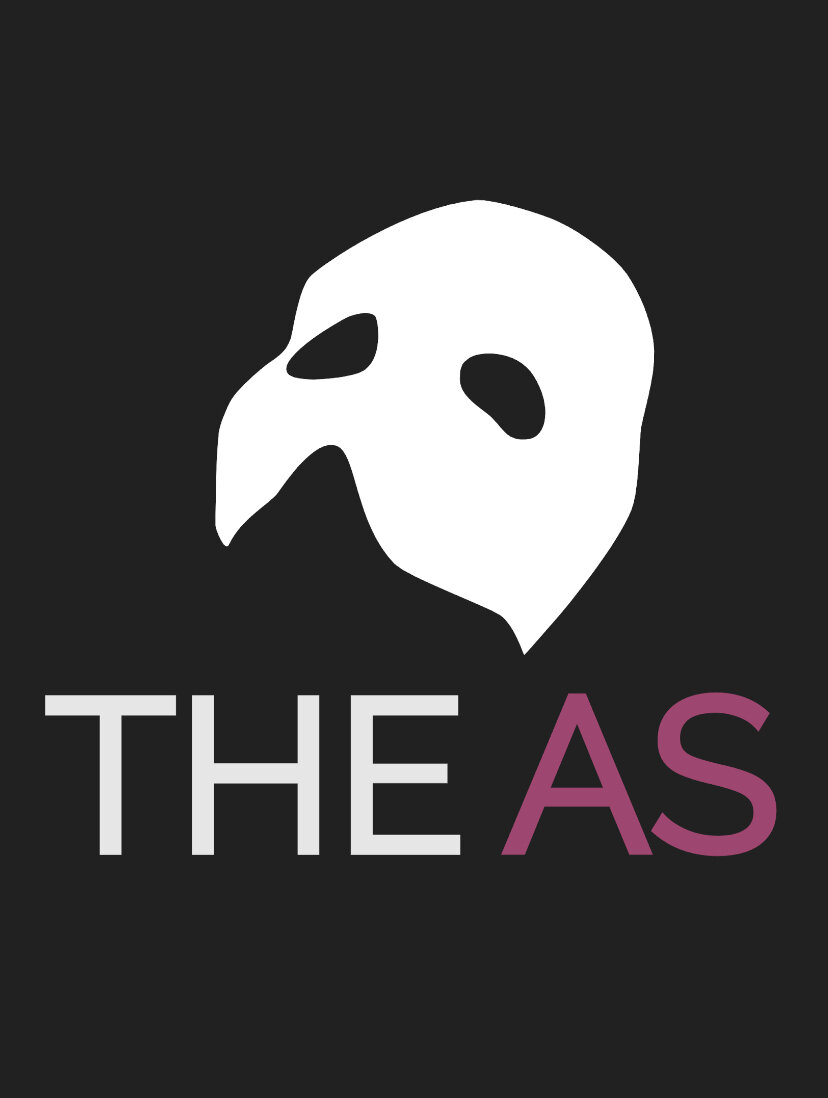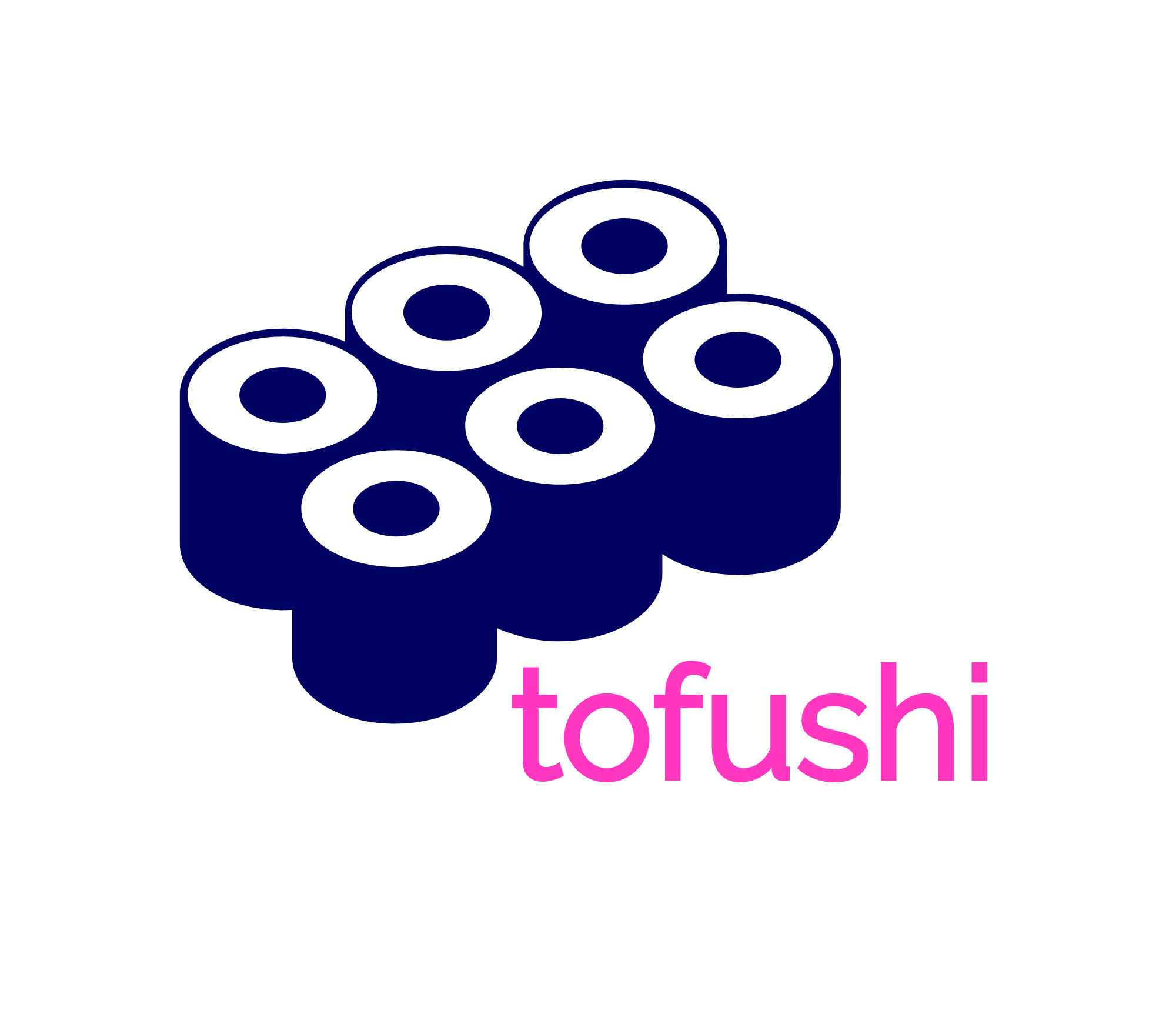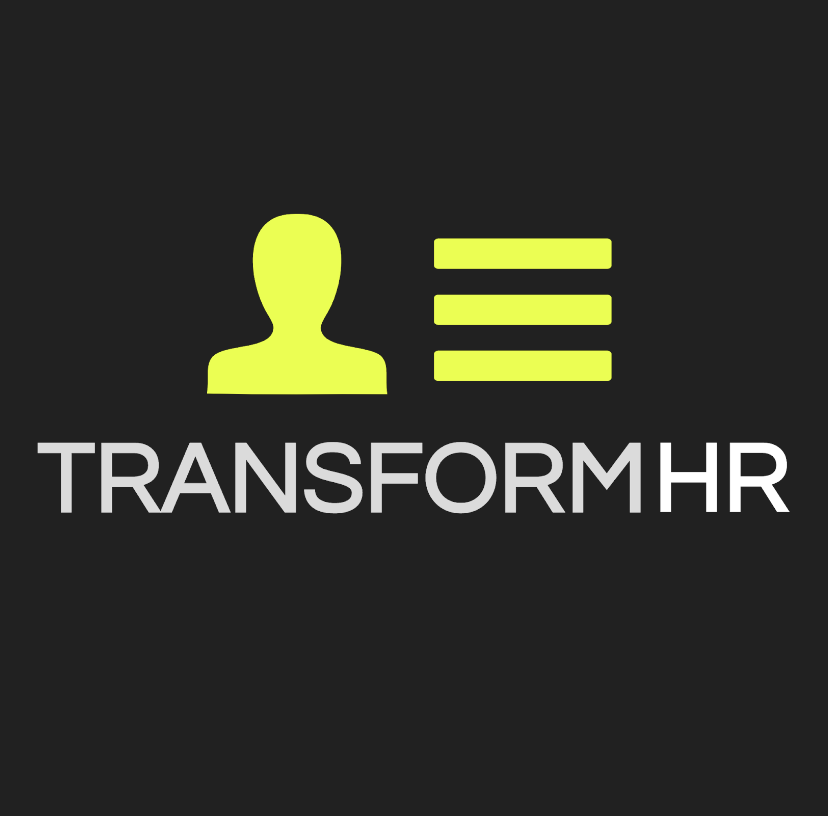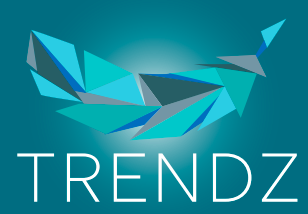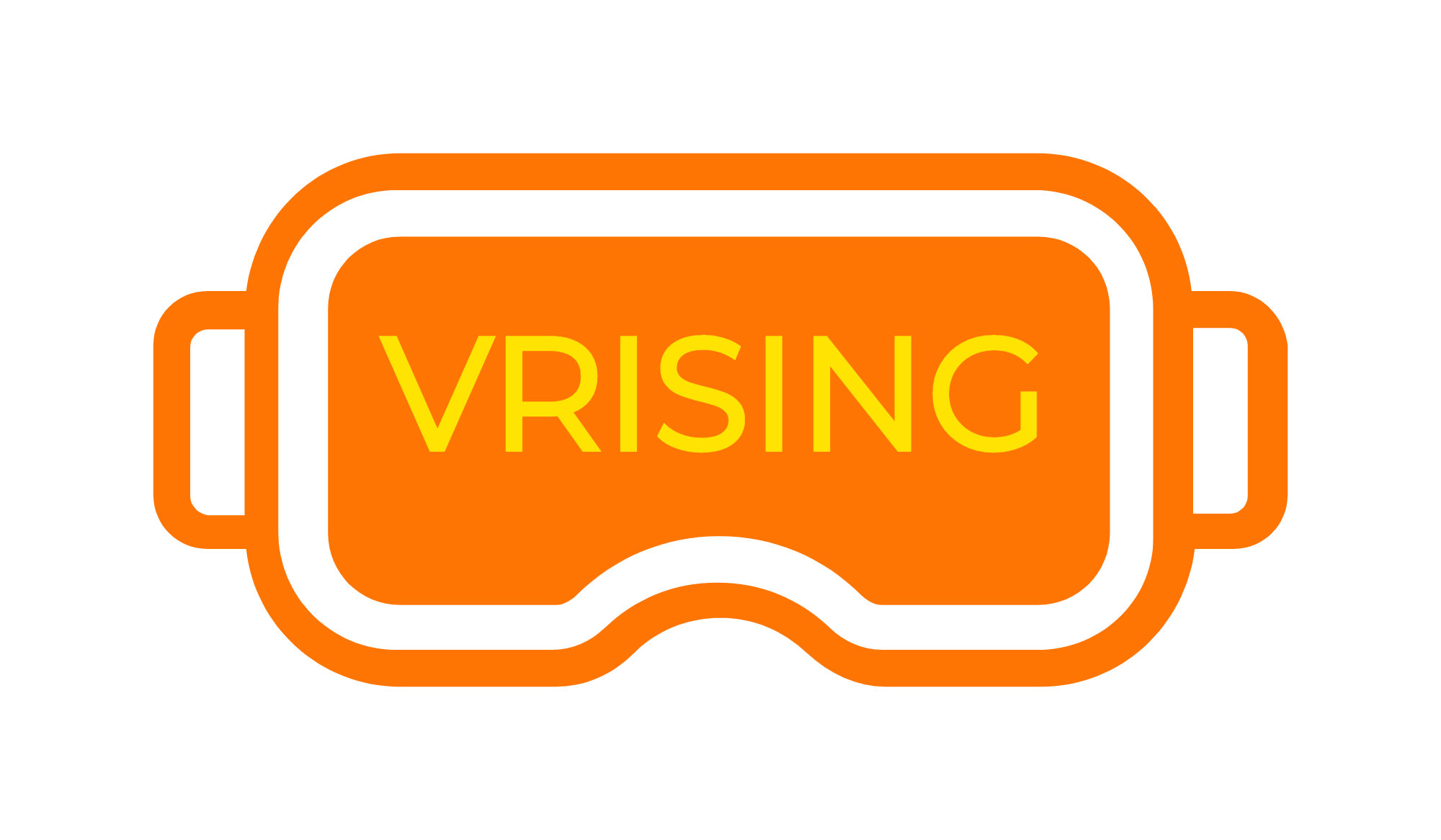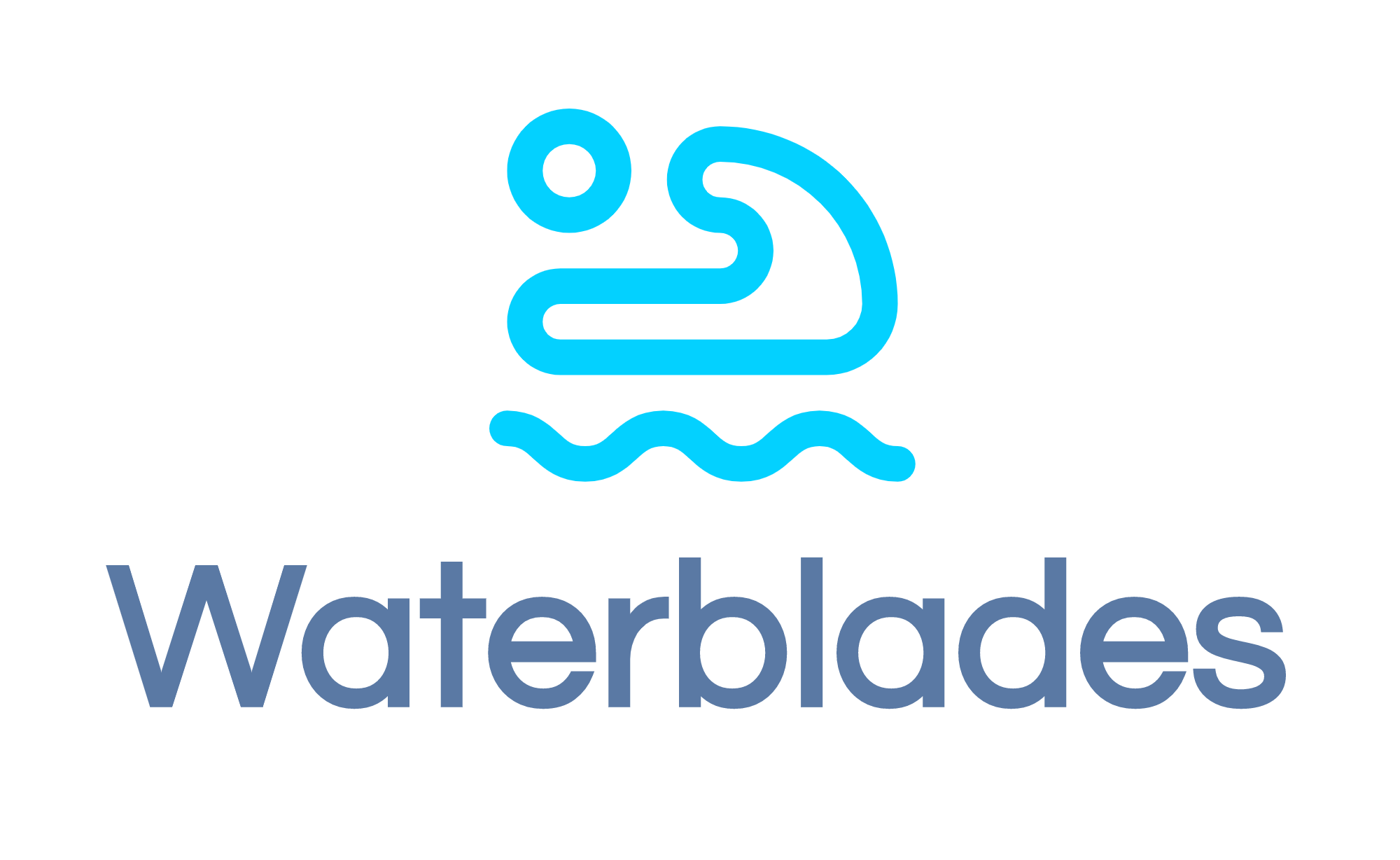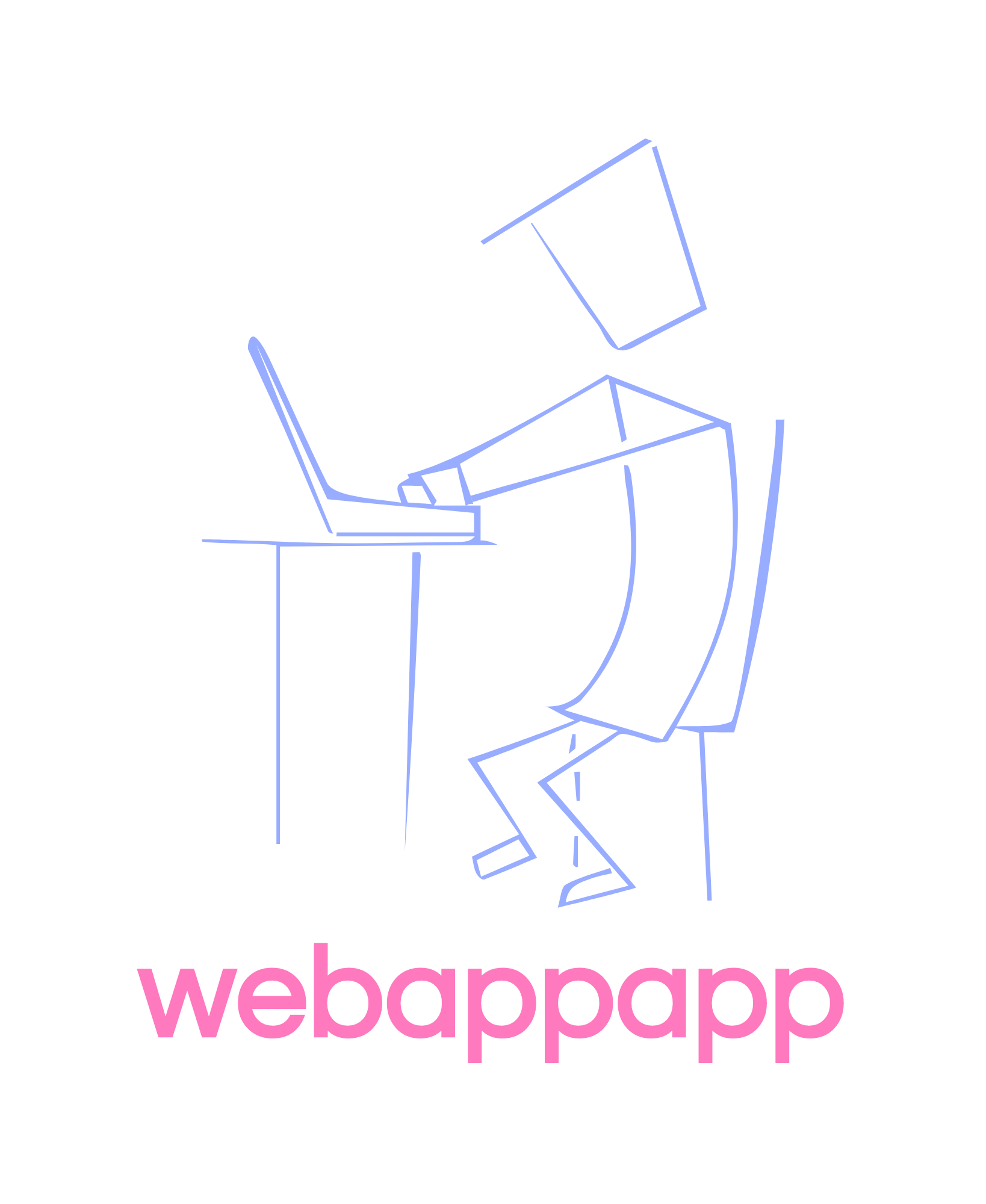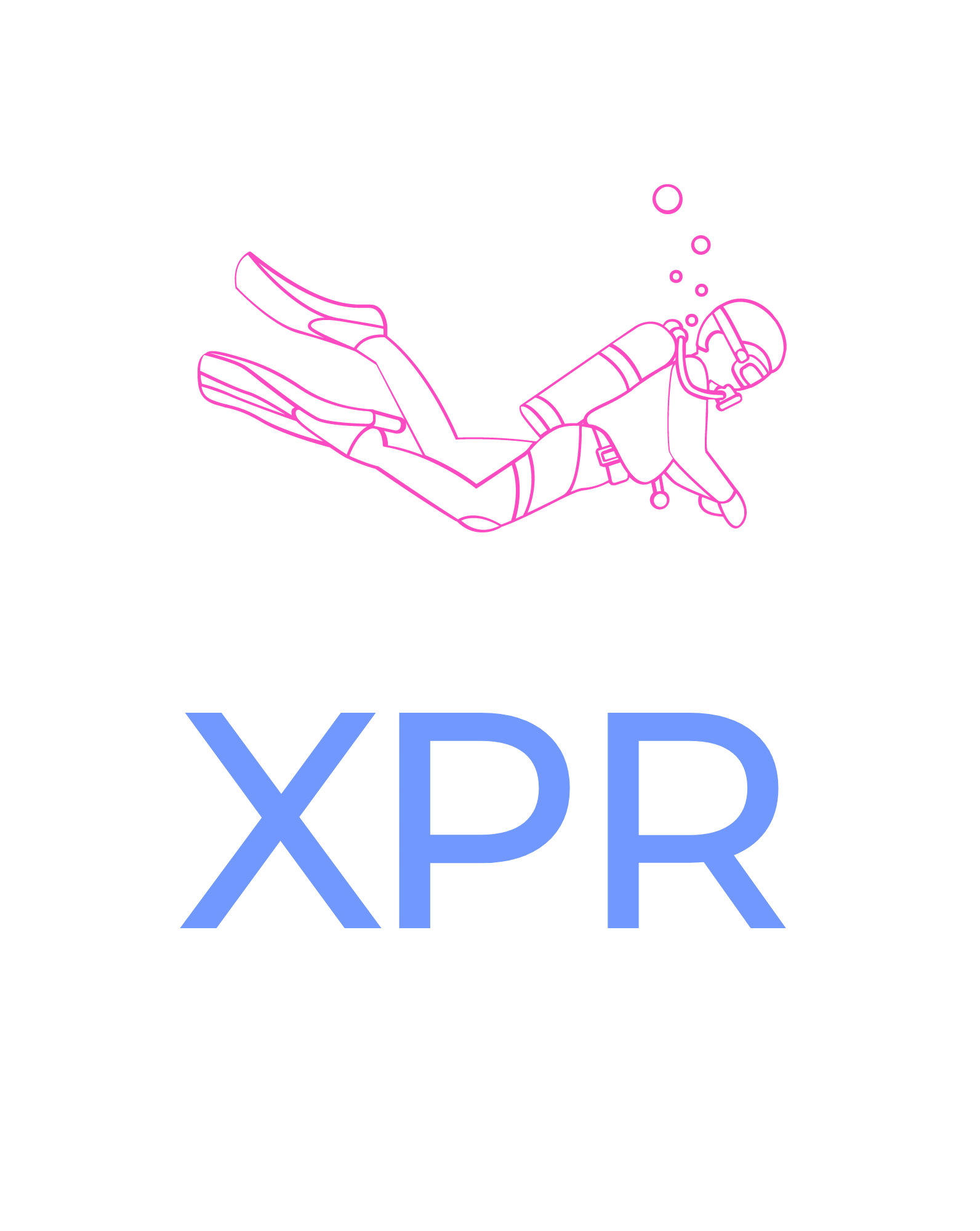STEALTH PROJECTS
BY POSITION
3D Artist
AI-Enhanced 3D Modeling for Clean Energy and IoT Sectors:
This project immerses interns in the world of AI-driven 3D modeling, focusing on creating sophisticated designs for STEALTH’s initiatives in clean energy and IoT technology. Interns will be responsible for developing highly adaptive 3D models that simulate smart cities and sustainable environments, including clean energy installations, smart home devices, and IoT-enabled infrastructure. Working closely with AI specialists, interns will explore machine learning tools to enhance design precision, such as refining textures, lighting, and material properties, ensuring that each model is both realistic and functionally optimized for presentations and demonstrations. Additionally, interns will integrate interactive features into these models, allowing stakeholders to adjust environmental elements like lighting and energy use, simulating real-world scenarios. By the end of this project, interns will have cultivated an advanced understanding of AI-powered 3D modeling techniques, gaining invaluable experience in merging visual design with technical AI capabilities to support STEALTH’s innovations in clean technology.
Virtual Reality Visualizations of AI-Driven Environments:
In this immersive project, interns will develop VR simulations that illustrate the transformative impact of AI across various industries. The focus of the project is to create detailed virtual environments representing real-world applications of STEALTH’s AI solutions, including smart city infrastructure, eco-friendly workplaces, and connected healthcare spaces. Interns will engage in designing life-like VR settings complete with adjustable climate and lighting, giving users the ability to interact with the environment as they would in real life. These VR spaces will feature AI-powered elements, such as virtual assistants and sensor-driven devices, showcasing the role of AI in automating processes within these sectors. Throughout the project, interns will conduct user testing to ensure accessibility and engagement, continuously optimizing each VR environment based on feedback. This project offers extensive learning opportunities in VR integration, interactive design, and media engagement, providing interns with a hands-on experience that aligns with STEALTH’s educational and marketing goals.
Interactive 3D Animations for Marketing STEALTH’s AI Innovations:
This project invites interns to create dynamic 3D animations that visually articulate STEALTH’s complex AI solutions for marketing and educational outreach. The focus here is on producing visually engaging animations that make intricate AI concepts more accessible, such as workflows in machine learning, the processes of data analysis, or the connectivity in IoT systems. Interns will start by developing storyboards that map out key AI processes, enabling them to structure animations that walk viewers through each step in a clear, engaging manner. Using AI-enhanced animation tools, interns will add fluid interactivity, allowing viewers to control aspects of the animation and explore concepts at their own pace. To refine the effectiveness of these animations, interns will gather feedback from users, adjusting visuals and interactivity based on real-time reactions. Through this project, interns will hone their skills in visual storytelling and AI-driven animation, ultimately contributing impactful content to STEALTH’s marketing arsenal that elevates audience comprehension of AI technologies.
Account Executive
AI-Driven Lead Generation and Client Engagement Optimization:
This project enables interns to delve into the world of AI-driven sales by working on lead generation strategies that leverage AI-powered tools to streamline client prospecting. Interns will implement AI models that automate the process of identifying and qualifying potential leads, effectively narrowing down client lists based on factors like industry fit and engagement likelihood. Alongside lead generation, interns will explore AI-enhanced CRM platforms to assess client behavior and preferences, learning how predictive analytics can inform and personalize engagement strategies. Throughout this project, interns will work on developing client relationship management techniques that adapt to evolving client needs, ultimately helping them improve STEALTH’s client engagement and retention rates. This role provides interns with hands-on experience in utilizing AI for client analytics, offering practical insights into how data-driven approaches enhance customer relationship management and drive sales performance.
Sales Optimization Platform and Real-Time Performance Analytics:
Interns in this project will collaborate with AI specialists to develop a sales optimization platform that tracks and analyzes real-time sales data. This project emphasizes the integration of AI tools that compile and visualize sales metrics, providing the sales team with actionable insights into ongoing performance. Interns will engage in designing dashboards that pull data from multiple sources, creating a unified view that allows for immediate adjustments to sales tactics. Additionally, they will be involved in testing predictive algorithms that forecast sales trends and identify areas for potential growth, equipping the team with data-backed recommendations. By the conclusion of this project, interns will have gained practical experience in sales data analytics and platform integration, reinforcing their understanding of how real-time insights can drive strategic decision-making within STEALTH’s sales ecosystem.
Accounting Assistant
Automated Bookkeeping Systems for Streamlined Accounting Processes:
In this project, interns will focus on developing and implementing AI tools that automate core bookkeeping tasks, such as invoicing, expense tracking, and data entry. By integrating AI into day-to-day accounting processes, interns will learn how automation can reduce human error, improve efficiency, and ensure accurate, up-to-date financial records. They will work with machine learning algorithms that categorize and validate transaction data, allowing STEALTH’s accounting team to handle a higher volume of transactions with precision. This project not only enhances interns’ understanding of accounting automation but also provides valuable insights into how AI can transform traditional bookkeeping by creating a faster, more reliable system.
AI-Powered Financial Reporting for Real-Time Business Insights:
This project offers interns the opportunity to work on AI-driven financial reporting systems that generate real-time insights for STEALTH’s portfolio companies. Interns will be involved in implementing and fine-tuning tools that pull financial data from various sources, compile it into coherent reports, and visualize trends that aid decision-making. They will collaborate with finance teams to customize reporting features, making it easy to access metrics that align with business goals. By the end of this project, interns will have hands-on experience in leveraging AI for financial analysis and reporting, gaining an in-depth understanding of how real-time data empowers organizations to make timely, data-informed decisions.
Tax Compliance Automation for Efficient and Accurate Reporting:
In this project, interns will work on integrating AI tools that automate tax compliance for STEALTH’s startups, ensuring that reporting is accurate, timely, and in line with relevant regulations. They will help design and implement algorithms that identify and categorize transactions according to tax rules, reducing the manual burden on the accounting team. By working on automated systems that track compliance across jurisdictions, interns will gain practical experience in regulatory accounting, learning how AI can improve accuracy in complex tax environments. This project also offers insight into the role of AI in financial compliance, showcasing its ability to adapt to changing tax laws and simplify the reporting process.
Accounting Intern
STEALTH’s Accounting Internship provides an opportunity to engage in sophisticated projects that leverage AI and automation, contributing to STEALTH’s mission of advancing technology and addressing global challenges. Interns will work on projects ranging from automated financial reporting to in-depth research on new financial domains, such as equity crowdfunding and NFTs.
Automated Financial Reporting and Data Visualization
Interns will develop an automated financial reporting system, designed to streamline the preparation of financial statements, using data visualization to present insights in a clear and actionable way. By creating dashboards, interns will track and analyze key metrics, optimizing reporting processes and providing STEALTH with data-driven insights.
Cost Analysis and Optimization
In this project, interns will conduct a detailed cost analysis to identify potential efficiencies across STEALTH’s operations. Interns will review financial data, propose cost-saving measures, and develop an optimization framework to enhance resource allocation. This hands-on experience demonstrates how accounting analytics can drive operational improvements.
Budgeting and Forecasting with Scenario Analysis
Interns will create budgeting tools that incorporate scenario analysis for strategic planning, allowing STEALTH to anticipate and prepare for varying economic conditions. This project offers practical experience in financial planning, showing how scenario-based models can support STEALTH’s adaptive business strategy.
AI-Enhanced Budgeting and Financial Forecasting Models
This project allows interns to build AI-driven forecasting models that enhance budgeting accuracy. Using historical data and real-time analytics, interns will design dynamic models to predict revenue, expenses, and cash flow. By collaborating with finance teams, interns will learn to implement scenario analysis features, allowing decision-makers to assess various economic conditions’ impact on budgeting outcomes. The project culminates in a presentation to STEALTH’s finance team, offering a full experience in AI-driven financial planning.
Tax Automation Models for Compliance and Efficiency
This project focuses on creating AI tools that streamline tax reporting and compliance. Interns will research tax requirements applicable to STEALTH’s diverse portfolio and develop algorithms that automate tax calculations across jurisdictions. By testing and refining these tools for accuracy, interns gain valuable experience in AI-enhanced compliance, supporting accurate and efficient tax operations for STEALTH’s portfolio companies.
Equity Crowdfunding Research for Round Z
Interns will conduct comprehensive research on the accounting practices and compliance requirements for equity crowdfunding, tailored to Round Z’s unique business model. The project will cover legal and regulatory frameworks, financial reporting implications, and risk management strategies. Interns will deliver a report summarizing best practices and recommendations, allowing them to understand the nuances of accounting in equity crowdfunding.
NFT Accounting for Protagonist Art
Focusing on Protagonist Art’s NFT transactions, this project involves researching accounting standards, valuation methodologies, and tax implications for NFTs. Interns will analyze case studies, explore best practices for NFT reporting, and examine challenges like market volatility and ethical considerations. This project provides experience in a cutting-edge area of finance, showcasing how accounting practices adapt to emerging digital assets.
Compliance and Internal Controls
Interns will review and enhance STEALTH’s internal control processes, ensuring compliance and identifying areas for improvement in accounts payable and receivable workflows. By optimizing these workflows, interns help improve accuracy and efficiency in financial operations.
These diverse projects provide STEALTH accounting interns with practical experience in financial analysis, automation, compliance, and new financial domains. Each project allows interns to make meaningful contributions, gaining skills that directly support STEALTH’s commitment to leveraging AI and finance to address global challenges.
Actuary Intern
AI-Based Financial Risk Assessment Models for Startups:
This project invites interns to apply their actuarial skills to developing AI-based risk models that predict potential financial risks for STEALTH’s startups. Interns will focus on building predictive algorithms that assess risk by analyzing historical financial data, economic trends, and sector-specific variables. Through close collaboration with data scientists, interns will enhance these models with machine learning techniques to improve accuracy and adaptability. As part of the project, interns will create visual representations of risk factors, providing clear insights for portfolio management. This experience equips interns with critical skills in risk assessment, combining actuarial principles with the latest AI technology to support data-informed investment decisions.
Insurance Analytics for AI-Driven Business Ventures:
In this project, interns will use machine learning tools to develop predictive models that assess insurance risks associated with STEALTH’s AI ventures. Interns will conduct analyses to identify common risk patterns and potential liabilities specific to tech-driven startups, refining their models to account for variables such as innovation timelines and market volatility. The project involves generating reports that provide STEALTH’s insurance team with valuable insights for policy adjustments and risk mitigation. By the end of this experience, interns will have developed a solid foundation in insurance analytics, learning how to apply AI to create responsive, data-driven insurance strategies for AI-focused industries.
Administrative Intern
Automated Task Management for Efficiency in Daily Operations:
In this project, interns will be responsible for implementing AI tools that streamline routine administrative tasks, such as scheduling, reporting, and communication. By leveraging automation software, interns will develop workflows that manage time-sensitive tasks autonomously, reducing manual workload and enhancing operational efficiency. They’ll work closely with the HR and operations teams to ensure these tools integrate seamlessly into existing systems. Through hands-on experience with task automation, interns will gain insights into how AI-driven solutions can transform administrative roles and support streamlined business processes at STEALTH.
HR Process Automation to Improve Onboarding and Payroll Systems:
This project allows interns to explore the application of AI in human resources by developing automation tools that simplify recruitment, onboarding, and payroll processes. Interns will help create workflows that automate candidate screening and document management, ensuring smoother transitions for new hires. They will also work on payroll optimization, implementing automated systems that handle employee compensation and compliance checks. This project provides interns with valuable exposure to HR technology, equipping them with skills to implement AI in a professional setting to support personnel management and efficiency.
Advertising Intern
AI-Enhanced Ad Campaign Strategies for Market Optimization:
This project enables interns to develop targeted advertising strategies using AI tools that analyze real-time market data, identifying key trends and user preferences to enhance campaign effectiveness. Interns will explore AI-driven algorithms that segment audiences and optimize content placement, refining ad campaigns for higher engagement rates. As they build data models, interns will also create reporting frameworks to monitor ad performance, using insights to make recommendations on future strategies. Through this project, interns gain a strong foundation in AI-enhanced advertising, learning how data-driven personalization can transform digital marketing.
Sentiment Analysis for Real-Time Ad Campaign Monitoring:
In this project, interns will utilize AI-powered sentiment analysis tools to assess the effectiveness of ad campaigns by analyzing audience feedback from social media and online platforms. By tracking customer responses in real-time, interns will be able to gauge public perception of STEALTH’s campaigns and make adjustments as needed. This process involves learning how to interpret AI-generated sentiment reports and use them to refine content strategy, ensuring that ads resonate with the target demographic. The project offers interns valuable experience in sentiment analysis and its role in adaptive, audience-centered advertising strategies.
AI Audio / Machine Learning Engineer Intern
Emotion and Intent Detection from Human Speech
Interns develop deep learning models that analyze speech signals to detect emotion, stress, and communicative intent. Work includes feature extraction from raw audio, model training across multilingual datasets, bias testing, and performance evaluation in noisy real-world conditions. Deliverables include trained models, evaluation reports, and interpretability visualizations.
Generative Audio Systems for Human–AI Interaction
Interns build generative audio models capable of producing adaptive voices, soundscapes, or feedback systems for AI assistants and immersive environments. The project emphasizes realism, controllability, ethical safeguards, and responsible deployment of synthetic audio.
Explainable Audio Intelligence
Interns design explainability layers that reveal how models interpret pitch, cadence, and spectral features. Outputs include dashboards that visually trace prediction logic, supporting transparency and auditability in AI-driven audio systems.
AI Creative Design Intern
Human–AI Co-Creation Frameworks
Interns prototype creative workflows where AI assists ideation while humans retain authorship. Projects include prompt engineering, constraint-based generation, and evaluation of originality, coherence, and creative control.
AI-Driven Campaign Concept Development
Interns translate AI insights into full creative concepts, including visual direction, narrative structure, and interactive elements aligned with STEALTH’s brand and future-facing themes.
Ethical Creative AI Research
Interns assess bias, ownership, and originality risks in generative design systems and produce responsible-use guidelines for creative AI tools.
AI Graphic Intern
AI-Generated Visual Identity Systems
Interns design adaptive visual systems that maintain brand consistency while dynamically generating layouts, typography, and color variations across platforms.
Accessibility-Aware Graphic Optimization
Interns develop AI-assisted tools that evaluate contrast, readability, and accessibility compliance, refining designs for inclusive user experiences.
Performance-Driven Design Iteration
Interns analyze engagement data to retrain AI models that continuously improve visual asset performance based on real user behavior.
AI Graphics Engineer Intern
Neural Rendering and Real-Time Optimization
Interns integrate machine learning into rendering pipelines to enhance realism while reducing computational load.
AI-Driven Simulation Graphics
Interns build visualization systems for complex simulations such as energy networks, financial systems, or AI model behavior using GPU-accelerated graphics.
Adaptive Visual Engines
Interns design graphics systems that respond dynamically to user interaction or real-time data inputs.
AI Intern
Natural Language Processing (NLP) for Enhanced Chatbot Interactions:
This project immerses interns in the world of NLP by tasking them with building conversational models for AI-powered chatbots used across STEALTH’s portfolio. Interns will begin by researching language processing algorithms, then apply them to create chatbots capable of understanding and responding to customer inquiries with accuracy. Through model training, interns will refine these chatbots to recognize industry-specific terminology, ensuring a high-quality user experience. This project provides hands-on experience in NLP and machine learning, preparing interns for future roles in AI application development.
Predictive Analytics for Strategic Business Decision-Making:
In this project, interns will work on developing predictive models that analyze market trends, customer behavior, and business performance to optimize decision-making processes. By applying machine learning to historical data, interns will build algorithms that anticipate market shifts, guiding STEALTH’s strategic planning. This project helps interns understand the value of predictive analytics in business strategy, offering a chance to contribute directly to STEALTH’s operational effectiveness. By project’s end, interns will have gained proficiency in using data science for practical business applications, positioning them as valuable contributors to data-driven decision-making.
Animation Intern
AI-Powered Learning Modules for Interactive Education:
This project gives interns the opportunity to create animated educational content that explains AI concepts in an accessible format for STEALTH’s e-learning platforms. Interns will design animations that incorporate AI-driven personalization, allowing users to engage with the material at their own pace. By working with multimedia and interactive storytelling techniques, interns will create content that effectively simplifies complex concepts. This project equips interns with skills in educational animation, combining creativity with technical know-how to produce impactful learning experiences.
Virtual Reality Simulations for Immersive AI Education:
This project focuses on developing VR simulations that educate users about AI-driven applications, such as autonomous vehicles, smart buildings, and robotics. Interns will create interactive VR scenarios that mimic real-world AI environments, providing a hands-on learning experience. They will work on designing immersive elements, such as interactive objects and feedback systems, that respond to user actions within the virtual space. This project exposes interns to the growing field of VR in education, enhancing their understanding of how AI and immersive technologies can collaborate to deliver high-impact learning solutions.
Applied Psychology Analysis Intern
At STEALTH, Applied Psychology Interns play a key role in improving user interaction, mental wellness, and ethical AI use. In one project, interns will conduct behavioral UX studies using psychological nudging techniques to guide user actions on digital platforms. Another initiative involves analyzing wellness app data to develop personalized intervention strategies for mental health. Additionally, interns will assess AI-generated outputs for signs of cognitive or cultural bias, creating reports that feed into STEALTH’s responsible AI efforts. These projects bridge behavioral science, UX design, and AI ethics.
Architecture Design Intern
AI-Supported Smart Building and Sustainable Infrastructure Design:
This project allows interns to apply their architectural skills to the design of smart buildings, focusing on sustainable infrastructure that integrates AI to manage energy, lighting, and security systems. Interns will explore AI tools that simulate energy consumption and environmental impact, using these insights to refine building layouts and optimize for sustainability. They will also design models that demonstrate how IoT devices enhance building functionality. By project’s end, interns will have a unique blend of experience in architecture and AI, positioning them for future work in sustainable and smart building design.
AI-Powered Urban Planning for Future City Models:
In this project, interns will design urban layouts that incorporate AI-driven infrastructure, such as traffic management systems and energy-efficient public spaces. They will create urban simulations that visualize how AI solutions contribute to sustainability, accessibility, and efficiency within city environments. Through collaboration with urban planners and data scientists, interns will refine their models based on environmental and social impact assessments. This project provides an advanced understanding of AI in urban planning, offering interns hands-on experience in designing cities that align with future sustainability goals.
Art Gallery Intern
AI for Curated Art Recommendations and Audience Engagement:
This project involves developing AI-driven tools that curate personalized art recommendations based on customer preferences and purchasing history. Interns will work on training machine learning models that analyze user data to suggest pieces that align with individual tastes, enhancing visitor engagement. They will also create dashboards to track audience interactions with art pieces, using this data to refine the recommendation algorithms. By the project’s completion, interns will understand how AI can enhance art curation, applying data science to the cultural sector.
Virtual NFT Showroom Design for Digital Art Engagement:
In this project, interns will design a virtual showroom where NFTs created by STEALTH’s art startups are showcased. This digital space will include AI-powered features that allow viewers to interact with NFT artwork, such as immersive viewing options and personalized recommendations. Interns will collaborate with artists to ensure that the digital presentation aligns with their creative vision while enhancing audience experience. This project offers interns a unique opportunity to explore the intersection of art and technology, gaining skills in digital curation and AI-driven engagement strategies for NFTs.
Art Gallery PR Intern
AI-Powered Press Outreach for Targeted Media Engagement:
This project allows interns to develop AI-driven public relations strategies that optimize press outreach by targeting media outlets based on audience data and engagement metrics. Interns will work on creating algorithms that analyze the reach and relevance of various media channels, identifying the best outlets for STEALTH’s art-related press releases. By utilizing AI to assess factors such as audience demographics, content engagement, and media alignment with STEALTH’s artistic initiatives, interns will craft outreach plans that are both efficient and impactful. This project provides hands-on experience in AI-enhanced PR strategy, giving interns practical insights into how data can guide media targeting to increase visibility and audience connection.
Influencer Partnerships Using AI for Strategic Collaborations in the Art World:
In this project, interns will harness AI tools to identify influential figures in the art world who align with STEALTH’s brand and artistic vision. By analyzing data across social platforms, blogs, and media channels, interns will create profiles of key influencers and assess their potential impact on STEALTH’s outreach efforts. This includes identifying engagement patterns, audience overlap, and content relevance to curate a list of influencers suitable for partnership opportunities. Through this experience, interns will gain a deeper understanding of AI’s role in relationship-building, learning how data-driven insights can facilitate meaningful and strategic collaborations in the art sector.
Automated Media Tracking for Comprehensive PR Analysis:
This project involves implementing AI tools that monitor press coverage, social media mentions, and other forms of media impact in real-time. Interns will set up systems that track and categorize media coverage of STEALTH’s art-related events and initiatives, providing clear insights into public sentiment and engagement. Additionally, interns will analyze the gathered data to understand the effectiveness of various PR efforts, making recommendations for future media strategies based on the results. This project offers valuable experience in AI-powered media analytics, equipping interns with skills to interpret media trends and optimize PR campaigns based on real-time feedback.
Asset Management Intern
Risk and Volatility Analytics
Interns build exposure dashboards. Deliverables include risk reports.
ESG and Impact Scoring Models
Interns score investments on sustainability metrics. Outputs include ESG frameworks.
Asset Allocation Simulation
Interns test allocation strategies. Deliverables include simulation results.
Associate
AI-Driven Business Model Analysis for Portfolio Enhancement:
In this project, interns will utilize AI tools to conduct comprehensive analyses of business models for STEALTH’s portfolio companies, focusing on identifying potential improvements in revenue streams, operational efficiency, and scalability. By applying machine learning algorithms to business data, interns will assess the effectiveness of current models, uncover patterns in revenue and cost structures, and recommend adjustments that align with industry best practices. This project offers a unique opportunity to work directly with startup business frameworks, combining strategic thinking with AI analytics to enhance the performance and resilience of each company. Interns will gain invaluable experience in business model innovation, understanding how AI can drive sustainable growth and competitive advantage within STEALTH’s diverse portfolio.
Investment Strategy Optimization for Strategic Growth:
This project tasks interns with developing AI-enhanced tools that forecast market conditions and guide investment strategies, allowing STEALTH to make data-driven decisions on new startup investments. Interns will analyze historical financial data, market trends, and economic indicators to build predictive models that simulate various investment scenarios. Through this process, they will gain a nuanced understanding of portfolio diversification, risk management, and growth potential. By the end of the project, interns will have hands-on experience in using AI for strategic investment analysis, contributing to STEALTH’s goal of identifying high-potential startups and optimizing capital allocation.
AI-Enhanced Market Research for Sector Analysis and Opportunity Identification:
This project involves applying machine learning to market research, enabling interns to assess conditions and trends in sectors of interest to STEALTH. Interns will work with AI tools that analyze vast datasets from industry reports, consumer behavior insights, and competitor performance to identify emerging opportunities and challenges across different markets. This research will help inform STEALTH’s strategic planning and product development initiatives. Through this experience, interns will build expertise in AI-driven market analysis, learning how to translate complex data into actionable insights that support business development and competitive positioning.
Assistant Controller Intern
AI-Driven Internal Audits for Financial Accuracy and Compliance:
This project places interns in a financial auditing role where they’ll work on implementing AI-driven tools to conduct internal audits. Interns will explore machine learning models that review financial data for inconsistencies, ensuring compliance with accounting standards and regulations. They’ll analyze transaction records and develop anomaly detection algorithms to catch discrepancies, helping safeguard financial accuracy across STEALTH’s startups. This experience provides interns with practical auditing skills and an understanding of how AI can streamline compliance in finance, giving them a solid foundation in AI-enhanced financial controls.
Predictive Cash Flow Modeling to Improve Financial Stability:
Interns in this project will focus on building AI models that predict cash flow trends across multiple startups, helping to maintain financial stability. By analyzing past financial performance data, interns will create forecasting models that provide insights into future cash flow, enabling proactive management of resources. They’ll also develop reporting templates that visualize cash flow projections for senior management. This project offers a comprehensive introduction to predictive analytics in finance, allowing interns to apply AI to enhance cash flow management and support STEALTH’s growth strategies.
Artist Management Intern
AI-Enhanced Fan Engagement for Optimized Social Media Presence:
This project allows interns to leverage AI tools to create strategies that boost artist engagement on social media platforms. By analyzing audience data, engagement patterns, and content performance, interns will develop AI-driven approaches to personalize interactions with fans, optimizing posting schedules and content formats that resonate most with followers. The project emphasizes the use of machine learning to predict audience reactions and refine social media strategies that keep fans engaged and connected with the artist. Through this hands-on experience, interns will gain valuable insights into digital fan engagement and learn how AI can elevate an artist’s online presence, creating more meaningful and lasting relationships with audiences.
Automated Tour Planning Tools for Streamlined Scheduling:
In this project, interns will work on AI-powered tools that automate the planning of tours, helping to align tour dates with market demand, fan locations, and artist availability. Interns will analyze ticket sales data, audience demographics, and venue availability to build a scheduling model that ensures maximum reach and profitability for each tour stop. This AI-enhanced tool will also consider logistical factors, such as travel routes and accommodation, making the tour planning process more efficient. This project provides interns with a practical understanding of AI in event management, allowing them to explore how data-driven scheduling can maximize both audience satisfaction and operational efficiency for artists on tour.
AI-Powered Music Analytics to Inform Release Strategies:
This project involves using machine learning to track and analyze music streaming data, enabling artists to make informed decisions about their release strategies. Interns will work with AI tools that examine patterns in streaming performance, listener demographics, and engagement metrics, identifying optimal release windows and suggesting genres or collaborations that align with listener preferences. By understanding the nuances of streaming data and its implications on an artist’s strategy, interns will develop skills in music analytics, learning how AI can influence an artist’s success in an increasingly data-driven music industry. This experience offers a unique look at how technology can guide creative decision-making and enhance the artist’s reach and impact in the digital music landscape.
Art Gallery Social Media Marketing Intern
AI-Powered Social Media Strategy for Optimized Audience Engagement:
In this project, interns will utilize AI to analyze social media trends, audience behavior, and content performance, enabling the development of highly effective posting schedules and engagement strategies. By applying machine learning to historical data from platforms such as Instagram, Twitter, and Facebook, interns will identify the optimal times and formats to reach art enthusiasts. The project emphasizes the strategic use of AI to track shifting social trends, helping interns craft a data-informed social media calendar that enhances the gallery’s online visibility and follower interaction. This hands-on experience equips interns with skills in social media analytics and AI-powered strategy development, vital for navigating the dynamic landscape of digital art marketing.
Sentiment Analysis for Art Audience Insights:
This project introduces interns to the use of machine learning for sentiment analysis, specifically focused on understanding audience reactions to gallery exhibits and art-related content on social platforms. By tracking comments, shares, and engagement on posts, interns will gain insights into public sentiment and preferences, enabling the gallery to tailor its offerings to align with audience interests. Interns will analyze sentiment trends, such as positive responses to specific art styles or criticism toward certain topics, providing actionable insights for the gallery’s curatorial and marketing teams. Through this project, interns gain practical experience in sentiment analysis, learning how to leverage AI to interpret audience emotions and enhance engagement.
AI Content Creation for Visually Compelling Social Media Posts:
In this project, interns will use AI-driven tools to create and schedule visually striking social media content that aligns with the gallery’s aesthetic and thematic goals. Interns will explore tools that generate design suggestions, automate image editing, and recommend optimal layouts for engagement. They will experiment with different content types, from image carousels to short-form videos, to capture the gallery’s artistic essence. This project provides valuable experience in creative AI applications, showing interns how technology can simplify the content creation process while maintaining the visual appeal essential to art-focused marketing.
Asset Management Intern
STEALTH’s Asset Management Interns work on managing portfolios aligned with both profit and purpose. One key project is developing a risk-tracking dashboard that visualizes volatility and macroeconomic exposure across holdings. Another project involves scoring investments based on ESG impact, balancing environmental sustainability with financial return. Interns will also simulate asset allocation strategies and conduct stress tests under various market scenarios. These projects give interns deep exposure to quantitative investing, sustainability analysis, and financial modeling.
Auditor Intern
AI-Powered Audit Automation for Accuracy and Compliance:
This project allows interns to assist in implementing AI tools that streamline the audit process by automatically scanning financial data for accuracy and compliance. Interns will work on configuring machine learning algorithms that detect inconsistencies, such as erroneous entries or deviations from standard accounting practices. By applying these tools to real financial data, interns will learn how AI can enhance audit efficiency, reduce human error, and ensure compliance with regulatory standards. This project offers practical experience in audit automation, demonstrating how AI technology can transform traditional auditing by providing quick, accurate financial assessments.
Risk Assessment Automation for Enhanced Financial Security:
In this project, interns will develop AI models that analyze financial data to detect anomalies and assess risk levels, supporting the audit team’s efforts in identifying potential vulnerabilities. By examining transaction patterns and leveraging predictive models, interns will build tools that flag irregularities indicative of fraud, policy breaches, or operational inefficiencies. This project provides interns with an understanding of how AI-driven risk assessment contributes to a proactive audit approach, allowing them to gain insights into financial security practices and anomaly detection.
Automated Reporting Systems for Real-Time Audit Insights:
This project focuses on creating AI-driven systems that generate real-time audit reports, providing audit teams with immediate insights into financial health and compliance. Interns will work on developing reporting templates that draw from live data, automatically summarizing audit findings in clear, actionable formats. Through collaboration with auditors, interns will ensure that these reports align with regulatory standards while offering easy access to detailed insights. By the end of this project, interns will have practical experience in real-time data reporting and AI-enhanced audit documentation, gaining valuable skills in presenting complex audit information efficiently.
BCI & Human-Computer Interaction Intern
Neural Signal Pattern Recognition
Interns analyze EEG and neural datasets to identify attention, fatigue, and intent using machine learning classifiers.
Cognitive-Adaptive Interface Design
Interns create interfaces that adjust layout, pacing, or complexity based on inferred cognitive load.
Ethics and Human Autonomy in BCI Systems
Interns research ethical constraints and design safeguards for responsible brain–computer interaction technologies.
Biocatalysis R&D Intern
The STEALTH Biocatalysis Internship offers a hands-on opportunity to engage with innovative projects in enzyme engineering, sustainability assessment, and the environmental impact of biocatalysis. Through a blend of traditional research and AI-driven modeling, interns will gain expertise in the practical applications and potential of biocatalysis across various industries.
Emerging Trends in Biocatalysis
Interns will conduct an extensive review of recent advancements in biocatalysis research by analyzing scientific journals and publications from the past two years. This task involves identifying novel techniques, emerging catalysts, and trends, as well as documenting their potential impact. Findings will be consolidated into a comprehensive report, providing interns with valuable insights into the latest innovations in the field.
Comparative Analysis of Fermentation Techniques
This project focuses on assessing various fermentation methods used in biocatalysis, with an emphasis on their efficiency, sustainability, yield, and cost-effectiveness. Interns will evaluate traditional versus modern approaches, particularly in green fermentation technologies, compiling the results into a comparative report that highlights advancements and areas for further exploration.
Enzyme Engineering for Enhanced Biocatalysis
Interns will explore enzyme engineering techniques aimed at improving biocatalysis processes for industrial applications. By reviewing recent literature on enzyme modifications, interns will analyze enhancements in enzyme stability, efficiency, and feasibility for large-scale production, culminating in a report detailing practical applications and potential future directions in enzyme engineering.
Biocatalysis in the Pharmaceutical Industry
This project examines the use of biocatalysis in drug synthesis within the pharmaceutical sector. Interns will review case studies and breakthroughs that demonstrate biocatalysis’s role in improving cost-effectiveness and sustainability. Findings will be documented in a detailed report, offering insights into potential applications for future pharmaceutical developments.
Environmental Impact of Biocatalysis
In this task, interns will assess the contributions of biocatalysis to environmental solutions, including applications in waste management, biofuel production, and emissions reduction. They will analyze the sustainability and broader environmental implications, documenting their findings in a report that highlights biocatalysis’s role in promoting eco-friendly practices.
Technological Innovations in Biocatalysis
This project delves into the latest technological advancements in biocatalysis, such as bioreactor designs, process optimization, and computational modeling tools. Interns will evaluate how these innovations improve biocatalysis processes or open new research pathways, compiling the potential benefits and challenges into a comprehensive report.
Case Studies in Industrial Biocatalysis Applications
Interns will compile and analyze real-world case studies of biocatalysis applications in industrial settings. This task involves evaluating the objectives, methods, outcomes, and scalability of various applications. A report summarizing lessons learned and practical insights will provide interns with a deeper understanding of biocatalysis’s impact on industry.
AI-Assisted Enzyme Discovery for Industrial Biocatalysis
In this project, interns will use AI to predict enzyme functions and model enzyme interactions, contributing to STEALTH’s biocatalysis R&D. Working with machine learning tools, interns will identify enzyme candidates suited for applications like waste management or biofuel production. This project offers experience in enzyme modeling, showcasing how AI can streamline enzyme discovery and optimization for large-scale applications.
Sustainability Modeling for Environmental Impact Reduction in Biocatalysis
This project emphasizes AI’s role in assessing and reducing the environmental impact of biocatalysis. Interns will develop AI models to predict sustainability metrics, such as carbon footprint and resource usage, allowing STEALTH to refine sustainable practices in biocatalysis. Working alongside environmental scientists, interns will gain practical skills in sustainability analysis, learning how AI supports eco-conscious initiatives in scientific research.
Through these projects, STEALTH’s Biocatalysis interns will explore a broad range of applications, from enzyme engineering to environmental sustainability. This experience combines foundational biocatalysis research with advanced AI modeling, providing interns with valuable insights and skills in an evolving field poised to impact diverse industries.
Bioengineering Intern
Bioengineering Interns at STEALTH contribute to breakthrough innovations in synthetic biology and sustainable materials. You’ll engage in designing bio-based alternatives to plastic by modeling CRISPR-edited gene pathways and simulating protein folding structures for improved performance. One project centers on microbiome engineering, where interns use AI to simulate gut flora interactions and design personalized wellness solutions. Another project focuses on simulating cell growth in bioreactors under different stimuli to optimize yield and efficiency. These hands-on, interdisciplinary projects expose interns to the real-world applications of computational biology, biofabrication, and AI-aided lab modeling.
Biomedical Engineer Intern
AI for Wearable Medical Devices to Monitor Real-Time Health Metrics:
In this project, interns will collaborate on the design and development of AI-powered wearable devices that monitor health metrics such as heart rate, oxygen levels, and activity patterns. By integrating machine learning algorithms into these devices, interns will enable the wearables to provide continuous, real-time insights into users’ health, alerting them to anomalies and helping them maintain optimal wellness. Interns will work closely with data scientists to fine-tune the accuracy of biometric readings, ensuring seamless operation under various conditions. This project offers interns hands-on experience in wearable health technology, bridging biomedical engineering with AI to develop impactful tools that support proactive health monitoring.
Predictive Health Models for Patient Outcome Forecasting:
This project involves using machine learning to create predictive models that analyze biometric data to forecast patient outcomes, such as recovery rates or risks of complications. Interns will analyze datasets from patient health records and use this information to develop models that predict possible health scenarios based on individual biometrics. By interpreting these models, healthcare providers can make more informed decisions tailored to each patient. This project provides interns with a strong foundation in predictive health analytics, offering them insights into how AI can be used to improve patient care through personalized, data-driven predictions.
AI-Powered Prosthetic Design for Adaptive User Movements:
In this project, interns will assist in developing AI-enhanced prosthetics that adapt to users’ movements and adjust in real-time. Interns will explore algorithms that analyze motion patterns, learning to program prosthetics to respond dynamically to users’ physical needs. This involves working with sensors embedded in the prosthetics to gather data and applying machine learning to improve functionality over time, creating a more natural and responsive user experience. This project provides practical experience in the field of biomechanics and machine learning, preparing interns to contribute to advancements in prosthetic technology that enhance mobility and user comfort.
Biosciences Research Associate
AI-Enhanced Drug Discovery for New Pharmaceutical Compounds:
This project allows interns to apply AI in drug discovery, focusing on identifying and screening promising compounds for potential therapeutic use. Interns will work with AI algorithms that analyze chemical properties and simulate interactions to predict the efficacy and safety of new compounds. By collaborating with biochemists and data scientists, interns will gain a deeper understanding of the pharmaceutical development process and the role of AI in expediting drug discovery. This hands-on experience equips interns with skills in computational chemistry and bioinformatics, helping to bridge the gap between data science and biomedical innovation.
Predictive Modeling in Genetics for Trait and Disease Risk Forecasting:
In this project, interns will work on AI models that analyze genomic data to predict genetic traits and disease susceptibility. By collaborating with geneticists, interns will explore how machine learning can identify patterns within genomic sequences, providing insights into an individual’s predisposition to certain traits or health risks. This project emphasizes the use of predictive analytics in genetics, allowing interns to contribute to personalized medicine by identifying potential markers for early intervention. Through this experience, interns gain a solid foundation in bioinformatics and genetic research, learning how AI can enhance understanding of the human genome.
AI-Driven Lab Automation for Efficient Biological Experimentation:
This project involves implementing AI tools to automate various stages of data collection and analysis in biological research, from sample preparation to data interpretation. Interns will work with machine learning models that process experimental data in real-time, ensuring consistency and reducing the potential for human error. They will also collaborate with lab technicians to integrate these AI systems into existing workflows, making research more efficient. This project provides interns with a comprehensive view of lab automation, allowing them to explore how AI can streamline experimental processes and improve research accuracy in biosciences.
Biostatistics Research Intern
AI in Clinical Trials for Optimized Patient Outcome Predictions:
This project involves developing machine learning models that predict patient outcomes and improve trial design efficiency in clinical research. Interns will work with data from ongoing and past clinical trials to identify trends that can enhance patient selection criteria, dosage optimization, and response predictions. By creating models that improve trial accuracy and effectiveness, interns gain experience in clinical biostatistics and understand how AI can streamline the clinical trial process. This hands-on project provides a unique opportunity to explore the impact of AI on patient-centric research, making trial designs more adaptable and responsive to patient needs.
AI-Powered Data Analysis for Large-Scale Biostatistics Research:
This project allows interns to use AI tools to analyze extensive biostatistics datasets, focusing on identifying patterns and correlations that could lead to new insights in health research. Interns will work on algorithms that process and visualize data, helping to make sense of complex variables in fields such as epidemiology, public health, and genetics. By collaborating with biostatisticians, interns will gain skills in handling large data volumes, interpreting findings, and drawing actionable conclusions. This project gives interns practical experience in statistical analysis, teaching them how AI can transform data into impactful health solutions.
Predictive Health Metrics for Public Health and Biomedical Research:
In this project, interns will create AI-driven predictive models that help public health agencies and biomedical researchers anticipate health trends and outcomes on a population level. By analyzing data from health records, environmental factors, and demographic statistics, interns will build models that forecast public health trends, such as disease outbreaks or population health shifts. This project offers interns a valuable perspective on biostatistics in public health, showing them how AI can be used to proactively address health challenges and guide policy decisions.
Brand Manager
AI-Powered Brand Analytics for Performance Monitoring:
In this project, interns will work with AI tools that monitor brand performance across various digital channels, helping optimize STEALTH’s brand strategy. Interns will analyze data on customer engagement, social media mentions, and campaign effectiveness, using machine learning algorithms to detect trends and shifts in audience sentiment. By collaborating with the marketing team, interns will refine brand messaging to enhance impact based on real-time insights. This project gives interns a deep dive into AI-powered brand management, equipping them with skills in data-driven marketing strategies and brand performance optimization.
Personalized Marketing Through AI for Enhanced Customer Engagement:
This project enables interns to explore AI-driven personalization strategies that create tailored customer experiences. Interns will work on developing algorithms that adjust content based on individual customer behavior, improving engagement and retention rates. By analyzing user data, they’ll identify segments and design targeted marketing initiatives that resonate with each group’s unique preferences. This hands-on experience in AI-based personalization allows interns to understand the value of customer-centric marketing and how machine learning can be harnessed to optimize brand interactions.
Branding Design Intern
AI-Assisted Visual Branding for Innovative AI Startups:
In this project, interns will collaborate on creating AI-generated logos, visuals, and branding materials specifically tailored for STEALTH’s AI startups. By experimenting with AI-driven design tools, interns will explore how machine learning can assist in generating unique, brand-aligned visuals that resonate with target audiences. They will work with various AI algorithms to adjust elements like color schemes, typography, and iconography, ensuring that each design accurately reflects the startup’s identity and mission. This hands-on experience provides interns with skills in AI-assisted design and an understanding of how emerging technology can streamline the creative process in visual branding.
Comprehensive Brand Identity Development Using AI-Driven Research:
This project enables interns to use AI-powered market research tools to develop cohesive brand identities for multiple companies within STEALTH’s portfolio. By analyzing audience demographics, competitor branding, and industry trends, interns will gain insights into the unique positioning and messaging required for each brand. They will use these insights to develop brand guidelines that include logos, color palettes, and visual motifs tailored to the needs of each AI startup. This project provides a comprehensive introduction to brand identity creation, allowing interns to see how data-driven approaches can enhance branding strategies and make them more aligned with market expectations.
Interactive AI-Powered Brand Guidelines for Dynamic Engagement:
This project involves creating an AI-powered brand guide that adapts based on audience engagement metrics, ensuring that branding remains relevant and resonant over time. Interns will develop a system that monitors engagement data, such as social media interactions and website analytics, adjusting brand elements in real-time to keep up with trends and shifts in audience preferences. By collaborating with branding and data science teams, interns will learn how AI can be applied to maintain a flexible brand identity that responds dynamically to changing market demands. This experience highlights the role of AI in adaptive branding, giving interns practical insights into maintaining brand consistency while staying current with audience needs.
Business Analyst
AI-Powered Business Forecasting for Strategic Decision-Making:
This project involves developing machine learning models that predict industry trends, market shifts, and business outcomes for STEALTH’s startups. Interns will analyze historical data and current market indicators to build forecasting models that help guide the company’s strategic planning and resource allocation. By applying machine learning to real-world business challenges, interns will gain valuable experience in predictive analytics, learning how AI-driven forecasting can empower data-backed decision-making and enhance the agility of startups within STEALTH’s portfolio.
Data-Driven Market Analysis to Identify Growth Opportunities:
In this project, interns will use AI tools to analyze large datasets and uncover growth opportunities across STEALTH’s focus sectors, including AI, clean energy, and health. By assessing competitor activity, consumer trends, and market potential, interns will identify strategic avenues for expansion and innovation within the portfolio. This project provides interns with hands-on experience in market analysis and data interpretation, showing them how AI can be used to create actionable insights that support the growth and development of high-potential business areas.
Financial Optimization with AI for Efficient Resource Allocation:
This project tasks interns with assisting in the development of AI tools that optimize budget allocation and financial planning across portfolio companies. By analyzing financial data and business performance metrics, interns will create models that recommend resource distribution based on potential return on investment and cost efficiency. Working closely with financial analysts, interns will gain insights into the intersection of AI and financial strategy, learning how data-driven approaches can improve financial planning and drive value within the portfolio.
Business Consultant
AI-Driven Business Strategy Development for Automation-Focused Startups:
In this project, interns will work on designing AI-driven business strategies tailored to startups focused on automation and AI-powered solutions. By collaborating with startup founders and strategy teams, interns will help create business plans that leverage AI for competitive advantage, operational efficiency, and customer engagement. This project provides interns with a foundational understanding of how AI can shape business strategies, offering them practical experience in strategy development that aligns with the rapidly evolving demands of AI and automation industries.
Market Entry Analysis Using AI for Optimal Strategy Execution:
This project involves using AI tools to perform market entry analysis for new startups, assessing competitive landscapes, industry trends, and market gaps to identify the best entry points. Interns will apply machine learning algorithms to evaluate factors such as consumer demand, competitor strengths, and geographic relevance, helping startups make informed decisions about launching in targeted markets. This project provides interns with insights into market entry strategies and the importance of data in guiding startups through competitive landscapes.
Automated Business Model Testing for Predictive Performance Analysis:
In this project, interns will assist in building AI systems that simulate different business models, predicting their performance under varying economic and operational conditions. Interns will work on creating models that assess revenue potential, customer engagement, and scalability for each business scenario, allowing startups to test and refine their business plans before execution. This project provides interns with experience in predictive modeling and scenario analysis, showcasing how AI can enhance business model validation and reduce the risks associated with launching new ventures.
Business Development Specialist
AI-Enhanced Sales Pipeline Management for Optimized Lead Conversion:
This project allows interns to develop AI-driven tools that optimize the business development pipeline, focusing on identifying, nurturing, and converting high-potential leads. Interns will collaborate with the sales and marketing teams to build models that analyze past interactions, predict lead behavior, and recommend personalized engagement strategies to increase conversion rates. By using AI to refine pipeline efficiency, interns gain practical experience in sales automation and learn how data-driven insights can boost productivity and outcomes within business development.
Partnership Opportunity Analysis to Identify Strategic Collaborations:
In this project, interns will leverage AI tools to identify and evaluate partnership opportunities for STEALTH’s portfolio companies, analyzing factors such as market alignment, resource compatibility, and potential for mutual growth. Using machine learning, interns will assess historical partnership data and market trends to prioritize prospects that align with the long-term goals of each startup. This experience provides interns with valuable skills in partnership analysis, demonstrating how AI can guide strategic alliances that enhance competitive positioning.
AI-Powered Market Expansion Tools for Strategic Growth Recommendations:
This project focuses on using AI to recommend new markets for expansion, based on competitor analysis, market potential, and growth projections. Interns will work on building tools that evaluate competitor activities, customer demographics, and regional trends, producing actionable insights that inform STEALTH startups’ market entry strategies. This project equips interns with experience in AI-driven market research, teaching them how data analytics can uncover promising expansion opportunities and inform strategic decision-making.
Chemical Engineer Intern
AI-Driven Chemical Process Optimization for Sustainability and Cost Efficiency:
In this project, interns will develop machine learning models that analyze and optimize chemical processes to improve sustainability and reduce costs. Interns will work with data from chemical reactions, energy consumption metrics, and production outputs, using AI to identify inefficiencies and recommend adjustments. This project allows interns to explore the role of AI in chemical engineering, providing hands-on experience in optimizing production processes that align with eco-friendly and cost-effective goals.
Predictive Modeling in Material Synthesis for Enhanced Production:
This project involves using AI to predict outcomes in the synthesis of new materials, helping to improve production for industrial applications. Interns will analyze data from past material synthesis experiments, using machine learning algorithms to identify successful pathways and anticipate potential results. By the end of the project, interns will have practical experience in predictive modeling, learning how AI can support innovation in material science by guiding synthesis processes for better scalability and quality.
AI-Powered Sustainability Metrics for Eco-Friendly Process Evaluation:
In this project, interns will collaborate on creating AI-driven tools that measure and monitor the environmental impact of chemical processes, focusing on metrics such as carbon footprint, waste output, and resource efficiency. By analyzing these sustainability metrics, interns will develop recommendations to optimize processes for eco-friendliness. This project provides interns with skills in environmental monitoring and data interpretation, showing how AI can enhance sustainability in chemical engineering.
Civil Engineer
AI for Smart Infrastructure Development and IoT Integration:
In this project, interns will work on integrating AI with IoT technology to optimize the design, functionality, and maintenance of smart cities. Interns will design systems that use real-time data from IoT devices embedded in infrastructure to adjust lighting, energy use, and traffic flow dynamically. This project provides interns with practical insights into smart infrastructure, illustrating how AI and IoT can transform urban spaces into efficient, data-driven environments that adapt to the needs of their users.
Predictive Infrastructure Maintenance for Cost Reduction and Reliability:
This project focuses on developing AI models that predict maintenance needs for infrastructure projects, helping to prevent breakdowns and reduce repair costs. Interns will work with historical data on infrastructure performance, applying machine learning to forecast when maintenance is needed based on usage patterns and environmental conditions. This hands-on experience gives interns a strong foundation in predictive analytics and civil engineering maintenance, showing them how AI can ensure long-term infrastructure resilience and cost-effectiveness.
Sustainable Urban Planning with AI for Energy-Efficient Cities:
In this project, interns will collaborate on AI-driven urban planning tools that support the design of energy-efficient and environmentally friendly urban environments. By analyzing population data, resource usage, and environmental factors, interns will help create models that guide city layouts, optimizing them for reduced energy consumption and minimized ecological impact. This project provides interns with experience in sustainable urban planning and demonstrates how AI can support eco-friendly development that meets modern urban challenges.
Client Services Intern
AI-Powered Customer Support Solutions for Efficient Client Interaction:
In this project, interns will assist in building and training AI-driven chatbots that manage client inquiries and streamline support tasks. Working closely with developers and customer service teams, interns will use natural language processing (NLP) tools to train these chatbots to understand and respond to common client questions accurately. They will also test the chatbot’s performance, making adjustments to improve response quality and user satisfaction. Through this project, interns gain practical experience in AI for customer service, learning how AI-driven automation can enhance support efficiency and deliver quick, effective solutions for clients.
Customer Engagement Analytics for Strategy Optimization:
This project involves using AI tools to analyze client feedback and behavior across various platforms, helping STEALTH’s portfolio companies optimize engagement strategies. Interns will work on AI models that evaluate patterns in client feedback, segmenting customers based on needs and preferences to personalize engagement tactics. By interpreting these insights, interns will make recommendations on content and communication improvements. This hands-on experience provides interns with valuable skills in data analysis and engagement optimization, showing how AI can inform more targeted, client-centered strategies.
Automated Service Ticket Systems for Faster Client Support:
In this project, interns will develop AI-powered systems that automatically categorize and prioritize client service tickets, ensuring that urgent issues are addressed quickly. They will work with machine learning algorithms to analyze ticket data, assigning priority levels based on keywords, past resolution times, and client history. This system will help customer service teams allocate resources effectively and reduce response times. Interns gain insights into AI-driven service automation, learning how technology can streamline support workflows and enhance client satisfaction.
Cognitive Science Research Assistant Intern
Cognitive Science Interns at STEALTH contribute to cutting-edge research comparing machine and human cognition. In one project, interns will run experiments to test memory, logic, and decision-making between humans and AI models, using psychological assessments and data analysis. Another project simulates cognitive load to determine how interface design affects comprehension and retention. A third research initiative explores Theory of Mind—investigating how AI might model human beliefs and intentions in social interactions. These projects provide a foundation in experimental design, human factors research, and cognitive modeling.
Computer Engineer Intern
AI Hardware Optimization for High-Performance Systems:
This project focuses on designing and optimizing hardware systems that support AI algorithms and large-scale data processing needs for STEALTH’s startups. Interns will work with engineering teams to evaluate processing power, memory, and data flow, creating designs that enhance the efficiency of AI operations. They will experiment with hardware configurations to reduce latency and increase computational speed, learning how specialized hardware supports machine learning models. This project provides interns with practical experience in hardware engineering for AI, giving them insights into building infrastructure that sustains intensive data and AI workloads.
Edge Computing for Low-Latency AI Systems:
In this project, interns will develop AI solutions that run on edge devices, such as IoT sensors and mobile platforms, enabling real-time decision-making. Interns will focus on creating low-latency AI models that process data directly on devices instead of relying on cloud computing, improving response times for applications like smart homes, industrial automation, and autonomous vehicles. By the end of this project, interns will have a deep understanding of edge computing and the role of AI in enhancing decentralized, real-time solutions that operate closer to the data source.
AI-Driven Energy Efficiency in Data Centers Supporting AI Infrastructure:
This project involves using AI to monitor and optimize energy usage within data centers that host STEALTH’s AI infrastructure. Interns will work with machine learning algorithms that track and adjust cooling, power distribution, and server utilization based on real-time metrics. By optimizing energy usage, interns will help reduce operational costs and minimize environmental impact, making data centers more sustainable. This hands-on experience provides interns with insights into green computing and the role of AI in energy management, preparing them for careers in sustainable tech infrastructure.
Computer Programmer
At STEALTH, computer science interns immerse themselves in hands-on projects that span software development, machine learning, and systems integration, contributing directly to AI-driven innovations across our expansive portfolio of startups. Unlike typical development roles that often limit interns’ access to live code, STEALTH offers full access to GitHub forks and sandboxed environments, allowing interns to dive into real projects from day one. This unique approach provides a rare opportunity to work directly with code bases in a controlled setting, empowering interns to make impactful contributions while refining their technical skills.
A central project focus for interns involves AI Model Development for Machine Learning Applications. Here, interns are engaged in every stage of the machine learning pipeline, from data preprocessing and feature engineering to model tuning and deployment. Collaborating with data scientists, they help address pressing business challenges such as predictive analytics, customer segmentation, and recommendation systems. Through this work, interns gain foundational AI programming skills and insights into deploying models that solve real-world issues across industries such as FinTech, health, and traffic management.
Another critical project is Automated Code Testing for Enhanced Software Reliability, where interns use AI to streamline code testing and debugging processes. Developing machine learning models that detect and flag code anomalies, interns help to automate diagnostic tests and suggest corrections, significantly enhancing the quality assurance process. This experience provides interns with practical knowledge in building more reliable software, demonstrating how AI-driven testing can expedite development cycles and reduce time-to-market by ensuring higher code quality.
In the AI Integration for Intelligent Software Tools project, interns focus on embedding AI functionalities within existing software to create adaptive and user-centered applications. This involves developing algorithms to analyze user behavior, provide predictive recommendations, and automate repetitive tasks, transforming software into more powerful, responsive tools. This project offers interns a deep dive into the transformative potential of AI, allowing them to enhance traditional software with intelligent features that anticipate and respond to user needs.
Across STEALTH’s projects, computer science interns work on a wide range of applications that demonstrate AI’s versatility. These include building machine learning models to analyze hand shape and motion for gaming applications in Game Chip, developing an online lie detector that utilizes natural language processing (NLP) for Moredata, applying deep learning to interpret real-time video in Scoot, and implementing handwriting recognition for Paper to Database. In our FinTech sector, interns create stock pricing prediction models to support STEALTH’s financial products.
Beyond these focused applications, interns also engage in backend development, database setup, and user testing, ensuring smooth operation and end-to-end service integration for STEALTH’s portfolio of startups. By participating in these diverse projects, interns receive a comprehensive experience that prepares them for advanced roles in software engineering, AI, and systems architecture, all while directly supporting STEALTH’s mission of innovating through artificial intelligence.
Consulting Intern
Consulting Interns at STEALTH design strategic frameworks to help organizations adopt AI and futureproof operations. You’ll create customizable playbooks for Fortune 500 companies seeking to integrate automation across HR, logistics, and finance. Another project uses NLP to analyze competitor positioning and uncover gaps in innovation or digital maturity. Additionally, you’ll build a readiness index that surveys organizations on leadership, infrastructure, and culture to assess their preparedness for AI transformation. These projects blend consulting strategy with technical insight.
Consumer Behavioral Analysis Intern
Consumer Behavioral Analysis Interns help STEALTH understand what drives customer decisions and how to optimize user experience. One project involves using AI to build detailed buyer personas from behavioral, transactional, and psychographic data. Interns will also analyze biometric and neuromarketing data—including eye-tracking and facial expression recognition—to determine user responses to various product designs. In a separate project, you’ll map digital customer journeys, identifying drop-off points and recommending frictionless design solutions. These projects offer real-world insights into digital psychology, human-centered design, and AI-powered market research.
Content Writer Intern
AI-Generated Content Optimization for SEO and Engagement:
In this project, interns will use AI tools to analyze audience engagement data and optimize written content for maximum impact and search engine performance. By studying patterns in engagement, such as reading time, click-through rates, and keyword effectiveness, interns will learn how AI can guide content adjustments that improve reach and resonance. This hands-on experience with AI-assisted content optimization provides interns with a strong foundation in data-driven writing and SEO best practices, helping them create content that resonates with STEALTH’s target audience.
AI-Enhanced Copywriting for Innovation-Focused Marketing Campaigns:
This project allows interns to write content that complements AI-driven marketing campaigns, focusing on STEALTH’s themes of innovation, AI, and the future of technology. Interns will work on crafting copy that aligns with campaign insights generated by AI tools, such as audience personas and engagement triggers. Through this experience, interns will refine their copywriting skills while learning how to create messaging that is both future-oriented and aligned with STEALTH’s brand vision.
Blog Series on AI Trends, Sustainability, and the Future of Work:
In this project, interns will create a blog series covering topics like AI advancements, sustainability, and future work trends, using insights drawn from AI-powered data tools. By collaborating with data analysts, interns will use trending data and audience interest metrics to ensure the blog series addresses current and relevant topics. This project provides interns with a unique perspective on content creation in emerging fields, equipping them with skills in research and writing that are informed by AI-driven insights.
Copywriter Intern
AI-Powered Ad Copy for Targeted Customer Segments:
This project involves using AI tools to craft data-driven ad copy that is tailored to specific customer segments, enhancing engagement and conversion rates. Interns will analyze AI-generated data on audience preferences, behaviors, and keywords to create high-performing ad copy across different platforms. By the end of this project, interns will have a strong understanding of how AI can enhance copywriting by providing insights into audience-specific messaging strategies, making their ad copy more relevant and impactful.
Automated Email Campaigns for Personalized Marketing Outreach:
In this project, interns will work on building AI-driven email marketing campaigns that dynamically personalize content for each recipient based on their behavior, interests, and past interactions. Interns will use machine learning to segment audiences and customize messages, aiming to improve open rates and conversions. This project provides interns with valuable skills in email marketing automation, showing them how AI can increase the relevance and effectiveness of communication with potential customers.
AI for Brand Messaging Consistency and Optimization:
This project allows interns to collaborate on using AI tools to refine and ensure consistency in brand messaging across various platforms. Interns will analyze brand communication through machine learning to identify tone, style, and themes that resonate with STEALTH’s audience, ensuring alignment with company values. By learning how to maintain a cohesive brand voice, interns gain practical experience in AI-driven messaging refinement, which is crucial for building strong, recognizable brand identities.
Creative Director Intern
AI-Assisted Creative Campaigns for Visually Engaging Content:
In this project, interns will use AI tools to help develop visually compelling, data-driven creative campaigns that resonate with STEALTH’s target audience. By analyzing audience preferences and engagement patterns, interns will create campaigns that are both visually captivating and aligned with AI-generated insights. This project provides interns with hands-on experience in AI-enhanced creative direction, teaching them how data can inform visual storytelling and brand alignment.
Automated Design Feedback Systems for Real-Time Optimization:
This project involves building AI-powered systems that analyze design elements in real-time and offer feedback for potential improvements. Interns will work on algorithms that assess color schemes, layout balance, and visual appeal, providing instant feedback to improve design quality. This project offers interns insights into automated design evaluation, equipping them with the ability to enhance design workflows through AI, resulting in more efficient and optimized creative processes.
AI-Powered Content Curation for Personalized Audience Experiences:
In this project, interns will collaborate on using machine learning to curate and deliver personalized creative content to different audience segments. By developing AI algorithms that analyze user interactions and preferences, interns will learn how to tailor visual content to meet specific audience needs, enhancing engagement. This project provides experience in AI-driven content personalization, showing interns how machine learning can make creative campaigns more impactful by resonating with individual tastes and interests.
Crypto Quantitative Trader
Algorithmic Trading Strategy Development
Interns design, backtest, and validate quantitative trading strategies using statistical and machine learning methods.
On-Chain Market Intelligence
Interns analyze blockchain transaction flows, liquidity patterns, and network metrics to generate actionable signals.
Risk Regime Detection in Crypto Markets
Interns identify volatility regimes, tail risks, and structural breaks across crypto assets.
Customer Service Assistant
AI-Powered Customer Interaction Tools for Efficient Service:
In this project, interns will help implement AI systems that manage customer interactions and automate responses to common inquiries. By working with machine learning algorithms, interns will set up chatbots and virtual assistants capable of answering routine questions, freeing up customer service agents for more complex tasks. This project offers interns practical experience in customer service automation, showing them how AI can enhance service efficiency and improve response times.
AI-Driven Customer Satisfaction Analytics to Improve Engagement:
This project involves using AI tools to analyze customer feedback, reviews, and satisfaction scores to uncover insights for improving engagement strategies. Interns will apply machine learning to identify trends in customer sentiment and make data-backed recommendations for enhancing service quality. This hands-on experience in customer analytics equips interns with valuable skills in data interpretation, showing them how AI can guide improvements in customer experience and satisfaction.
Automated Issue Resolution Platforms for Faster Problem-Solving:
In this project, interns will collaborate on developing AI tools that automatically classify and resolve customer issues based on priority and complexity. Using machine learning algorithms, interns will create a system that routes issues to the appropriate teams and suggests solutions for faster resolution. This project gives interns experience in service ticket automation, allowing them to contribute to customer service efficiency and reduce wait times, which is key to maintaining high customer satisfaction.
Cyber Security Intern
In the cybersecurity division at STEALTH, interns tackle pivotal projects that combine AI technology with proactive and real-time security measures, aligning with regulatory compliance across key frameworks like GDPR, CCPA, and HIPAA. To support STEALTH’s commitment to data protection, interns first engage in a comprehensive Regulation Research and Compliance Assessment. This task involves creating detailed summaries of major cybersecurity regulations, identifying specific requirements impacting text-based applications, and assessing current data handling practices against these standards. By evaluating potential compliance gaps, interns provide actionable insights into where STEALTH’s data privacy measures may need adjustments. This initial phase culminates in a Recommendation Report, outlining critical findings and suggested strategies to address compliance gaps, mitigate risks, and avoid penalties.
One hands-on project, AI-Based Threat Detection Systems for Real-Time Security Monitoring, enables interns to develop machine learning models that detect and respond to cyber threats across STEALTH’s portfolio in real-time. By analyzing security data and identifying suspicious patterns, interns create an automated alert system that flags potential breaches as they arise. This project equips interns with invaluable skills in AI-powered threat detection, showcasing how machine learning can enhance the speed and accuracy of identifying security threats, which is vital for maintaining robust data protection in line with regulatory standards.
In addition to threat detection, interns work on Automated Vulnerability Assessment Tools for Proactive Security, building AI-driven tools that scan network traffic and system configurations to identify security weaknesses before they can be exploited. By developing algorithms that not only detect vulnerabilities but also suggest fixes, interns learn how AI can proactively fortify systems against cyber threats, a critical capability in today’s compliance-driven environment. This experience provides them with a deep understanding of proactive security measures, demonstrating how AI can effectively prevent breaches and improve the resilience of IT infrastructure.
Lastly, AI-Driven Incident Response Systems for Containing Security Breaches focuses on automating the immediate response to detected security incidents. In this project, interns develop AI protocols that isolate compromised systems and contain threats in real time, reducing potential damage and minimizing downtime. This approach to incident response automation emphasizes the role of AI in enhancing cybersecurity resilience, showing interns how machine learning can support rapid response and recovery, ensuring business continuity even under cyberattack.
Together, these projects allow interns to gain hands-on experience in AI-driven cybersecurity while ensuring STEALTH’s commitment to privacy, compliance, and data integrity. By applying their skills to real-world challenges, interns help protect sensitive data across STEALTH’s portfolio, actively supporting a security framework that aligns with regulatory requirements and fosters trust in our operations.
Data Analyst
Real-Time Data Insights to Support Business Decisions:
This project immerses interns in data analysis by providing real-time insights for business operations across STEALTH startups. Interns will work with AI-powered tools to process and visualize data, creating dashboards that allow management to monitor performance and make informed decisions. They’ll gain experience in data cleaning, visualization, and interpretation, learning how to turn raw data into actionable insights. This project enhances interns' analytical abilities and offers hands-on experience in using AI for business intelligence.
Predictive Data Models for Customer Behavior and Market Trends:
Interns in this project will focus on building predictive data models that analyze customer behavior and anticipate market trends. They’ll work with historical data to develop algorithms that identify patterns and forecast future shifts, providing STEALTH with a competitive edge in strategic planning. By the end of the project, interns will have honed their skills in predictive analytics and model building, giving them practical experience in using AI to drive business outcomes and customer engagement.
Data Architect Intern
AI-Driven Data Architecture Optimization for Scalable Solutions:
In this project, interns will design data architectures that are scalable, robust, and optimized for AI applications across STEALTH’s portfolio companies. Interns will analyze the data needs of various startups, considering factors like data volume, variety, and processing speed, to create architectures that support high-performance AI models. By collaborating with data scientists and engineers, interns will learn to incorporate best practices for data organization and retrieval, enhancing efficiency and adaptability. This hands-on experience in data architecture provides interns with foundational skills in designing systems that align with AI and business requirements, ensuring each architecture can scale as data needs grow.
Cloud-Based Data Solutions for Efficient Storage and Processing:
This project allows interns to work on building cloud-based systems that efficiently store and process data, supporting AI-driven analytics and machine learning models. Interns will explore various cloud platforms, such as AWS or Google Cloud, to develop solutions that facilitate seamless data access and management. They will work on optimizing storage costs, improving data retrieval speeds, and ensuring secure access across teams. Through this experience, interns gain valuable skills in cloud infrastructure and data storage, learning how to set up AI-compatible solutions that support efficient, centralized data management.
Data Security and Compliance Automation for Robust Protection:
In this project, interns will help implement AI systems that monitor and maintain data security and regulatory compliance. Interns will work with machine learning algorithms that detect irregularities, unauthorized access, or potential breaches, ensuring data integrity across STEALTH’s portfolio companies. They will also focus on compliance automation, setting up AI-driven protocols to maintain adherence to data regulations like GDPR and CCPA. This hands-on experience in security and compliance prepares interns for the complexities of data governance, showing them how AI can safeguard data assets and automate regulatory checks.
Data Engineer Intern
AI-Enhanced Data Pipelines for Real-Time Processing:
This project involves developing efficient data pipelines capable of processing and moving large datasets for real-time AI model deployment. Interns will build and optimize data flow systems that streamline data ingestion, transformation, and storage, ensuring that AI models have access to high-quality, real-time data. By collaborating with data scientists, interns will learn how to set up data pipelines that reduce latency and maximize processing speed, gaining practical experience in creating data architectures that support robust AI and machine learning applications.
Scalable Data Infrastructure for AI and Machine Learning Projects:
In this project, interns will work on designing and building scalable data infrastructure solutions to support STEALTH’s AI initiatives. Interns will focus on creating systems that can handle growing data volumes, maintain performance under high demand, and integrate seamlessly with AI workflows. By implementing these scalable architectures, interns will learn how to future-proof data systems for STEALTH’s portfolio companies, providing them with insights into the technical requirements of high-capacity data management in AI.
Automated Data Transformation Systems for Data Readiness:
This project allows interns to use AI to build automated systems that transform raw data into analysis-ready formats. Interns will work on creating tools that identify inconsistencies, clean data, and format it according to the needs of AI models, improving the quality and usability of datasets. This project provides interns with hands-on experience in data transformation and preprocessing, essential for ensuring that data is accurate and structured correctly before analysis, enabling faster and more reliable insights from AI models.
Data Science Intern
AI Model Development for Strategic Business Insights:
In this project, interns will assist in developing machine learning models that generate valuable insights to support business decision-making across STEALTH’s startups. Interns will work with data from various business operations, building predictive models that identify trends, forecast demand, or suggest improvements in efficiency. Through this experience, interns gain practical skills in AI model development, learning how data science can transform raw information into actionable insights that drive strategic decisions.
AI-Powered Data Analysis Tools for Automated Insights:
This project involves creating AI tools that automate data analysis and visualization to meet different business needs, from performance metrics to customer segmentation. Interns will work on building tools that can process large datasets, generate dashboards, and highlight key findings, allowing teams to interpret data quickly and make informed decisions. By developing these AI-powered analysis tools, interns will learn the importance of automation in data science, gaining skills in creating solutions that simplify complex data interpretation.
Customer Behavior Prediction Models for Enhanced Engagement:
In this project, interns will work on AI models that predict customer behavior by analyzing data from STEALTH’s startups. Interns will use machine learning techniques to uncover patterns in customer interactions, preferences, and purchase histories, helping startups tailor their products and services to meet customer needs more effectively. This hands-on experience in predictive modeling equips interns with skills in customer analytics, showing them how data science can be used to anticipate customer actions and improve engagement strategies.
Design Engineer Intern
AI-Assisted Product Design Optimization for Efficiency and Sustainability:
In this project, interns will develop machine learning algorithms that optimize product designs for efficiency, cost-effectiveness, and sustainability. By analyzing data from design iterations and simulations, interns will create models that suggest adjustments to improve energy use, material selection, and overall performance. This project enables interns to explore how AI can streamline design processes, reduce waste, and enhance sustainability, providing them with practical experience in data-driven product development and sustainable engineering practices.
AI-Powered Prototyping Tools to Accelerate Design Iterations:
This project focuses on creating AI-driven tools that optimize rapid prototyping, minimizing the time required for design iterations. Interns will work on building algorithms that assess prototype performance data, suggesting refinements for each successive version based on real-time analysis. By automating aspects of the prototyping process, interns will gain hands-on experience in AI-enhanced design, learning how machine learning can speed up development cycles and improve design accuracy, making the path from concept to final product more efficient.
Predictive Maintenance Systems to Preemptively Address Design Flaws:
In this project, interns will develop AI models that predict and identify potential design flaws before they impact the production or functionality of a product. By analyzing historical data from engineering processes, interns will create algorithms that detect early signs of failure or inefficiency, enabling preemptive modifications to designs. This project provides interns with experience in predictive maintenance, teaching them how AI can enhance quality control in engineering by identifying and mitigating risks early in the design process.
DevOps Engineer Intern
AI-Optimized Continuous Integration Pipelines for Efficient Deployment:
In this project, interns will implement machine learning tools that enhance continuous integration/continuous delivery (CI/CD) pipelines for STEALTH’s startup projects. Interns will work on automating various stages of code integration and testing, reducing bottlenecks and optimizing the overall deployment process. By incorporating AI into the CI/CD pipeline, interns will gain valuable skills in DevOps automation, learning how AI can increase efficiency and reduce errors in development workflows, making deployment faster and more reliable.
Automated Cloud Infrastructure Management for Scalable Resource Allocation:
This project allows interns to use AI tools to automate the management of cloud infrastructure, enabling systems to scale resources up or down based on predicted usage. By working on machine learning models that forecast traffic and resource demands, interns will create systems that adjust cloud resources dynamically, reducing costs and maintaining performance. Through this project, interns gain hands-on experience in cloud resource optimization, learning how AI can help maintain cost-effective, scalable, and resilient cloud environments.
AI-Powered Monitoring Systems for Proactive Performance Management:
In this project, interns will develop AI models that monitor system performance, predicting potential issues to ensure uptime and reliability. By analyzing metrics such as server load, response times, and error rates, interns will build systems that detect anomalies and alert teams to intervene before issues escalate. This project provides interns with insights into AI-powered monitoring, teaching them how predictive analytics can help maintain system stability and optimize resource allocation in real time.
Digital Marketing Intern
AI-Driven Campaign Personalization for Targeted Marketing:
This project involves developing AI-powered marketing campaigns that are tailored to specific customer segments. Interns will use machine learning algorithms to analyze customer data and optimize content distribution based on user preferences. They’ll create dynamic campaigns that adjust in real-time, increasing engagement and conversion rates. By participating in this project, interns will gain valuable insights into how AI can enhance digital marketing, making campaigns more efficient and impactful.
Automated Content Generation for Enhanced SEO and Engagement:
Interns will work on AI tools that automate the generation of content across blogs, social media, and marketing platforms, optimizing it for SEO and customer engagement. They’ll learn to develop algorithms that analyze trending topics and audience behavior, ensuring content is relevant and engaging. By automating content production, interns will gain experience in streamlining marketing workflows, helping STEALTH maintain a consistent online presence with minimal manual effort.
Explainable AI (XAI) Project Assistant Intern
Model Interpretability Framework Development
Interns implement SHAP, counterfactual explanations, and feature attribution tools for complex AI systems.
Human Trust and Explainability Research
Interns evaluate how different explanation formats affect user trust, comprehension, and decision-making.
Audit-Ready AI Documentation Systems
Interns create standardized explainability documentation for regulated or high-stakes AI applications.
Fashion Designer
AI for Fashion Trend Prediction to Guide Design Strategy:
In this project, interns will use machine learning models to analyze market trends, social media data, and customer preferences, enabling them to predict future fashion trends. By working with AI algorithms that process vast amounts of fashion and consumer data, interns will gain insights into color, style, and fabric preferences expected to trend in upcoming seasons. This project provides interns with experience in data-driven fashion forecasting, giving them a strategic edge in designing collections that are both current and forward-thinking.
AI-Powered Design Automation for Sustainable Fashion Production:
This project involves working on AI-driven tools that automate aspects of clothing pattern and material design, optimizing for sustainability and production efficiency. Interns will experiment with algorithms that generate pattern layouts that minimize fabric waste or suggest sustainable material alternatives based on design needs. Through this hands-on experience, interns will learn how AI can enhance creativity while supporting eco-friendly practices in fashion production, helping them design with both innovation and responsibility in mind.
Virtual Fashion Simulations for Enhanced Customer Experience:
In this project, interns will collaborate on creating AI-powered virtual fitting rooms, allowing customers to try on clothing digitally before making a purchase. Interns will work with virtual simulation and computer vision technology to develop realistic, personalized fitting experiences that align with STEALTH’s goals of customer engagement and technological advancement. This project equips interns with practical skills in virtual fashion technology, enabling them to explore how digital tools can redefine the customer shopping experience in an increasingly online fashion market.
Editor
AI-Driven Content Editing Tools for Consistent Quality:
This project enables interns to use AI-powered platforms that streamline the editing process, ensuring consistency, clarity, and tone across written content. Interns will explore tools that automate editing tasks, such as adjusting sentence structure, flagging inconsistencies, and suggesting improvements based on content goals. By learning how to use AI to enhance content quality, interns gain valuable skills in automated editing processes, helping them deliver polished, professional content more efficiently.
Automated Proofreading and Grammar Checking for Accurate Copy:
In this project, interns will implement AI tools that automatically proofread content, checking for grammar, spelling, style, and tone. They’ll work on setting up and customizing these tools to match STEALTH’s brand standards, ensuring content maintains a professional and consistent voice. This project provides interns with experience in using AI for quality control, offering practical insights into automated proofreading that supports rapid content production with high accuracy.
Content Curation Using AI for Targeted Engagement:
This project focuses on developing AI systems that suggest and curate content based on trending topics, keywords, and audience engagement data. Interns will use machine learning to analyze content trends, allowing STEALTH’s startups to stay relevant and aligned with current interests. This hands-on experience in AI-driven content curation provides interns with skills in digital strategy, showing them how AI can help maintain topicality and relevance across media channels.
Event Planner Intern
AI-Powered Event Management Systems for Efficient Planning:
In this project, interns will use AI tools to automate key event planning tasks, including scheduling, budgeting, and vendor management. By working on AI-driven platforms, interns will streamline processes such as coordinating schedules, optimizing budgets, and maintaining vendor relationships, ensuring events are organized with maximum efficiency. This project provides interns with hands-on experience in event automation, equipping them with skills in AI-enhanced planning that can improve productivity and organization in large-scale event management.
Predictive Attendance and Engagement Models for Event Success:
This project involves building machine learning models that predict event attendance and engagement levels, using historical data from past events and participant demographics. Interns will analyze patterns to forecast potential turnout, enabling teams to make data-informed decisions on event size, marketing, and resource allocation. By the end of this project, interns will have gained valuable experience in predictive modeling, helping them understand how AI can optimize event planning for success.
Virtual Events with AI Integration for Personalized Attendee Experiences:
In this project, interns will assist in creating AI-powered virtual event platforms that deliver personalized experiences to attendees. By using AI to analyze attendee preferences and behaviors, interns will help customize virtual event features such as networking opportunities, session recommendations, and live interactions. This hands-on experience with virtual event technology shows interns how AI can enhance attendee engagement and interaction in digital environments, creating memorable and tailored experiences.
Environmental Consulting Intern
AI for Environmental Impact Analysis to Support Sustainability Goals:
In this project, interns will use AI models to predict and analyze the environmental impact of new projects, providing insights into potential effects on ecosystems, emissions, and resource consumption. By working with predictive algorithms, interns will help STEALTH and its clients make environmentally responsible decisions, aligning projects with sustainability goals. This project offers practical experience in environmental consulting, teaching interns how AI can facilitate impactful analyses that prioritize eco-conscious practices.
Sustainability Reporting Automation for Real-Time Monitoring:
This project involves developing automated tools that generate sustainability reports using real-time data from IoT devices, providing continuous updates on environmental metrics. Interns will work on integrating AI algorithms that analyze data streams from sensors monitoring factors like energy use, emissions, and water consumption, enabling organizations to maintain transparency in their environmental efforts. Through this hands-on experience, interns will learn about sustainability reporting automation, gaining skills in using AI to support proactive environmental monitoring.
AI-Powered Resource Management for Efficient Use of Natural Resources:
In this project, interns will work on AI-based predictive modeling tools that help companies optimize their use of natural resources, minimizing waste and maximizing efficiency. By analyzing data on resource consumption patterns, interns will develop algorithms that recommend adjustments to processes and resource allocation. This project provides interns with insights into sustainable resource management, demonstrating how AI can drive eco-friendly practices across various industries by enabling smarter, data-informed resource use.
Electrical Engineer R&D Intern
AI-Enhanced Circuit Design for Efficiency and Power Savings:
In this project, interns will develop AI tools that optimize the design and performance of electrical circuits, focusing on improving energy efficiency and minimizing power consumption. By working with machine learning models that analyze circuit parameters, interns will learn to adjust design specifications that maximize circuit efficiency and meet sustainability goals. This hands-on experience in AI-assisted circuit design gives interns practical skills in optimizing electrical performance, demonstrating how AI can enhance traditional engineering practices to create smarter, more sustainable systems.
IoT Sensor Integration for Optimal Data Flow in Smart Devices:
This project involves using AI to integrate and manage data flow from IoT sensors within smart devices, ensuring efficient electrical performance. Interns will work on algorithms that prioritize and process sensor data, enhancing device functionality and reducing energy drain. Through this project, interns gain experience in IoT and AI, learning how to design systems that enable seamless communication between sensors and control units, which is essential for developing responsive and energy-efficient smart devices.
Energy Consumption Prediction Models for Sustainable System Design:
In this project, interns will use AI to create models that predict energy consumption patterns in electrical systems, allowing for adjustments that minimize energy use. By analyzing historical and real-time data, interns will develop algorithms that forecast energy needs and recommend optimizations, helping to lower energy costs and reduce environmental impact. This project provides interns with skills in predictive modeling and sustainability, teaching them how AI can support eco-friendly electrical engineering solutions.
Electronics Engineer Intern
AI-Powered Component Design for Enhanced Performance:
This project focuses on developing AI-driven tools that assist in the design and testing of electronic components used in AI hardware, such as processors, sensors, and memory units. Interns will work on optimizing component specifications to enhance performance, reliability, and compatibility with AI systems. By the end of this project, interns will have practical experience in AI-enhanced component design, understanding how machine learning can streamline the testing and improvement of electronics used in high-performance hardware.
Smart Device Integration for Functional and Automated Electronics:
In this project, interns will develop electronic systems that integrate seamlessly with AI-driven software, enhancing the functionality and automation capabilities of smart devices. Interns will work on circuitry and components that support real-time data processing, enabling smart devices to respond quickly to changes in their environment. This project provides hands-on experience in the intersection of electronics and AI, helping interns understand how integrated systems can advance smart technology and improve user experience.
Predictive Failure Models for Proactive Electronics Maintenance:
In this project, interns will use AI to build models that predict potential failures in electronic components, allowing for proactive maintenance and design improvements. Interns will analyze data from component usage and stress testing, developing algorithms that flag early signs of wear or failure. This hands-on experience in predictive modeling gives interns insights into reliability engineering, showing them how AI can improve product longevity and reduce downtime by addressing issues before they lead to malfunction.
Electrical Engineer Intern
AI for Power Grid Optimization to Improve Efficiency:
In this project, interns will collaborate on AI-powered tools that optimize power grid performance, focusing on reducing energy waste and improving grid stability. Interns will develop models that predict load fluctuations, enabling the grid to distribute power more efficiently based on real-time demand. This project provides interns with experience in power systems engineering, showing them how AI can optimize energy distribution and support a more resilient and sustainable power infrastructure.
AI-Driven Renewable Energy Systems for Sustainable Management:
This project involves developing AI-powered systems that manage and optimize renewable energy sources, such as solar and wind power. Interns will work on algorithms that adjust power output based on weather patterns, energy storage levels, and consumption forecasts, ensuring consistent energy availability. This hands-on experience allows interns to explore the role of AI in renewable energy, equipping them with skills in sustainable energy management that align with the global shift toward cleaner energy sources.
AI-Assisted Circuit Design for Enhanced Performance and Efficiency:
In this project, interns will work on AI-powered tools that optimize the design of electrical circuits, with a focus on enhancing performance and reducing energy consumption. Interns will develop models that analyze circuit layouts, recommending improvements that reduce resistance, heat generation, and overall power usage. Through this experience, interns gain practical skills in AI-driven circuit design, learning how machine learning can lead to smarter and more efficient electrical systems.
Embedded Systems Engineer Intern
As an Embedded Systems Engineer Intern at STEALTH, interns will engage in designing, developing, and deploying AI-integrated systems that drive innovation across industries, offering a rich hands-on experience in IoT, AI, and embedded systems.
One key project, the AI-Driven IoT Device Management System for Smart Buildings, focuses on creating a comprehensive management solution for IoT devices in smart buildings. Using microcontrollers like ESP32 or ARM Cortex-M, interns will develop an embedded system that automates lighting, HVAC, and security systems. Data collected from various sensors is sent through MQTT protocols to a cloud-based AI platform, where it’s analyzed to predict and optimize energy usage in real-time. This project also involves designing a user-friendly interface accessible via web or mobile, allowing building managers to monitor and make manual adjustments as needed. Interns gain experience in embedded system design, cloud-based AI integration, and IoT communication protocols, making this an ideal project for those passionate about sustainable smart building management.
Another project, the Autonomous Embedded System for Smart Agriculture, centers around developing an AI-powered, IoT-enabled system that automates agricultural processes, delivering optimal care to crops with minimal human intervention. Using solar-powered microcontrollers like Arduino or STM32, this system collects data from environmental sensors tracking soil moisture, temperature, humidity, and light. Leveraging TinyML frameworks, the data is processed locally, enabling real-time decisions on watering, fertilization, and pest control. Actuators manage these processes autonomously, and a real-time dashboard allows farmers to monitor crop health and receive alerts. This project provides interns with practical skills in edge computing, embedded system design, and precision agriculture, showcasing how tech-driven solutions can transform traditional farming.
The Real-Time Embedded System for Autonomous Drones project offers interns the opportunity to work on a cutting-edge embedded system that enables drones to navigate autonomously in complex environments. Equipped with sensors like LiDAR, GPS, and cameras and powered by microcontrollers such as STM32 or NVIDIA Jetson, the system fuses sensor data to create real-time 3D maps of the environment. AI algorithms enhance the drone’s decision-making, allowing it to avoid obstacles, follow predetermined paths, or adapt dynamically to new surroundings. This project gives interns valuable experience with real-time operating systems, sensor integration, and autonomous navigation, applying their skills to diverse applications like search and rescue, environmental monitoring, and delivery.
In the Embedded System for Predictive Maintenance in Industrial Equipment project, interns focus on building an embedded system that monitors the health of industrial machinery in real-time to predict and prevent potential failures. Using microcontrollers like the Texas Instruments MSP430, this system collects sensor data on parameters like vibration, temperature, and acoustic signals. Machine learning models, trained on historical data, detect anomalies and predict equipment failures, automatically alerting maintenance teams or shutting down machinery to avoid damage. A cloud-based dashboard allows managers to track equipment health and plan maintenance proactively. This project provides interns with hands-on experience in predictive maintenance, sensor data analysis, and AI for industrial applications, giving them insight into AI-powered reliability management in high-stakes environments.
Together, these projects immerse interns in the convergence of embedded system design, IoT integration, and AI applications, equipping them with practical skills and knowledge to drive technological innovation across various industries.
Explainable AI (XAI) Project Assistant Intern
Model Interpretability Framework Development
Interns implement and compare interpretability techniques such as SHAP and counterfactual explanations. Deliverables include reusable toolkits and documentation.
Human Trust and Explainability Research
Interns test how explanation formats influence user trust and understanding. Outputs include experiment results and design recommendations.
Audit-Ready AI Documentation Systems
Interns create standardized explainability artifacts suitable for compliance and review. Deliverables include templates and example audits.
Front-End Developer
AI-Enhanced UI/UX Design for Improved User Engagement:
In this project, interns will use AI tools to analyze user behavior, such as click patterns, session times, and navigation paths, to optimize UI/UX design. By interpreting these behavioral insights, interns will learn to make data-informed adjustments to design elements, improving user experience and interaction. This hands-on experience provides interns with skills in user-centered design and teaches them how AI-driven analytics can make interfaces more intuitive and engaging, resulting in higher customer satisfaction and retention.
Predictive UI Customization for Personalized User Experiences:
This project involves developing machine learning models that personalize front-end interfaces based on individual user data and preferences. Interns will work on algorithms that adjust content layout, color schemes, and feature accessibility based on user interactions, making each experience more tailored and relevant. Through this project, interns will gain insights into predictive customization and learn how AI can transform UI/UX to meet specific user needs, enhancing engagement and loyalty.
AI-Driven Web Accessibility Tools for Inclusive Design:
In this project, interns will collaborate on building AI-powered tools that automatically check for and improve web accessibility, ensuring that front-end interfaces are usable by people with disabilities. By working with AI algorithms that identify accessibility gaps, such as color contrast issues or missing alt text, interns will create solutions that make websites more compliant with accessibility standards. This project provides valuable experience in inclusive design, showing interns how AI can promote digital accessibility and broaden audience reach.
Financial Planner Intern
AI-Enhanced Financial Planning Tools for Personalized Investment Strategies:
This project involves building AI-driven financial planning systems that analyze client data to create personalized investment and retirement strategies. Interns will work on algorithms that consider factors like income, savings goals, and risk tolerance to optimize financial plans, maximizing returns and aligning with long-term objectives. This hands-on experience offers interns insights into AI in financial planning, helping them develop strategies that provide tailored financial advice and improved client outcomes.
Automated Tax Planning Models for Maximized Savings and Compliance:
In this project, interns will develop AI tools that automate tax planning, aiming to maximize tax savings while ensuring compliance with current regulations. By analyzing financial data, income, and expenses, interns will work on algorithms that identify tax-saving opportunities, such as deductions and credits, tailored to individual client needs. This project gives interns practical experience in tax optimization, demonstrating how AI can simplify tax planning, reduce errors, and improve clients' financial standing.
Predictive Financial Health Models for Long-Term Planning:
This project allows interns to use AI to develop models that predict clients' future financial health based on their spending, saving habits, and investment strategies. By analyzing historical and real-time data, interns will build algorithms that provide insights into spending trends and suggest adjustments for sustainable financial growth. This project equips interns with experience in predictive modeling, helping them learn how AI can guide proactive financial planning and help clients achieve financial stability.
Financial Analyst
STEALTH offers a dynamic finance internship experience with projects tailored to the unique needs of both Olly Olly Oxen Free (movie studio) and Protagonist Art (NFT art studio), in addition to broader AI-driven financial projects within STEALTH’s portfolio.
Finance Projects for Olly Olly Oxen Free (Movie Studio)
Finance interns at Olly Olly Oxen Free will tackle projects such as budget analysis and optimization, where they’ll review historical budget data, identify cost drivers, and forecast budgets for new film projects. They’ll develop revenue forecasting models for upcoming releases, analyzing box office, streaming, and ancillary revenues to guide strategic recommendations. Interns will also assess the financial performance of past projects by comparing outcomes to initial projections, highlighting successful strategies and identifying areas for improvement.
Additionally, interns will manage and optimize the studio’s investment portfolio by reviewing assets, assessing risk and return profiles, and recommending portfolio adjustments. A critical project in funding strategy development involves evaluating potential funding sources, preparing strategic plans, and creating pitch materials for investors. Interns will also conduct cost-benefit analyses of marketing campaigns, recommending strategies to optimize marketing spend. Risk assessment and mitigation are key, as interns identify potential financial risks, develop risk models, and compile reports for senior management. Comparative financial analysis against competitors will round out their experience, equipping them with insights to enhance Olly Olly Oxen Free’s competitive positioning.
Finance Projects for Protagonist Art (NFT Art Studio)
Finance interns at Protagonist Art will start with an NFT market analysis, researching trends, forecasting future market shifts, and identifying successful projects and risks. Interns will work on new revenue stream development, exploring diversification strategies and creating plans to increase revenue. They’ll track the performance of NFT drops and collections, analyzing sales data and comparing performance against projections.
Interns will also evaluate potential investments in NFT projects and artists by conducting due diligence, assessing risk, and crafting investment proposals. Projects in cost structure optimization require interns to analyze operational expenses, identify cost-reduction opportunities, and implement cost management strategies. Developing valuation models for NFTs involves researching valuation methods, testing models with historical data, and offering pricing recommendations. Risk management is also essential, with interns creating frameworks to assess and mitigate financial risks tied to NFTs, ensuring accurate reporting and compliance with tax and regulatory standards.
Finance interns will contribute to strategic financial management by working on AI-powered projects across STEALTH’s portfolio. One key project, AI for Investment Analysis, involves creating AI models that analyze financial data and identify growth opportunities within STEALTH’s portfolio. Interns will develop algorithms that assess market trends, historical performance, and risk indicators, supporting data-driven investment decisions that align with company objectives.
Predictive Financial Models will be another focus, as interns create machine learning algorithms to forecast revenue, expenses, and cash flow. By analyzing historical and industry data, interns will help teams make informed strategic decisions that support long-term financial goals. In AI-driven portfolio optimization, interns will design tools that balance returns with risk, using algorithms that assess asset performance, risk levels, and diversification to recommend adjustments. This hands-on experience demonstrates how AI can enhance investment management by enabling dynamic portfolio adjustments, mitigating risk, and optimizing returns.
These projects provide STEALTH finance interns with practical experience in budgeting, market analysis, predictive modeling, and risk management, making valuable contributions to STEALTH’s strategic financial growth.
Finance Manager Intern
AI-Enhanced Financial Forecasting for Strategic Planning:
In this project, interns will work on creating AI models that predict key financial metrics, such as revenue, expenses, and cash flow, providing data-driven insights for long-term planning. By collaborating with the finance team, interns will learn to analyze historical financial data and develop forecasting models that adapt to various economic conditions. This project allows interns to gain proficiency in AI applications in finance, offering them hands-on experience in strategic financial planning that aligns with STEALTH’s growth objectives.
Risk Assessment and Portfolio Optimization through AI:
This project centers on developing AI-driven tools that assess financial risks and optimize investment portfolios. Interns will create algorithms that analyze market conditions and portfolio performance, adjusting investment strategies to minimize risk and maximize returns. They’ll also work on visualizations that present portfolio data in an accessible format for decision-makers. This project provides a robust introduction to financial risk management and portfolio optimization, equipping interns with skills to apply AI in investment strategy.
Finance Assistant Intern
AI-Driven Financial Reporting for Real-Time Insights:
In this project, interns will assist in implementing AI tools that generate real-time financial reports, providing actionable insights into STEALTH’s portfolio performance. Interns will work with machine learning algorithms that compile and analyze data from various financial sources, producing clear, up-to-date reports on revenue, expenses, and profitability. Through this experience, interns gain valuable skills in AI-enhanced financial reporting, learning how automated insights can help startups make informed financial decisions quickly and effectively.
Automated Cash Flow Monitoring for Financial Stability:
This project involves working on AI models that track and predict cash flow, ensuring that startups maintain financial stability. Interns will help develop tools that monitor transaction data, forecast cash inflows and outflows, and alert management of potential cash shortfalls. This hands-on experience with AI-driven cash flow monitoring provides interns with practical skills in financial forecasting, showing them how automation can help businesses maintain consistent liquidity and make proactive adjustments as needed.
Tax Compliance with AI for Streamlined Filing:
In this project, interns will assist in developing AI-driven systems that automate tax filing and ensure compliance with regulations for STEALTH’s portfolio companies. Interns will help design algorithms that categorize financial data according to tax rules, reducing errors and simplifying the tax filing process. This project provides interns with insights into tax compliance automation, teaching them how AI can support efficient, accurate tax management in startups and reduce the administrative burden associated with regulatory compliance.
Film Producer Intern
AI-Assisted Script Analysis for Market Potential Prediction:
This project allows interns to use AI to analyze film scripts, evaluating their potential for audience engagement and box office success. By working with algorithms that assess themes, characters, and narrative structures, interns will help predict audience trends and market viability. This hands-on experience in AI-driven script analysis provides interns with skills in predictive analytics, helping them understand how AI can identify commercially viable elements in scripts to guide film project selection.
AI-Powered Budgeting Tools for Cost-Efficient Production:
In this project, interns will develop AI tools that optimize budgeting for film productions, analyzing expenses and resource allocation to minimize costs while maximizing production value. By working on budgeting models that account for factors such as location, talent costs, and equipment needs, interns will contribute to cost-effective planning and allocation. This project provides interns with valuable experience in AI-enhanced budgeting, showing them how data-driven insights can help manage resources efficiently throughout the production process.
Predictive Audience Analytics for Optimized Marketing:
This project involves using machine learning to predict audience preferences and optimize marketing strategies for upcoming film releases. Interns will analyze data from social media, surveys, and past audience engagement metrics to forecast preferences and refine promotional approaches. By learning how to tailor marketing campaigns based on audience insights, interns gain practical skills in AI-driven audience analysis and film marketing, helping them contribute to effective and targeted promotional efforts.
Film Editing Intern
AI-Driven Video Editing for Enhanced Efficiency:
In this project, interns will collaborate on using AI tools to automate video editing tasks, such as scene transitions, color grading, and audio synchronization. Interns will work with AI algorithms that streamline repetitive tasks, allowing editors to focus on creative decisions. This hands-on experience provides interns with insights into AI in post-production, demonstrating how automation can enhance productivity and support efficient workflows in film editing.
Automated Content Curation for Engaging Film Trailers:
This project involves using AI to identify key moments in films for trailer creation, selecting scenes with high engagement potential. Interns will work with machine learning tools that analyze emotional intensity, plot points, and visual appeal, enabling editors to create trailers that resonate with audiences. This project provides interns with practical experience in AI-driven content selection, equipping them with skills to create promotional materials that capture audience attention effectively.
AI-Powered Special Effects Integration for Seamless Visuals:
In this project, interns will assist in implementing AI tools that help seamlessly integrate visual effects (VFX) into films during the editing process. Interns will work with algorithms that automate certain aspects of VFX, such as tracking, compositing, and color matching, to ensure smooth integration. This hands-on experience in AI-assisted VFX helps interns understand the technical side of film editing, learning how AI can streamline complex visual effects processes for high-quality, cohesive results.
Financial Risk Intern
Risk Modeling and Scenario Analysis
Interns quantify downside risk. Deliverables include risk models.
AI-Driven Risk Detection
Interns build early-warning systems. Outputs include alerts and dashboards.
Cross-Portfolio Risk Assessment
Interns analyze contagion effects. Deliverables include correlation studies.
Full-Stack Data Engineer Intern
AI-Powered Data Pipelines for Optimized Data Processing:
This project involves building and managing full-stack data pipelines that incorporate AI models to optimize data collection and analysis. Interns will work on designing pipelines that streamline data flow from raw inputs to analysis-ready formats, ensuring data is structured correctly for machine learning applications. Through this experience, interns gain hands-on skills in data engineering, learning how AI can enhance the efficiency and accuracy of data processing in end-to-end systems.
End-to-End Machine Learning Deployment for Real-Time Applications:
In this project, interns will develop the infrastructure needed to deploy machine learning models for real-time applications, such as predictive analytics and customer personalization. Interns will work on setting up the architecture for data preprocessing, model training, and deployment, ensuring models are continuously updated and scalable. This hands-on experience in machine learning deployment provides interns with a complete view of the ML pipeline, helping them understand how to build systems that support AI functionality across real-time applications.
AI-Driven Data Integration Platforms for Cross-Platform Insights:
This project involves creating platforms that integrate data from multiple sources, allowing for real-time analysis and decision-making. Interns will work on developing AI tools that standardize and harmonize data from disparate systems, enabling seamless cross-platform insights for business intelligence. Through this experience, interns gain practical skills in data integration, learning how AI can facilitate a unified approach to data, making it accessible and actionable for strategic decision-making.
Full Stack Software Engineer Intern
AI-Enhanced Web Development for Personalized User Experiences:
In this project, interns will work on integrating AI into web platforms to provide personalized experiences for users. By developing machine learning models that analyze user behavior, preferences, and interaction history, interns will enable websites to deliver custom recommendations, layouts, and content for each user. This project provides hands-on experience in AI-powered web development, giving interns valuable insights into how predictive analytics can make web platforms more intuitive and engaging.
AI-Powered SaaS Platforms for Automated Business Functions:
This project focuses on building AI-driven SaaS platforms that automate essential business functions like HR and finance, streamlining processes such as payroll, expense tracking, and employee management. Interns will collaborate on developing machine learning algorithms that perform tasks autonomously, reducing the administrative burden and improving efficiency for business users. This project equips interns with skills in SaaS development and business automation, showcasing how AI can enhance productivity and support better resource allocation in various business sectors.
Automated Testing Frameworks for Improved Software Quality:
In this project, interns will develop AI-driven tools that automate testing across multiple stages of the software development lifecycle. By creating algorithms that detect code errors, usability issues, and performance bottlenecks, interns will ensure that applications are thoroughly vetted before deployment. This hands-on experience in automated testing frameworks gives interns a deeper understanding of how AI can streamline development workflows, enhancing software reliability and speeding up release cycles.
Game Design Intern
AI-Powered Game Mechanics for Adaptive Player Experiences:
In this project, interns will develop AI-driven game mechanics that adapt to player behavior, creating dynamic and personalized gaming experiences. Interns will work on algorithms that analyze player actions, preferences, and skill levels, adjusting difficulty levels, challenges, and rewards in real-time. This project provides interns with insights into adaptive game design, showing how AI can create immersive experiences that keep players engaged by responding to their unique play styles.
Procedural Content Generation Using AI for Dynamic Game Worlds:
This project involves using AI to generate game content, including levels, characters, and narratives, dynamically. Interns will build algorithms that produce unique game elements based on predefined parameters, creating a diverse and ever-evolving game environment. By the end of this project, interns will have experience in procedural content generation, learning how AI can automate creative aspects of game design, making games more varied and replayable.
AI-Based Game Analytics for Optimized Engagement and Retention:
In this project, interns will work on AI models that analyze player data to optimize game design and improve engagement and retention. Interns will use machine learning to evaluate metrics such as session length, player progression, and in-game purchases, identifying trends that inform design improvements. This hands-on experience in game analytics provides interns with skills in data-driven game development, demonstrating how AI insights can help create more engaging and player-centered experiences.
Game Developer Intern
The STEALTH Game Design & Development Internship offers interns hands-on experience in creating innovative, AI-driven games that captivate users through immersive design and responsive gameplay. Interns work on foundational projects, from casual sports games to dynamic AI systems, each emphasizing creative and technical skills in game development.
Project One: Touchdown Tires – A Football Toss Challenge
Touchdown Tires is a casual football toss game that tests player accuracy in a lively stadium environment. Players control a quarterback, aiming and throwing a football into various targets for points, with different-sized tires positioned around the field to create varying levels of difficulty. Higher levels introduce moving targets, challenging players to adapt and refine their skills for higher scores. This project provides interns with experience in game physics, touch controls, and scalable game design for potential expansions.
Project Two: Home Run Hero – A Baseball Home Run Derby
Home Run Hero delivers the excitement of a baseball home run derby, where players face off against a series of pitches, aiming to hit as many home runs as possible. The gameplay emphasizes timing, precision, and technique, with different pitching styles providing varied challenges. Interns work on developing responsive controls, physics-based batting mechanics, and an engaging progression system, along with collaborating on stadium aesthetics and audio design for a complete and immersive baseball experience.
Additional Game Concepts
Interns also contribute to projects across a variety of sports and adventure themes, such as Basketball Frenzy (hoop scoring challenges), Archery Challenge (accuracy-based archery), and Space Explorer (navigating asteroid fields). Each concept is designed with core gameplay mechanics, vibrant UI/UX, and modular features to allow for future content updates and enhancements.
AI-Powered Game Mechanics for Adaptive Gameplay Experiences
In this project, interns develop AI-driven game mechanics that adjust gameplay difficulty and pacing based on player performance. By designing algorithms that learn from user actions, interns create adaptive challenges that maintain engagement and personalize gameplay experiences. This hands-on work introduces interns to advanced game design, emphasizing how AI can enhance user retention through responsive and customized game dynamics.
Procedural Content Generation Using AI for Dynamic Environments
Interns focus on using AI to generate dynamic game content, creating levels, characters, and environments tailored to individual players. Interns will work on procedural generation algorithms that adapt based on player preferences, ensuring unique experiences in each game session. This project deepens interns' expertise in AI and procedural generation, demonstrating how dynamic environments can heighten user immersion.
AI-Enhanced Game Analytics for User Retention
In this project, interns develop AI tools to analyze player data, such as session duration, level completion, and in-game interactions. These analytics offer insights into player behavior, enabling developers to optimize gameplay features and engagement strategies. This experience provides interns with practical skills in data analytics for gaming, showcasing how AI-driven insights can refine user experience and game appeal.
Through these projects, STEALTH’s game design interns gain valuable experience in creating captivating, AI-powered games. Each project combines technical skills with creative game development, offering a dynamic experience that prepares interns for a future in interactive, user-centered game design.
Geographic Information Systems (GIS) Intern
AI-Enhanced Spatial Data Analysis for Urban and Environmental Projects:
In this project, interns will develop AI-driven tools that analyze spatial data to support STEALTH’s initiatives in urban planning or environmental sustainability. By working with machine learning models that process geographic data, interns will uncover patterns and trends that inform city expansion, resource allocation, and conservation efforts. This hands-on experience allows interns to explore how AI can make spatial analysis more accurate and efficient, providing valuable insights that aid in sustainable and data-backed decision-making.
Predictive Modeling for GIS to Anticipate Geographical Changes:
This project involves using machine learning to create predictive models that forecast geographical changes, such as urban sprawl or environmental degradation. Interns will analyze historical geographic data, land use trends, and environmental factors to build models that help city planners and environmentalists prepare for future changes. Through this experience, interns gain skills in predictive modeling for GIS, learning how AI can help mitigate risks and guide proactive planning for sustainable urban and environmental management.
Automated GIS Mapping Tools for Real-Time Industry Applications:
In this project, interns will build AI-powered systems that automate the creation of dynamic, real-time maps, supporting industries like clean energy or infrastructure. By integrating AI into mapping software, interns will enable real-time updates and data visualization that reflect changes in factors like energy output, traffic patterns, or weather conditions. This project offers practical experience in automated mapping, showing interns how AI can make geographic data more accessible and actionable for various industry applications.
Graphic Designer
AI-Powered Branding Tools for Customized Design Elements:
This project involves using AI-driven branding tools to generate and refine design elements, such as logos, banners, and social media content, tailored to the branding needs of STEALTH’s startups. Interns will work on algorithms that analyze brand identity and target audience, creating visuals that resonate with users and reinforce brand consistency. This hands-on experience provides interns with skills in AI-enhanced branding, showing them how machine learning can support creative design and streamline the creation of brand-aligned content.
Interactive AI-Generated Visuals for Real-Time User Engagement:
In this project, interns will collaborate on creating visuals that adapt in real-time to user preferences through AI-driven design tools. By developing interactive elements that adjust based on user interactions, such as color schemes or layout styles, interns will help create personalized and dynamic visuals. This project allows interns to explore the intersection of AI and graphic design, equipping them with skills in user-centered design and demonstrating how AI can increase engagement by personalizing visual content.
AI-Assisted User Interface Design for Optimal User Experience:
In this project, interns will use machine learning models to optimize the layout and design of web and mobile applications, improving user engagement and satisfaction. By analyzing user behavior, such as navigation patterns and interaction times, interns will adjust UI elements to create more intuitive, visually appealing interfaces. This project provides interns with hands-on experience in UI/UX design optimization, showing them how AI can enhance the usability of digital products and make user interfaces more responsive to individual preferences.
Healthcare Consultant
AI for Predictive Health Analytics to Improve Patient Outcomes:
In this project, interns will develop AI models that analyze patient data to predict health outcomes, enabling preventive healthcare strategies. Interns will work with health data, building algorithms that identify potential risk factors and suggest preventive measures tailored to individual patients. This hands-on experience in predictive health analytics equips interns with skills in health data science, demonstrating how AI can support proactive healthcare and improve patient care through data-driven insights.
AI-Driven Health Monitoring Systems for Chronic Disease Management:
This project focuses on using AI to build automated health monitoring platforms that track chronic conditions, such as diabetes or hypertension. Interns will develop algorithms that analyze real-time data from wearable devices or electronic health records, alerting healthcare providers to significant changes. This project provides interns with practical experience in health monitoring and automation, showing them how AI can facilitate continuous care and improve management for patients with chronic conditions.
Health Data Automation for Faster and Accurate Diagnostics:
In this project, interns will use AI to streamline and automate health data collection, enabling faster and more accurate diagnostics for healthcare providers. Interns will work on creating algorithms that gather, standardize, and process patient data from multiple sources, ensuring clinicians have timely and organized information for diagnostic purposes. This project offers interns insights into data automation in healthcare, teaching them how AI can reduce administrative burdens and support precision in medical diagnosis.
Historian Intern
AI for Historical Data Analysis to Identify Patterns and Trends:
In this project, interns will use machine learning to analyze large sets of historical documents, identifying patterns, trends, or connections that may have been previously overlooked. Interns will work with text analysis tools that process written content, recognize historical themes, and reveal insights about societal changes or patterns over time. This hands-on experience equips interns with skills in AI-enhanced historical analysis, showing how technology can assist in uncovering new perspectives within historical research.
AI-Powered Archival Tools for Enhanced Accessibility and Categorization:
This project involves developing AI-driven tools to categorize, digitize, and make historical archives more accessible. Interns will work on algorithms that organize vast collections of documents, photographs, and records, enabling easy searchability and retrieval. By digitizing and categorizing these materials, interns help create a user-friendly archival system that aids researchers, historians, and the general public. This project provides practical experience in digital archiving, teaching interns how AI can transform historical preservation and facilitate broader access to valuable resources.
Predictive Models in Historical Research for Scenario Analysis:
In this project, interns will collaborate on AI-driven projects that use historical data to predict outcomes or explore alternate scenarios. By working on algorithms that simulate historical events based on existing data, interns will gain insights into how AI can be used to examine “what-if” scenarios, such as alternate political decisions or economic changes. This hands-on experience with predictive modeling offers interns a unique approach to historical research, showing them how data can reveal insights into the impact of historical events and decisions.
Hospitality Management Intern
AI-Driven Guest Experience Personalization for Enhanced Satisfaction:
This project involves using machine learning to personalize guest experiences by predicting preferences based on past behavior, such as room preferences, dining habits, and activity choices. Interns will analyze guest data and create algorithms that suggest personalized recommendations, enhancing the overall guest experience. This hands-on experience in guest personalization equips interns with skills in customer data analysis, showing how AI can tailor hospitality services to individual needs, leading to increased guest satisfaction and loyalty.
AI-Powered Booking Optimization for Real-Time Pricing:
In this project, interns will work on AI systems that analyze booking trends and optimize pricing strategies in real-time, based on factors such as demand, seasonality, and competitor pricing. Interns will collaborate on models that adjust rates dynamically to maximize occupancy and revenue. This project provides interns with experience in revenue management, demonstrating how AI can drive strategic pricing decisions that respond to market conditions and enhance profitability.
Automated Feedback Systems for Operational Improvement:
This project allows interns to implement AI-driven tools that collect and analyze guest feedback, identifying trends in guest satisfaction and areas for improvement. By developing algorithms that categorize and interpret feedback data, interns can provide actionable insights to management, improving service quality and operational efficiency. This hands-on experience offers interns skills in feedback analysis and service improvement, showing how AI can transform raw feedback into meaningful recommendations for better guest experiences.
HR Intern
AI-Driven Recruitment Tools for Efficient Talent Screening:
In this project, interns will develop machine learning models to automate candidate screening, identifying the best talent for STEALTH startups. Interns will work with AI algorithms that analyze resumes, application data, and interview responses, helping hiring managers make more informed decisions. This hands-on experience in AI-driven recruitment provides interns with skills in data-based talent acquisition, demonstrating how AI can enhance efficiency and precision in hiring processes.
AI-Powered Employee Retention Analytics for Proactive HR Strategies:
This project involves using AI tools to analyze employee satisfaction and engagement data, predicting attrition rates and identifying factors that impact retention. Interns will work on predictive models that offer solutions for improving employee satisfaction, helping HR teams implement proactive measures. Through this project, interns gain practical experience in retention analytics, learning how AI can support HR strategies that prioritize employee well-being and reduce turnover.
Automated Onboarding Systems for Personalized Employee Training:
In this project, interns will collaborate on building AI-powered onboarding platforms that deliver personalized training paths and resources for new hires. Interns will work on models that assess individual learning needs and provide customized training content, improving the onboarding experience. This hands-on experience with automated onboarding equips interns with skills in training personalization, showing how AI can streamline and enhance the orientation process for new employees.
Illustrator
AI-Enhanced Illustration Tools for Adaptive Design:
In this project, interns will use AI-driven illustration tools that adapt designs automatically to different specifications and client needs. Interns will work on algorithms that analyze project requirements and adjust elements such as colors, proportions, and style, creating illustrations that align seamlessly with diverse applications. This hands-on experience provides interns with skills in AI-assisted design customization, demonstrating how AI can increase efficiency and flexibility in illustration, making it easier to meet specific client demands.
AI-Powered Storyboard Creation for Marketing and Product Promotion:
This project involves collaborating on AI-powered systems that generate storyboards, streamlining the process for marketing campaigns and product promotions. Interns will work with algorithms that suggest scenes, transitions, and visual styles based on campaign goals and target audiences. By the end of the project, interns gain practical experience in AI-enhanced storyboard creation, learning how technology can support visual planning and simplify the creative process for promotional materials.
Automated Visual Asset Creation for Scalable Content Production:
In this project, interns will use machine learning to develop systems that automate the creation of visual assets, such as icons, illustrations, and graphics, for various marketing or educational content. Interns will build models that generate assets aligned with specific themes or branding guidelines, enabling rapid content production at scale. This experience provides interns with insights into AI-driven asset creation, showcasing how automation can support consistent visual quality across large-scale projects.
Industrial Design Intern
AI-Powered Product Design for User-Centered Development:
In this project, interns will use AI tools to enhance product design by analyzing user preferences and optimizing ergonomics. Interns will work with machine learning models that evaluate data from user studies and suggest design adjustments to improve usability and comfort. This hands-on experience in AI-enhanced product design equips interns with skills in user-centered development, demonstrating how AI can refine products to better meet customer expectations and increase satisfaction.
Sustainable Design Using AI for Eco-Friendly Product Development:
This project involves developing AI models that recommend sustainable materials and manufacturing processes for product design. Interns will work on algorithms that evaluate environmental impact, material costs, and durability, helping designers make choices that align with sustainability goals. Through this experience, interns gain practical skills in sustainable design, learning how AI can support eco-conscious decision-making in product development.
AI-Enhanced Prototyping for Faster Design Iterations:
In this project, interns will work on AI-driven systems that generate rapid prototypes, minimizing the time required for testing and iteration. By creating algorithms that assess design feasibility and suggest improvements, interns will help streamline the prototyping process. This project provides interns with hands-on experience in AI-driven prototyping, showing them how technology can accelerate innovation and reduce resource use in product design.
Industrial Engineer
AI for Process Optimization in Manufacturing:
This project involves developing AI models that analyze and optimize manufacturing processes to reduce costs, enhance productivity, and improve overall efficiency. Interns will work on algorithms that identify bottlenecks, suggest workflow adjustments, and streamline production stages. This hands-on experience in process optimization provides interns with valuable skills in operational efficiency, showing them how AI can create smarter, more responsive manufacturing systems.
Predictive Maintenance Using AI to Minimize Downtime:
In this project, interns will collaborate on building AI systems that predict equipment maintenance needs before failures occur, reducing downtime and enhancing reliability. By analyzing historical data from machinery performance, interns will develop models that forecast potential issues and trigger maintenance actions proactively. This project offers interns insights into predictive maintenance, teaching them how AI can improve equipment longevity and save costs in industrial operations.
AI-Driven Lean Manufacturing for Waste Reduction:
This project focuses on implementing AI tools that automate lean manufacturing practices, identifying waste and optimizing production flow. Interns will work with algorithms that analyze resource usage, production speed, and quality metrics, offering suggestions to minimize waste and improve process efficiency. Through this hands-on experience, interns gain skills in lean manufacturing, learning how AI can support sustainable practices and maximize resource utilization in production environments.
Information Security Analyst Intern
AI for Intrusion Detection to Prevent Security Breaches:
This project allows interns to develop machine learning algorithms that detect and prevent security breaches in real-time, safeguarding sensitive data. Interns will work with models that analyze network activity, identify unusual patterns, and trigger alerts for potential threats. This hands-on experience in intrusion detection provides interns with skills in cybersecurity analytics, demonstrating how AI can enhance real-time threat detection and protect organizational assets.
AI-Powered Data Encryption Tools for Risk-Based Security:
In this project, interns will collaborate on building AI systems that automatically encrypt sensitive data based on risk levels, ensuring data confidentiality. Interns will work with algorithms that classify data sensitivity and apply encryption protocols as needed, reducing vulnerability to unauthorized access. This project provides interns with experience in data security, teaching them how AI can support adaptive encryption strategies that align with data protection requirements.
Automated Security Audits for Compliance Monitoring:
This project involves developing AI tools that perform continuous security audits, ensuring systems comply with regulations like GDPR or HIPAA. Interns will work on models that scan and evaluate security configurations, flagging potential compliance issues and recommending corrective actions. This hands-on experience with automated auditing provides interns with practical skills in regulatory compliance, showing them how AI can streamline security monitoring and maintain consistent protection standards.
Instructional Design Intern
STEALTH’s instructional design interns can engage in innovative projects that blend AI, sustainability, and technology, crafting interactive, personalized learning experiences. Interns may work on developing AI-powered learning modules that adapt in real time to user progress and needs, featuring interactive content, quizzes, and multimedia such as videos and infographics. A central initiative includes designing comprehensive e-learning courses on sustainability and innovation, exploring AI’s role in addressing global environmental challenges and featuring immersive, interactive elements.
AI-Enhanced Learning Analytics Dashboards are another vital project area, allowing interns to build tools that track student engagement, performance, and completion rates across STEALTH’s platforms. These dashboards equip educators with data-driven insights to improve content and learner outcomes. Additionally, interns can create customizable instructional design templates tailored for AI-driven startups, offering ready-to-use training resources that seamlessly integrate into Learning Management Systems (LMS).
For those with skills in Animation and Visual Effects, STEALTH offers opportunities to work on AI-driven educational multimedia, combining creative design with technology. Projects may include developing animations and interactive simulations to simplify complex topics, designing visual assets for virtual learning environments, or creating gamified learning experiences where learners engage in real-world challenges with interactive feedback and rewards. Interns in this area may also work on AI-powered digital tutors that use animated avatars to guide students through personalized learning journeys, answering questions and providing instruction tailored to individual needs.
Interns can further explore AI-powered mentorship platforms that match learners with mentors through machine learning, developing unique, adaptive pathways that support personalized educational goals. Another immersive project focuses on VR learning environments, where users can explore AI-driven industries or participate in sustainability projects through simulated experiences.
These projects offer interns hands-on experience in cutting-edge instructional design, animation, and data-driven insights, advancing STEALTH’s mission to harness AI for impactful, forward-thinking education.
Integration Engineer Intern
AI-Enhanced System Integration for Seamless User Experience:
This project allows interns to work on integrating AI tools across various platforms to create cohesive user experiences for STEALTH startups. Interns will collaborate on designing integration systems that ensure data and functionality flow seamlessly, regardless of platform. Through this hands-on experience, interns gain skills in AI-enhanced integration, learning how to create intuitive and consistent digital environments that improve user satisfaction.
Automated API Integration for Faster Data Exchange:
In this project, interns will use machine learning to optimize API integrations, enhancing data exchange speed and reliability between systems. Interns will build models that analyze API performance, recommending improvements to reduce latency and prevent errors. This project provides practical experience in API management, showing interns how AI can simplify and streamline complex data exchanges across platforms, supporting better connectivity and performance.
Predictive Maintenance for System Integrations to Prevent Failures:
This project involves building AI models that monitor system integrations, identifying early signs of potential issues to prevent disruptions. Interns will work on predictive algorithms that track integration performance, alerting teams to areas that may need adjustments. Through this hands-on experience, interns gain skills in predictive maintenance for system integration, demonstrating how AI can maintain smooth operations and reduce downtime in digital systems.
Interior Design Intern
AI-Powered Interior Layout Design for Optimized Spaces:
In this project, interns will use AI to create optimized interior layouts for residential and commercial spaces, focusing on aesthetics, functionality, and flow. By analyzing client preferences and spatial constraints, interns will develop algorithms that suggest layout options tailored to specific design goals. This hands-on experience provides interns with skills in AI-enhanced space planning, showcasing how technology can streamline the layout design process for visually and functionally pleasing results.
Sustainable Material Selection Using AI for Eco-Friendly Interiors:
This project focuses on developing AI tools that recommend sustainable materials for interior design projects, balancing aesthetics, durability, and environmental impact. Interns will work on algorithms that analyze factors such as material sourcing, lifecycle, and cost, helping designers make eco-conscious decisions. Through this project, interns gain practical experience in sustainable design, learning how AI can support environmentally friendly practices in interior design.
Automated Space Planning Tools for Personalized Design Solutions:
In this project, interns will work on AI-driven tools that automatically generate space planning options based on client needs, preferences, and lifestyle. Interns will collaborate on models that incorporate spatial data, creating tailored layouts that optimize room function and style. This hands-on experience provides interns with insights into automated space planning, demonstrating how AI can simplify the design process and offer clients more customized solutions.
Investment Associate Intern
AI-Driven Investment Analysis for Informed Decision-Making:
This project involves using machine learning to predict the performance of potential investment opportunities, analyzing metrics like growth potential, market trends, and financial health. Interns will work on algorithms that evaluate risk and return, providing valuable insights to STEALTH’s portfolio managers. This project provides interns with hands-on experience in AI-enhanced investment analysis, showing them how technology can streamline decision-making and uncover profitable opportunities.
Automated Financial Due Diligence for Real-Time Risk Assessment:
In this project, interns will develop AI tools that automate financial due diligence, analyzing key financial data to assess investment risk and return profiles. Interns will work on creating real-time analysis systems that flag potential issues, such as debt levels or market volatility, reducing the time needed for thorough evaluations. This project equips interns with skills in automated risk assessment, demonstrating how AI can ensure due diligence is both comprehensive and efficient.
AI for Investment Strategy Optimization Based on Market Trends:
This project allows interns to collaborate on AI-powered tools that analyze market data and optimize investment strategies, identifying optimal entry and exit points based on real-time trends. Interns will build models that suggest portfolio adjustments to maximize returns while mitigating risks. Through this hands-on experience, interns gain insights into strategic investment, learning how AI can improve portfolio performance in a constantly changing market.
Investment Banking Intern
AI for M&A Analysis to Predict Synergies and Outcomes:
In this project, interns will use machine learning to analyze mergers and acquisitions (M&A) data, predicting potential synergies and financial outcomes of proposed deals. Interns will work on algorithms that assess factors such as company culture, operational compatibility, and market positioning, providing strategic insights for M&A decisions. This project provides interns with skills in M&A analysis, showing how AI can enhance the evaluation of acquisition targets and forecast integration success.
Predictive Market Trends for IPO Timing Optimization:
This project involves developing AI models that analyze market behavior to predict optimal timing for initial public offerings (IPOs), considering factors like economic conditions, investor sentiment, and industry trends. Interns will work with predictive algorithms that help identify favorable windows for launching IPOs, enhancing the likelihood of success. This hands-on experience gives interns valuable insights into IPO planning, demonstrating how AI can optimize market entry strategies for public offerings.
Automated Valuation Tools for Real-Time Company Assessment:
In this project, interns will collaborate on building AI-powered valuation tools that provide real-time assessments of company worth, using financial data and market trends. Interns will create models that analyze earnings, assets, and growth potential, offering instant valuations for use in investment and M&A decisions. This project provides practical experience in financial valuation, showing interns how AI can deliver faster, more accurate assessments in the fast-paced world of investment banking.
IT Specialist Intern
AI-Powered IT Help Desk Automation for Efficient Support:
In this project, interns will implement AI systems that handle common IT support tasks, such as troubleshooting issues, managing password resets, and handling routine inquiries. By working on AI-driven chatbots and virtual assistants, interns will develop solutions that reduce response times and enable IT teams to focus on more complex issues. This hands-on experience provides interns with skills in IT automation, showing how AI can streamline support processes and enhance service efficiency.
Automated System Monitoring for Proactive Network Management:
This project involves developing AI tools that continuously monitor network performance, detecting potential issues like bandwidth bottlenecks or security threats before they impact users. Interns will work on models that analyze system metrics and send alerts to IT teams when anomalies arise, minimizing downtime and improving reliability. This project equips interns with practical experience in AI-powered monitoring, demonstrating how predictive analytics can maintain smooth operations and proactively address network issues.
AI-Driven IT Asset Management for Optimal Resource Allocation:
In this project, interns will use AI to enhance IT asset management by predicting equipment failure, optimizing inventory, and improving resource allocation. Interns will develop models that analyze asset usage, depreciation, and lifecycle, enabling IT departments to plan maintenance, replacements, and budgeting more effectively. This hands-on experience gives interns insights into IT resource management, showcasing how AI can improve efficiency, reduce costs, and prevent equipment downtime.
IT Support Intern
AI-Based IT Ticketing System for Prioritized Support:
In this project, interns will work on AI tools that automatically categorize, prioritize, and assign IT support tickets based on urgency and complexity. Interns will develop algorithms that assess ticket details, allowing teams to address high-priority issues more quickly. This hands-on experience provides interns with skills in AI-enhanced ticketing, showing how AI can streamline the ticket management process and improve response times, leading to more effective IT support.
Automated IT Troubleshooting Guides for Self-Service Support:
This project involves collaborating on AI-powered systems that provide step-by-step troubleshooting guides for common IT issues, empowering users to solve problems independently. Interns will build algorithms that suggest solutions based on the issue description and device specifications, reducing the need for human intervention. This project gives interns practical experience in support automation, demonstrating how AI can improve user satisfaction and reduce support workload.
AI-Powered User Support Analytics for Service Optimization:
In this project, interns will use machine learning to analyze IT support data, identifying trends in support requests, user needs, and areas for improvement. By creating models that evaluate support patterns, interns can make recommendations for service improvements, such as additional training or process adjustments. This hands-on experience provides interns with skills in support analytics, showing how AI-driven insights can elevate customer service quality and streamline IT operations.
Java Developer Intern
AI-Powered Java Application Development for Business Automation:
This project involves collaborating on building AI-driven Java applications that automate business processes, such as data entry, reporting, or customer interactions for STEALTH startups. Interns will work with AI models that enhance application functionality and reduce manual workload, supporting more efficient business operations. This project provides interns with hands-on experience in AI-enhanced Java development, showcasing how AI can expand the capabilities of Java applications to serve complex business needs.
Automated Code Refactoring Using AI for Performance Optimization:
In this project, interns will develop machine learning tools that analyze Java code for optimization opportunities, suggesting refactoring options that improve readability, speed, and resource efficiency. Interns will work on models that detect redundant code, performance bottlenecks, and potential improvements, helping to streamline and strengthen the codebase. This project provides interns with skills in automated refactoring, showing how AI can simplify code maintenance and elevate application performance.
AI for Automated Java Testing to Increase Development Efficiency:
This project allows interns to implement AI tools that automatically test Java code, identifying bugs and performance issues before deployment. Interns will work with machine learning models that test application functions, ensuring that code runs smoothly and meets quality standards. Through this experience, interns gain practical skills in automated testing, demonstrating how AI can speed up development cycles and improve software reliability.
Jewelry Design Intern
AI for Custom Jewelry Design for Personalized Client Experience:
In this project, interns will develop AI-powered tools that allow customers to create custom jewelry designs based on their style preferences, budget, and desired materials. By creating interactive design tools, interns will enable customers to personalize jewelry while ensuring that designs are feasible and visually appealing. This hands-on experience provides interns with skills in AI-driven customization, demonstrating how technology can enhance customer satisfaction through personalized design options.
Sustainable Material Selection with AI for Eco-Friendly Jewelry:
This project involves using machine learning to recommend eco-friendly materials for jewelry design, balancing aesthetics, durability, and sustainability. Interns will develop algorithms that assess materials based on factors like ethical sourcing, environmental impact, and cost, helping designers make sustainable choices. This project equips interns with insights into sustainable design practices, showing how AI can promote eco-friendly options within the jewelry industry.
AI-Enhanced 3D Modeling for Faster Jewelry Prototyping:
In this project, interns will collaborate on AI-driven systems that automatically generate 3D models of jewelry, speeding up the prototyping and production process. By creating models that adjust based on client specifications, interns will support faster concept-to-product cycles, allowing designers to visualize and refine pieces efficiently. This project provides interns with practical experience in 3D modeling, demonstrating how AI can streamline jewelry design and facilitate quick prototyping.
Landscape Design Intern
As a Landscape Design Intern, you’ll explore sustainable design at the intersection of ecology and technology. You’ll work on AI-enhanced zoning models that combine environmental and demographic data to inform green space planning. One project involves simulating urban heat island mitigation through strategic vegetation placement and surface design. Another focuses on developing AR visualizations that allow users to virtually walk through future-forward outdoor spaces. These projects are ideal for design thinkers passionate about sustainability, wellness, and human-nature interaction.
Legal AI Research & Product Fellow
Legal Fellows at STEALTH focus on bringing legal intelligence into AI tools. You’ll help build NLP-based tools that scan legal documents to flag risk clauses and suggest edits. Interns will also prototype legal chatbots that simplify consumer rights for housing, employment, or data protection scenarios. In another project, interns benchmark large language models on legal tasks like summarizing case law or identifying key rulings, helping define the standards for accuracy and ethics in legal tech. These projects combine legal research, AI development, and product innovation.
Legal Assistant Intern
AI-Powered Legal Research for Quick and Accurate Information Retrieval:
In this project, interns will use machine learning tools to automate legal research, identifying relevant case law, statutes, and precedents in response to specific queries. Interns will work on AI models that analyze large databases of legal information, presenting the most relevant insights for legal professionals to reference. This hands-on experience provides interns with skills in AI-enhanced research, demonstrating how technology can speed up information retrieval and ensure thorough, accurate legal findings.
Automated Contract Review for Risk and Compliance Analysis:
This project involves collaborating on AI tools that analyze contracts, identifying compliance issues, potential risks, and key clauses that may impact legal standing. Interns will work on algorithms that review contracts for specific terms and red flags, supporting legal teams in ensuring that agreements are compliant and legally sound. Through this experience, interns gain insights into automated contract analysis, learning how AI can streamline legal review processes and reduce errors.
AI for Document Management to Improve Efficiency in Legal Operations:
In this project, interns will develop AI-driven systems that organize and manage legal documents, making it easier for legal teams to access and reference files as needed. Interns will work on categorization and tagging algorithms that improve document searchability and reduce the time spent on manual organization. This hands-on experience in document management provides interns with skills in legal operations, showing them how AI can help maintain organized, error-free document systems.
Legal AI Research & Product Fellow
AI-Powered Legal Risk Detection
Interns research NLP techniques to flag risks in contracts and policies. Outputs include annotated datasets and prototype models.
Responsible Legal AI Design
Interns analyze bias, explainability, and accountability in legal AI tools. Deliverables include governance frameworks.
Legal Tech Product Strategy Research
Interns translate research into product concepts aligned with legal workflows. Outputs include product briefs and roadmaps.
Logistics Analyst Intern
AI for Supply Chain Optimization to Enhance Operational Efficiency:
In this project, interns will develop machine learning algorithms that optimize supply chain operations for STEALTH’s portfolio companies, focusing on minimizing costs and reducing delivery times. Interns will work on models that analyze supplier performance, inventory levels, and transportation costs, suggesting improvements to streamline the supply chain. This hands-on experience equips interns with skills in supply chain analytics, demonstrating how AI can create more agile and cost-effective logistics systems.
Predictive Logistics Models for Inventory and Demand Forecasting:
This project involves using AI to build models that forecast demand and optimize inventory levels, ensuring that supply aligns with customer demand efficiently. Interns will analyze sales trends, seasonal patterns, and market fluctuations to develop predictive models that inform procurement and inventory decisions. This project provides interns with experience in demand forecasting, showing how AI can enhance inventory management and reduce overstock or stockout situations.
Automated Route Optimization for Efficient Transportation:
In this project, interns will work on AI-driven tools that calculate the most efficient delivery routes, helping reduce transportation costs and environmental impact. Interns will develop models that factor in variables like traffic, fuel consumption, and delivery windows, ensuring optimized routes for each shipment. This hands-on experience provides interns with skills in route optimization, demonstrating how AI can support sustainable logistics by making transportation more cost-effective and eco-friendly.
Logistics Management Intern
AI-Enhanced Inventory Management Systems for Optimal Stock Levels:
In this project, interns will collaborate on building AI systems that track and predict inventory needs in real time, ensuring optimal stock levels and reducing shortages or overstock. Interns will work on algorithms that analyze sales trends, seasonal demand, and supplier lead times, allowing for automated adjustments to inventory orders. This hands-on experience provides interns with skills in AI-driven inventory management, showcasing how technology can streamline stock control and support seamless logistics operations.
Automated Supplier Selection Tools for Cost-Effective Procurement:
This project involves using machine learning to automate supplier evaluations, assessing factors such as price, quality, delivery times, and past performance to ensure cost-effective procurement. Interns will develop models that score and rank suppliers, making recommendations that align with organizational goals. Through this experience, interns gain skills in procurement automation, learning how AI can enhance supplier selection processes and maintain high standards in sourcing.
AI-Powered Logistics Dashboards for Real-Time Operational Insights:
In this project, interns will develop real-time dashboards that visualize key logistics metrics, providing insights into delivery times, inventory levels, supplier performance, and cost metrics. Interns will work on designing dashboards that allow logistics teams to monitor operations and identify areas for improvement immediately. This hands-on experience provides interns with skills in data visualization and logistics analytics, demonstrating how AI can make logistics operations more transparent and efficient.
Luxury Brand Manager Intern
AI-Powered Personalization for Tailored Luxury Brand Experiences:
This project involves using AI tools to provide personalized customer experiences, such as recommending exclusive products, tailored service packages, and targeted marketing messages. Interns will develop models that analyze customer preferences, purchasing history, and demographic data, allowing brands to offer individualized attention to each customer. This hands-on experience provides interns with skills in AI-driven personalization, showcasing how luxury brands can use technology to enhance customer satisfaction and loyalty.
Predictive Analytics for Consumer Behavior in Luxury Markets:
In this project, interns will develop machine learning models that analyze customer data to predict trends in purchasing behavior, allowing luxury brands to anticipate demand for specific products or services. Interns will work on algorithms that evaluate factors such as seasonality, economic shifts, and social trends, helping brands make proactive inventory and marketing decisions. This experience provides interns with insights into predictive analytics for consumer behavior, showing how AI can enhance demand forecasting in high-end markets.
AI-Driven Brand Sentiment Analysis for Reputation Management:
This project involves implementing AI tools that monitor social media and customer feedback to track public sentiment surrounding luxury brands. Interns will work on sentiment analysis algorithms that flag positive or negative trends, enabling brands to respond to public perception changes. This hands-on experience provides interns with skills in sentiment tracking, showing how AI can support proactive reputation management and improve brand perception in the luxury market.
M&A Analyst Intern
AI-Powered M&A Deal Evaluation for Strategic Synergy Analysis:
In this project, interns will use AI to analyze financial data and identify synergies between merging companies, supporting more informed M&A decisions. Interns will work on algorithms that evaluate financial metrics, operational compatibility, and market positioning, helping to identify potential value in M&A transactions. This hands-on experience provides interns with skills in AI-enhanced deal evaluation, showing how AI can streamline M&A analysis by surfacing key insights that guide strategic alignment.
Predictive Models for M&A Outcomes to Assess Success Rates:
This project involves developing machine learning models that predict the success rates of mergers and acquisitions based on historical deal data and key factors such as financial health, market share, and cultural fit. Interns will analyze past M&A outcomes, using predictive algorithms to forecast potential challenges or advantages in future deals. Through this experience, interns gain practical skills in predictive modeling for M&A, showcasing how AI can reduce risks and improve deal selection.
Automated Due Diligence Tools for Efficient M&A Processes:
In this project, interns will implement AI-driven tools that automate parts of the due diligence process, such as financial review, risk assessment, and compliance checks. Interns will work on models that analyze legal and financial documents, streamlining the validation and verification steps essential in M&A decisions. This hands-on experience provides interns with skills in due diligence automation, demonstrating how AI can expedite deal evaluations and ensure comprehensive data analysis in a time-sensitive environment.
Machine Learning Engineer Intern
AI Model Optimization for Business Applications in STEALTH’s Ecosystem:
In this project, interns will work on optimizing machine learning models to solve specific business challenges within STEALTH’s portfolio. Interns will refine models by tuning hyperparameters, improving computational efficiency, and minimizing errors, ensuring that each model performs reliably in real-world scenarios. This hands-on experience provides interns with skills in model optimization, demonstrating how AI can be adapted to solve problems in diverse areas, from financial forecasting to customer analytics.
AI for Predictive Analytics to Enhance Decision-Making:
This project involves developing machine learning models that forecast key metrics, such as sales trends, customer churn, and revenue growth. Interns will work on algorithms that analyze historical data and generate predictions, providing actionable insights for strategic planning. Through this experience, interns gain practical skills in predictive analytics, showing how AI can guide business decisions by anticipating changes in customer behavior, market trends, and other critical factors.
Natural Language Processing (NLP) for Customer Insights in Product Development:
In this project, interns will implement NLP techniques to analyze customer feedback and sentiment, deriving insights that inform product development and customer service improvements. Interns will work with text data from reviews, social media, and surveys to build models that identify customer needs, preferences, and pain points. This project provides hands-on experience in NLP, equipping interns with skills in sentiment analysis that can enhance user experience and product quality.
Management Consultant
AI-Driven Business Process Reengineering for Scalability and Efficiency:This project allows consultants to use AI to analyze and re-engineer business processes, improving efficiency, cost-effectiveness, and scalability. Consultants will work on machine learning algorithms that identify inefficiencies in workflows, recommending optimizations that enhance productivity. This project provides hands-on experience in business process reengineering, showing how AI can drive operational improvements that support growth and adaptation in dynamic business environments.
AI-Enhanced Organizational Strategy for Informed Strategic Pivots:
In this project, consultants will develop machine learning models that analyze market dynamics, industry trends, and internal metrics, recommending strategic pivots or adjustments as needed. By interpreting AI-driven insights, consultants will provide companies with data-backed strategies to remain competitive and agile. This project equips consultants with skills in strategic AI application, demonstrating how data analysis can guide organizational planning and decision-making.
AI for Risk Management to Support Data-Driven Decision Making:
This project involves using AI tools to assess and mitigate risks, offering insights that help companies make safer, more informed decisions. Consultants will work on models that evaluate financial, operational, and market risks, recommending risk management practices based on predictive analytics. Through this hands-on experience, consultants gain practical skills in AI-based risk management, learning how to help companies navigate uncertainties with data-driven confidence.
Management Consultant Intern
AI-Powered Business Strategy Optimization for Startup Growth:
This project involves using AI tools to analyze and optimize business strategies for startups across STEALTH’s portfolio. Interns will work with machine learning models that evaluate business plans, identify growth opportunities, and recommend operational improvements based on industry data and market trends. Through this hands-on experience, interns gain skills in strategic consulting, learning how AI can drive data-backed business recommendations and support scalable growth.
Automated Performance Analytics for Operational Efficiency:
In this project, interns will implement machine learning models that track and evaluate key performance indicators (KPIs), offering insights and suggestions for operational efficiency improvements. Interns will work on analyzing metrics across departments, such as sales, customer service, and production, to highlight strengths and pinpoint areas for growth. This project provides interns with experience in performance analytics, showing how AI can help optimize internal processes and support decision-making.
AI-Enhanced Market Entry Strategies for Strategic Expansion:
This project involves developing AI-powered tools that help startups identify and prioritize markets for expansion, based on predictive analytics and market research data. Interns will analyze variables such as customer demographics, regional demand, and competitive landscape, generating recommendations for high-potential markets. This hands-on experience provides interns with skills in market entry strategy, demonstrating how AI can improve targeting and reduce the risks associated with entering new markets.
Market Research Analyst Intern
AI-Driven Market Trend Analysis for Strategic Insights:
This project involves using machine learning to analyze industry trends, tracking data points that indicate potential shifts in the market for STEALTH startups. Interns will work on algorithms that identify patterns in industry reports, news, and social media to predict future market movements. Through this experience, interns gain practical skills in AI-driven market analysis, demonstrating how predictive analytics can inform strategic decisions in a competitive business environment.
Automated Competitor Analysis for Real-Time Strategic Planning:
In this project, interns will develop AI tools that gather and analyze competitor data, offering real-time insights into market positioning, pricing strategies, and product launches. Interns will work on algorithms that track competitors’ online presence, reviews, and sales data, providing a comprehensive view of competitive landscapes. This hands-on experience in competitor analysis equips interns with skills in automated data collection and interpretation, helping companies stay ahead with agile and informed strategies.
Predictive Consumer Behavior Models for Market Forecasting:
In this project, interns will collaborate on building AI models that predict consumer behavior and preferences based on historical purchase and engagement data. By analyzing demographic, social, and purchasing trends, interns will provide insights that help STEALTH startups anticipate consumer needs and refine their offerings. This project provides interns with experience in predictive analytics for consumer research, showing how AI can drive targeted product development and marketing.
Marketing Analyst Intern
AI-Powered Campaign Optimization for Enhanced Marketing Performance:
In this project, interns will use machine learning to analyze the performance of various marketing campaigns, identifying successful strategies and recommending adjustments for better results. Interns will develop models that evaluate metrics such as click-through rates, conversion rates, and ROI, suggesting optimizations for budget allocation and targeting. This project provides interns with practical experience in campaign optimization, showing how AI can drive data-backed decisions to improve marketing outcomes.
Predictive Market Segmentation for Targeted Marketing Efforts:
This project involves developing AI models that segment audiences based on behavioral patterns, demographics, and purchasing behavior, enabling more focused and effective marketing. Interns will work on algorithms that identify audience clusters, making it easier to personalize messages and improve engagement. This hands-on experience provides interns with insights into predictive segmentation, showcasing how AI can support targeted strategies that resonate with different audience segments.
Automated Marketing Reports for Streamlined Performance Tracking:
In this project, interns will collaborate on building AI-driven tools that generate marketing performance reports automatically, consolidating data from various channels to reduce manual analysis. Interns will work on tools that compile insights on campaign effectiveness, customer engagement, and return on investment, providing marketers with timely feedback. This hands-on experience equips interns with skills in marketing analytics, showing how AI can simplify reporting and free up time for strategic planning.
Marketing Associate
AI-Driven Customer Segmentation for Personalized Strategies:
In this project, interns will use AI to analyze customer data and create dynamic segments based on preferences, purchase history, and engagement, allowing for personalized marketing strategies. Interns will develop algorithms that automatically update these segments as customer behavior changes, helping marketers stay responsive to evolving needs. This experience provides interns with skills in customer segmentation, demonstrating how AI can enhance personalization and increase the effectiveness of marketing campaigns.
Predictive Analytics for Market Growth to Identify Emerging Trends:
This project involves developing machine learning models that forecast market growth and highlight emerging trends, helping STEALTH’s startups anticipate changes in consumer demand and competitor activity. Interns will work on algorithms that analyze historical data, economic indicators, and social trends to guide product development and marketing strategies. This hands-on experience provides interns with insights into predictive market analysis, showing how AI can inform proactive business strategies in dynamic markets.
AI-Powered Content Personalization for Enhanced Audience Engagement:
In this project, interns will work on AI tools that tailor marketing content to specific audience segments, optimizing engagement by aligning content with user preferences. Interns will create models that analyze customer data, ensuring that messages resonate with different demographics and behavior patterns. This project provides interns with skills in content personalization, showcasing how AI can increase audience relevance and improve response rates in digital marketing.
Marketing Intern
AI for Social Media Strategy to Optimize Engagement:
In this project, interns will use AI tools to analyze social media trends and optimize posting schedules, ensuring higher engagement rates. Interns will work on models that assess user activity, content preferences, and optimal posting times across platforms, maximizing audience reach and impact. This hands-on experience provides interns with skills in social media analytics, demonstrating how AI can support data-driven strategies that enhance social media presence.
Predictive Analytics for Ad Performance to Improve Budget Allocation:
This project involves developing AI models that predict the performance of various marketing channels, allowing teams to adjust budgets and resources for maximum return. Interns will work on algorithms that evaluate factors like click-through rates, conversion costs, and audience engagement, ensuring that spending is allocated to the most effective channels. Through this experience, interns gain practical skills in ad performance optimization, showing how AI can improve ROI by making ad spend more efficient.
Automated Content Generation for SEO-Optimized Blogs:
In this project, interns will collaborate on using AI to generate blog and marketing content that is SEO-optimized, supporting brand visibility and engagement. Interns will work with algorithms that suggest topics, keywords, and structure to ensure high search rankings, simplifying the content creation process. This hands-on experience provides interns with insights into content automation, demonstrating how AI can support consistent, high-quality marketing content for brand awareness and customer engagement.
Material Science Engineering Intern
AI-Driven Material Discovery for Sustainable and High-Performance Materials:
In this project, interns will use machine learning to predict the properties of new materials, enabling rapid discovery of sustainable and high-performance options. Interns will develop models that analyze chemical compositions, mechanical properties, and environmental impact, allowing researchers to identify promising materials with optimal characteristics. This hands-on experience provides interns with skills in material discovery, demonstrating how AI can expedite the search for innovative materials that meet industry standards for sustainability and durability.
AI-Powered Prototyping for Real-Time Material Testing:
This project involves developing AI tools that accelerate the prototyping and testing phases for new materials, reducing the time and cost of experimentation. Interns will work on algorithms that simulate material behaviors under different conditions, providing real-time feedback to researchers. Through this hands-on experience, interns gain skills in AI-driven prototyping, showcasing how AI can make the testing process more efficient and enable quicker adaptation to changing project requirements.
Predictive Failure Models for Material Durability Analysis:
In this project, interns will use machine learning to create predictive models that assess material durability and identify potential failure points, especially for industrial applications. Interns will analyze historical data and stress-test results, building models that forecast material lifespan and performance under various stresses. This project provides interns with experience in failure analysis, showing how AI can improve material selection and reliability by predicting weaknesses before deployment.
Mechanical Design Intern
AI-Powered Design Automation for Optimal Mechanical Part Performance:
This project involves developing AI systems that generate multiple design iterations automatically, optimizing mechanical parts for performance, durability, and cost-effectiveness. Interns will work with algorithms that assess parameters like load capacity, weight, and manufacturing costs, creating designs that meet specific criteria efficiently. This hands-on experience provides interns with insights into automated design, showcasing how AI can accelerate the design process and support high-quality, optimized product outcomes.
Predictive Maintenance Models to Reduce Downtime and Boost Efficiency:
In this project, interns will use machine learning to develop predictive maintenance models that identify when mechanical parts need servicing, helping to avoid unexpected breakdowns. Interns will analyze sensor data, historical maintenance logs, and usage patterns to create algorithms that alert teams to service needs before issues arise. This project equips interns with skills in predictive maintenance, demonstrating how AI can increase equipment lifespan and operational efficiency by proactively addressing maintenance requirements.
AI-Enhanced Prototyping for Improved Design Accuracy:
This project involves developing AI-driven tools that accelerate the prototyping phase for mechanical designs, reducing errors and improving accuracy. Interns will work on algorithms that simulate part performance, allowing for rapid testing and adjustments during the design process. Through this hands-on experience, interns gain insights into AI-enhanced prototyping, showcasing how automation and machine learning can streamline iteration cycles and yield higher-quality designs.
Mechanical Engineering Intern
AI for Mechanical Systems Optimization in Energy and Performance:
In this project, interns will use AI tools to optimize mechanical systems, focusing on energy efficiency and performance. Interns will work on algorithms that analyze system configurations, identifying areas where energy consumption can be reduced without compromising output. This hands-on experience provides interns with skills in mechanical system optimization, showing how AI can create sustainable engineering solutions by minimizing resource use while maximizing productivity.
AI-Powered Robotics Design for Advanced Mechanical Components:
This project involves collaborating on the development of mechanical components for AI-driven robotics systems, with applications across STEALTH’s portfolio. Interns will work on designing components that enable robots to perform specific tasks, optimizing for factors like precision, speed, and durability. This project provides interns with experience in robotics design, showing how AI can enhance mechanical engineering by supporting the creation of intelligent, adaptable robotic systems.
Predictive Maintenance for Continuous Operation of Mechanical Systems:
In this project, interns will build AI models that monitor mechanical systems, predicting failures before they occur to ensure uninterrupted operation. Interns will work with data from sensors and maintenance records, developing models that detect wear and tear patterns, providing actionable insights for proactive maintenance. Through this experience, interns gain skills in predictive analytics for mechanical systems, showcasing how AI can prevent costly breakdowns and improve system reliability.
Medical Research Intern
AI in Clinical Data Analysis for Treatment Advancements:
This project involves using machine learning models to analyze clinical data, identifying trends that may contribute to improved treatments and patient care. Interns will work on algorithms that process patient data, evaluating factors such as symptom progression, treatment responses, and demographic influences. This hands-on experience provides interns with skills in clinical data analysis, demonstrating how AI can support medical research by uncovering insights that inform evidence-based care.
AI-Driven Drug Discovery for Innovative Therapeutic Compounds:
In this project, interns will collaborate on AI-powered systems that analyze biological and chemical data to discover new drug compounds. Interns will work on models that predict compound efficacy and potential side effects, accelerating the identification of viable drug candidates. This experience provides interns with insights into AI-enhanced drug discovery, showcasing how machine learning can reduce the time and cost involved in developing effective treatments.
Predictive Health Outcomes with AI for Enhanced Treatment Planning:
This project involves developing predictive models that forecast patient outcomes based on historical, clinical, and biometric data, helping medical teams refine treatment plans. Interns will work with algorithms that assess risk factors, treatment efficacy, and health trends to create insights for personalized care. This hands-on experience provides interns with skills in predictive health analytics, showing how AI can support proactive, individualized treatment approaches in healthcare.
Movie Director Intern
AI-Enhanced Scriptwriting Tools for Improved Storytelling:
In this project, interns will use AI to analyze successful scripts and suggest enhancements to current projects based on audience trends, genre preferences, and storytelling elements. Interns will work with AI models that evaluate dialogue, pacing, and plot structure, helping refine scripts to maximize engagement and emotional impact. This hands-on experience provides interns with insights into AI-driven scriptwriting, showing how data-driven adjustments can improve narrative quality and align with audience expectations.
AI for Scene Composition to Optimize Visual Impact:
This project involves developing AI tools that assist in choosing camera angles, lighting setups, and scene composition by analyzing artistic choices and audience response data. Interns will work on algorithms that generate composition suggestions based on scene context, helping directors achieve visually compelling shots that resonate with viewers. This project gives interns practical experience in scene planning, demonstrating how AI can contribute to achieving cinematic excellence and reinforcing visual storytelling.
Predictive Audience Reaction Models to Gauge Engagement:
In this project, interns will develop machine learning models that predict audience reactions to various scenes, such as suspense, humor, or drama, optimizing the film for maximum engagement. Interns will analyze data on audience responses, building models that can guide edits and scene adjustments to enhance emotional impact. This experience provides interns with skills in predictive audience modeling, showing how AI can support directors in creating films that captivate and connect with audiences.
Music Education Intern
Music Education Interns at STEALTH will help reimagine music learning using adaptive and accessible technologies. In one project, interns will design an AI-driven music curriculum that adjusts in real time based on a student's proficiency and learning style. Another project involves developing a gamified music theory app that integrates real-time feedback and interactive challenges to enhance learning retention. Interns will also research the connection between music instruction and brainwave activity, compiling findings into actionable improvements for digital education tools. These projects give interns experience at the intersection of edtech, cognitive development, and music pedagogy.
Music Intern
AI-Powered Music Composition for Personalized Soundscapes:
In this project, interns will use AI tools to generate music compositions or assist artists in crafting personalized soundscapes based on mood, genre, and user input. Interns will work with algorithms that suggest melodies, harmonies, and rhythms, creating unique musical pieces that cater to specific themes or projects. This hands-on experience provides interns with insights into AI-assisted composition, showcasing how technology can enhance creativity in music production.
AI for Music Recommendation Systems to Enhance Listener Experience:
This project involves developing machine learning models that recommend music based on listener preferences, historical data, and trending sounds. Interns will work on algorithms that analyze user behavior and recommend new songs or genres, tailoring the music experience for individual users. Through this experience, interns gain practical skills in recommendation systems, learning how AI can personalize the music discovery process and improve user satisfaction.
AI-Enhanced Sound Design for Film and Media Production:
In this project, interns will collaborate on projects that use AI to automate and optimize sound design for applications in film, games, and marketing. Interns will develop models that identify suitable sound effects, adjust audio layers, and enhance soundscapes, adding depth and immersion to multimedia projects. This hands-on experience provides interns with skills in sound design, demonstrating how AI can streamline audio creation and improve sound quality.
Music Operations Intern
Music Operations Interns will help streamline music licensing and catalog management using AI tools. You’ll automate rights management by tagging metadata and linking usage terms to licensing requirements across STEALTH’s platforms. Interns will also help develop a recommendation engine that suggests tracks for different media types based on tempo, emotion, and context. Lastly, you’ll build dashboards to monitor licensing usage and cost efficiency, helping optimize music operations. This role combines music industry knowledge with AI and business operations.
Music Production Intern
AI-Powered Audio Mixing Tools for Efficient Track Balancing:
In this project, interns will use machine learning to automate audio mixing, adjusting levels, panning, and EQ to create well-balanced tracks. Interns will work on algorithms that analyze each audio layer, ensuring optimal sound quality for different platforms such as streaming, radio, or theater. This experience provides interns with practical skills in AI-powered audio mixing, showcasing how technology can save time and maintain consistency across multiple music projects.
Predictive Hit Song Models to Analyze Music Trends:
This project involves developing AI models that analyze current music trends and predict the potential success of new songs based on characteristics such as melody, beat, and genre. Interns will work with historical music data, building algorithms that assess a song’s likelihood of success in various markets. This hands-on experience provides interns with insights into predictive analytics for music, demonstrating how AI can help artists and producers anticipate audience preferences and boost song performance.
Automated Mastering Tools for High-Quality Digital Sound:
In this project, interns will work on AI-driven tools that assist in the mastering process, ensuring consistent quality across digital distribution platforms. Interns will develop models that analyze and adjust parameters like loudness, dynamic range, and clarity, optimizing tracks for streaming and radio. This project equips interns with skills in automated mastering, showing how AI can enhance audio quality and prepare songs for wide-reaching distribution.
Network Administrator Intern
AI for Network Traffic Analysis to Improve Performance and Security:
In this project, interns will develop machine learning models that monitor and analyze network traffic, identifying potential bottlenecks, unusual activity, and security risks. Interns will work on algorithms that assess data flow, optimizing network configurations for performance and stability. This hands-on experience provides interns with skills in traffic analysis, showing how AI can ensure high network efficiency and protect data integrity in complex digital environments.
Predictive Network Maintenance with AI for Proactive Solutions:
This project involves using AI to predict network issues, enabling automated maintenance tasks before problems escalate. Interns will work on predictive models that analyze network performance metrics, triggering alerts and maintenance actions for common issues such as connectivity drops or system overloads. This hands-on experience provides interns with skills in predictive maintenance, demonstrating how AI can minimize downtime and improve network reliability.
Automated Cybersecurity Monitoring for Real-Time Threat Detection:
In this project, interns will collaborate on AI-powered tools that monitor network security continuously, detecting and responding to threats in real time. Interns will work on models that analyze traffic patterns and detect anomalies, enabling rapid response to potential breaches. This project provides interns with experience in cybersecurity monitoring, showing how AI can safeguard networks by enabling immediate detection and mitigation of security threats.
Nutrition Science Research Intern
AI-Driven Dietary Recommendations for Personalized Nutrition Plans:
In this project, interns will use machine learning to create personalized dietary recommendations based on individual health data, such as age, lifestyle, and medical history. Interns will work on models that analyze nutrient needs and dietary preferences, providing tailored meal plans that optimize health outcomes. This hands-on experience equips interns with skills in AI-driven nutrition, demonstrating how technology can support personalized and scientifically backed dietary guidance.
Predictive Models for Nutritional Deficiencies to Support Preventive Health:
This project involves developing AI models that analyze dietary patterns and predict potential nutrient deficiencies, allowing for targeted interventions. Interns will work on algorithms that consider food intake, lifestyle, and biological data, identifying individuals at risk of deficiencies in essential nutrients. This experience provides interns with skills in predictive health analytics, showcasing how AI can contribute to preventive healthcare by highlighting dietary adjustments that improve well-being.
AI-Powered Food Sustainability Analysis for Eco-Friendly Nutrition:
In this project, interns will collaborate on AI systems that assess the sustainability of various food production methods, evaluating environmental impact, resource use, and waste. Interns will develop models that suggest improvements for more sustainable food choices, supporting both health and ecological goals. This hands-on experience gives interns insights into sustainable nutrition, demonstrating how AI can guide eco-friendly dietary practices and promote sustainability in food production.
Operations Analyst Intern
AI-Powered Operations Optimization for Increased Efficiency:
This project involves using machine learning to analyze and optimize day-to-day operations, such as scheduling, resource allocation, and workflow design, across STEALTH startups. Interns will work on models that identify inefficiencies and suggest improvements, streamlining operations for cost savings and productivity. This hands-on experience provides interns with skills in operational analysis, showing how AI can increase efficiency and drive data-driven decision-making.
Predictive Analytics for Supply Chain to Mitigate Disruptions:
In this project, interns will develop AI tools that predict potential supply chain disruptions by analyzing variables like demand fluctuations, supplier performance, and geopolitical factors. Interns will create algorithms that optimize procurement processes and anticipate bottlenecks, ensuring a smooth and resilient supply chain. This experience equips interns with skills in predictive analytics for operations, demonstrating how AI can enhance supply chain stability and reduce risks in logistics.
Automated Performance Monitoring for Continuous Operational Improvement:
This project involves building AI-driven dashboards that track key operational performance indicators (KPIs) in real time, providing insights for ongoing improvements. Interns will develop visualization tools that enable managers to view metrics such as cost, output, and downtime, allowing quick adjustments to optimize performance. This hands-on experience provides interns with skills in performance monitoring, showcasing how AI can enable agile responses to operational challenges.
Operations Intern
AI-Enhanced Process Automation for Routine Task Management:
In this project, interns will collaborate on implementing AI tools to automate routine tasks, such as inventory management, scheduling, and reporting, reducing manual workload. Interns will work on models that assess operational needs and automate repetitive activities, increasing consistency and efficiency. This experience provides interns with practical skills in process automation, demonstrating how AI can streamline everyday operations and free up resources for more strategic tasks.
Predictive Operations Models for Resource Optimization:
This project involves developing AI-driven models that forecast demand, helping optimize resource allocation across STEALTH’s startups. Interns will analyze historical data on resource usage, seasonal demand, and industry trends to create algorithms that improve inventory planning and workforce scheduling. This hands-on experience equips interns with skills in operational forecasting, showing how AI can support more precise and cost-effective resource management.
AI-Powered Performance Tracking for Real-Time KPI Monitoring:
In this project, interns will use machine learning to create real-time dashboards that monitor operational KPIs, offering insights for continuous improvement. Interns will work on models that track metrics such as throughput, quality, and efficiency, highlighting trends and areas for improvement. This project provides interns with skills in performance tracking, showcasing how AI can enhance oversight of operational processes and support data-informed improvements.
Outreach Coordinator Intern
AI-Driven Outreach Strategy for Effective Engagement:
In this project, interns will use machine learning tools to analyze the effectiveness of outreach initiatives, helping refine strategies for engaging communities and partners. Interns will work on models that evaluate past campaign data, suggesting optimizations for future outreach activities. This hands-on experience provides interns with skills in AI-based outreach analysis, demonstrating how data can guide impactful engagement efforts.
Automated Stakeholder Engagement Tools for Personalized Outreach:
This project involves developing AI-powered platforms that automate personalized communications with stakeholders, such as partners, donors, or community members, tracking engagement and feedback. Interns will build models that segment audiences and tailor messages, improving outreach effectiveness. This experience provides interns with insights into automated engagement, showcasing how AI can make outreach more targeted, consistent, and responsive.
Predictive Analytics for Outreach Campaign Success:
In this project, interns will develop predictive models that analyze campaign data to forecast the success of future outreach efforts, allowing for real-time adjustments. Interns will work on algorithms that consider factors like audience demographics, previous engagement levels, and campaign content, helping refine outreach strategies. This hands-on experience provides interns with skills in predictive outreach analytics, showing how AI can support data-driven decisions and maximize campaign impact.
Packaging Engineer
AI-Powered Sustainable Packaging Solutions for Eco-Friendly Materials:
In this project, interns will use machine learning to design sustainable packaging materials that reduce environmental impact without sacrificing quality. Interns will develop algorithms that analyze material properties, recyclability, and manufacturing processes to recommend eco-friendly alternatives. This hands-on experience provides interns with skills in sustainable design, showcasing how AI can drive innovations in packaging that align with environmental goals.
Automated Packaging Design Tools for Cost and Durability Optimization:
This project involves collaborating on AI-driven systems that automatically optimize packaging design based on cost-effectiveness, durability, and sustainability. Interns will work on models that evaluate variables like material cost, structural integrity, and resource use to produce packaging solutions that meet specific requirements. Through this experience, interns gain practical skills in design automation, demonstrating how AI can streamline the design process and support high-quality, efficient packaging solutions.
AI for Predictive Packaging Failure Analysis to Enhance Durability:
In this project, interns will develop predictive models that analyze packaging durability and forecast potential failure points, allowing for proactive improvements. Interns will work with algorithms that assess stress data, material wear, and environmental factors to identify weaknesses. This hands-on experience provides interns with insights into failure analysis, showing how AI can enhance product safety and reliability by preventing issues before they occur.
People Analytics Intern
AI for Employee Performance Prediction to Support Development:
This project involves using machine learning to predict employee performance and identify development areas, helping HR teams tailor professional growth programs. Interns will work with historical performance data, developing models that recognize patterns in productivity and engagement. This experience provides interns with skills in predictive HR analytics, demonstrating how AI can support personalized development plans and boost workforce effectiveness.
AI-Powered Recruitment Analytics for Efficient Hiring:
In this project, interns will work on AI systems that analyze hiring data to optimize recruitment strategies, improve candidate matching, and reduce turnover. Interns will build models that evaluate factors such as applicant qualifications, interview performance, and historical hiring outcomes, offering insights for improved recruitment. This hands-on experience gives interns insights into AI in recruitment, showing how technology can enhance hiring quality and retention by predicting long-term fit.
Predictive Workforce Planning Models for Staffing Needs Forecasting:
This project involves developing AI-driven models that predict future staffing needs based on company growth, workload, and seasonal trends. Interns will work on algorithms that analyze business forecasts and workforce data, helping HR departments plan recruitment and resource allocation. This experience provides interns with skills in workforce planning, demonstrating how AI can support proactive staffing decisions and reduce shortages or surpluses.
Pharmaceutical Product Innovation & Development Research Associate
AI-Driven Drug Discovery Models for Accelerated Research:
In this project, interns will use machine learning to analyze biological data and predict the efficacy of new pharmaceutical compounds, expediting the drug discovery process. Interns will develop algorithms that assess molecular interactions and drug properties, identifying high-potential candidates for further testing. This hands-on experience provides interns with skills in AI-enhanced drug discovery, showing how technology can streamline research and reduce time-to-market for new treatments.
AI-Powered Clinical Trial Optimization for Cost-Effective Design:
This project involves developing AI tools that optimize clinical trial design by analyzing patient data, minimizing sample sizes, and predicting patient responses, ultimately improving trial outcomes. Interns will work on models that recommend ideal trial parameters, helping researchers balance efficacy, cost, and ethical considerations. Through this experience, interns gain insights into clinical trial management, demonstrating how AI can support efficient, effective clinical research.
Predictive Models for Pharmaceutical Innovation to Guide R&D:
In this project, interns will collaborate on building AI-driven models that forecast the success of new drug development projects based on factors like target market needs, compound efficacy, and regulatory requirements. Interns will work on algorithms that evaluate the viability of R&D efforts, helping pharmaceutical companies prioritize projects with the highest potential impact. This hands-on experience provides interns with skills in predictive R&D analysis, showcasing how AI can enhance strategic planning in drug development.
Photographer Intern
AI-Enhanced Image Editing Tools for Optimized Photo Quality:
This project involves using machine learning to automate the image editing process, adjusting brightness, color balance, sharpness, and other settings to create visually appealing photos. Interns will work on models that enhance images based on professional photography standards, reducing manual editing time. This hands-on experience provides interns with skills in AI-driven photo editing, showcasing how technology can streamline the post-production process and ensure consistency in visual quality.
AI for Image Recognition to Organize and Tag Photo Libraries:
In this project, interns will develop AI-powered tools that automate image organization by tagging photos with keywords using facial recognition and object detection. Interns will work on algorithms that analyze content, grouping images by themes or subjects, making libraries more searchable and accessible. This experience provides interns with insights into AI-driven content management, showing how technology can support efficient organization and retrieval in digital photography.
Predictive Photo Composition Models for Enhanced Aesthetic Appeal:
This project involves developing AI models that suggest optimal photo framing, composition, and lighting based on professional photography standards. Interns will work on algorithms that analyze elements like balance, symmetry, and focus, helping photographers make creative decisions for visually compelling shots. This hands-on experience gives interns insights into photo composition, demonstrating how AI can assist in achieving artistic standards in visual media.
Physics Analyst & Research Intern
AI for Physics Simulations in Real-World Modeling:
In this project, interns will use machine learning to run complex physics simulations that model real-world phenomena for research and development applications. Interns will work on models that simulate processes like fluid dynamics, electromagnetism, or material stress under various conditions, reducing the need for extensive physical experimentation. This hands-on experience provides interns with skills in AI-enhanced physics simulations, demonstrating how technology can accelerate theoretical research and reduce resource consumption in R&D.
Predictive Models for Physical Processes to Streamline Experimentation:
This project involves developing AI tools that predict the outcomes of physical experiments based on variables like temperature, pressure, and materials, helping to reduce trial and error. Interns will create algorithms that analyze historical experiment data and identify patterns, guiding researchers in setting experiment parameters for optimal results. Through this experience, interns gain practical skills in predictive modeling for physical sciences, showcasing how AI can support efficient and accurate experimental planning.
AI-Driven Data Analysis for Actionable Physics Research Insights:
In this project, interns will build AI systems that automate the analysis of large datasets from physics experiments, quickly identifying trends and correlations. Interns will work with data collected from sensors, simulations, or lab experiments, using AI to uncover insights that support further research. This hands-on experience provides interns with skills in data analysis for physics, showing how AI can help researchers interpret complex datasets and make data-driven discoveries.
Political Sciences Researcher
AI for Political Sentiment Analysis to Gauge Public Opinion:
In this project, interns will use machine learning to analyze political sentiment by examining social media, news, and public statements, helping researchers understand public attitudes toward specific issues or figures. Interns will develop models that assess sentiment polarity and identify key topics of interest, providing valuable context for political analysis. This hands-on experience provides interns with skills in sentiment analysis, showcasing how AI can offer insights into public opinion for informed decision-making in political science.
Predictive Models for Election Outcomes to Forecast Political Trends:
This project involves creating AI-driven models that predict election results by analyzing historical voting data, current trends, and demographic information. Interns will work on algorithms that evaluate factors such as voter behavior, campaign effectiveness, and socioeconomic indicators to estimate election outcomes. This experience equips interns with practical skills in predictive modeling for politics, demonstrating how AI can support accurate forecasting and strategy development in political campaigns.
AI-Enhanced Policy Impact Analysis for Evidence-Based Decision-Making:
In this project, interns will collaborate on AI tools that analyze the potential impact of proposed policies, such as economic, social, or environmental effects, based on historical data and similar case studies. Interns will work on models that provide scenario-based projections, helping policymakers understand potential outcomes. This hands-on experience provides interns with skills in policy analysis, showing how AI can support comprehensive evaluations and informed decision-making in public policy.
Portfolio Manager Intern
As a Portfolio Manager Intern, you’ll learn to build and monitor investment portfolios around emerging global themes. One core project is constructing thematic portfolios focused on areas like AI, climate tech, and biotech, with detailed sector allocation logic. Another project involves developing attribution tools that analyze what drives portfolio performance—evaluating factors like market timing, security selection, and risk exposure. You’ll also build a startup health tracker that aggregates operational and financial KPIs across early-stage companies in STEALTH’s network. These projects provide hands-on experience in investment management, performance analytics, and early-stage asset evaluation.
PR Intern
AI-Powered Press Release Automation for Engaging Media Content:
In this project, interns will use AI to draft press releases and other media content, optimizing for engagement, SEO, and target audience reach. Interns will work on models that suggest language, formatting, and timing for maximum impact, reducing the time required to produce effective PR materials. This hands-on experience provides interns with skills in content automation, demonstrating how AI can streamline public relations by enhancing content relevance and visibility.
Predictive Media Trends with AI for Timely PR Outreach:
This project involves developing AI models that track media trends and predict the best channels and timing for PR outreach, based on audience engagement data and industry patterns. Interns will work on algorithms that analyze topics, audience preferences, and publication schedules to support data-driven media outreach strategies. This experience gives interns insights into media trend analysis, showcasing how AI can improve PR effectiveness by aligning messaging with current trends and audience interests.
AI-Enhanced Media Relations Management for Effective Engagement:
In this project, interns will work on AI-powered tools that help manage relationships with journalists and influencers, tracking engagement and audience reach. Interns will build models that assess journalist interactions, prioritize contacts, and automate follow-ups, enhancing relationship-building. This hands-on experience provides interns with skills in media management, showing how AI can strengthen connections with media professionals and streamline communications.
Private Equity Intern
Deal Screening and Due Diligence
Interns evaluate targets using financial and market data. Outputs include diligence memos.
Post-Acquisition Value Creation Modeling
Interns model operational improvements. Deliverables include value creation plans.
Market and Competitive Landscape Analysis
Interns assess industry dynamics. Outputs include landscape reports.
Process Engineer Intern
AI-Driven Process Optimization for Enhanced Production Efficiency:
In this project, interns will use machine learning to identify bottlenecks and inefficiencies in production processes, recommending adjustments to optimize workflow and reduce costs. Interns will develop models that assess operational data, such as production times and resource usage, providing actionable insights for process improvements. This experience provides interns with practical skills in process engineering, showcasing how AI can create more efficient and responsive manufacturing systems.
Automated Workflow Design Tools for Industrial Management:
This project involves collaborating on AI-powered systems that automate the design and management of workflows, enabling rapid configuration of industrial processes. Interns will work with algorithms that analyze production requirements and suggest optimized workflows, reducing setup time and operational complexity. Through this experience, interns gain skills in workflow automation, showing how AI can simplify process design and enhance industrial productivity.
Predictive Maintenance for Production Lines to Minimize Downtime:
In this project, interns will develop AI models that predict when equipment on production lines will require maintenance, based on usage data, wear patterns, and historical breakdowns. Interns will work on algorithms that generate maintenance schedules, ensuring timely service to prevent unexpected downtime. This hands-on experience provides interns with skills in predictive maintenance, demonstrating how AI can support continuous production flow and reduce operational interruptions.
Product Designer
AI-Assisted Product Design for Enhanced User Alignment:
In this project, interns will use AI to generate and optimize product designs based on user preferences, feedback, and market trends. Interns will develop models that analyze design features, user demographics, and emerging trends to suggest product improvements, enhancing appeal and functionality. This hands-on experience provides interns with skills in AI-assisted design, demonstrating how technology can speed up the ideation process and increase alignment with market demands.
AI for Sustainable Product Development to Promote Eco-Friendly Choices:
This project involves creating machine learning tools that recommend eco-friendly materials and manufacturing processes, supporting sustainable product development. Interns will work on models that evaluate environmental impact, cost, and durability, helping designers make choices that balance sustainability with quality. Through this experience, interns gain skills in sustainable design, showing how AI can enable greener practices and support environmental responsibility.
Predictive Models for Product Performance to Guide Market Success:
In this project, interns will collaborate on AI-driven systems that forecast product performance in the market based on consumer data, industry trends, and past product outcomes. Interns will analyze factors such as user satisfaction, competitive positioning, and predicted demand to identify potential product strengths and weaknesses. This hands-on experience provides interns with skills in performance prediction, showcasing how AI can inform product strategy and improve market success.
Project Manager
AI-Driven Project Scheduling for Optimal Resource Use:
In this project, interns will use AI tools to automate project scheduling, ensuring efficient allocation of resources and on-time completion. Interns will develop algorithms that account for task dependencies, deadlines, and resource availability to create adaptable schedules. This hands-on experience provides interns with skills in project automation, demonstrating how AI can streamline planning and improve project efficiency.
Automated Project Reporting for Real-Time Progress Updates:
This project involves developing AI systems that automatically generate real-time project status reports, reducing manual tracking and ensuring data accuracy. Interns will work on models that integrate with project management tools, tracking metrics like task completion and resource usage to create comprehensive reports. This experience gives interns insights into automated reporting, showing how AI can enhance project transparency and enable data-driven decision-making.
Predictive Risk Models for Proactive Project Management:
In this project, interns will build AI models that assess potential project risks by analyzing historical data, timelines, and resource constraints, providing recommendations for risk mitigation. Interns will develop algorithms that identify critical risks early, allowing project teams to implement preventive strategies. This hands-on experience provides interns with skills in predictive risk management, demonstrating how AI can support proactive project leadership and minimize disruptions.
Psychology Research Intern
AI for Behavioral Prediction Models in Psychological Research:
In this project, interns will use machine learning to analyze psychological data, developing models that predict future behavior patterns in contexts like consumer behavior, social dynamics, or mental health. Interns will work with data such as survey results, biometric indicators, and demographic information to identify trends. This hands-on experience provides interns with skills in predictive psychology, showcasing how AI can contribute to understanding and forecasting behavior.
AI-Powered Mental Health Interventions for Personalized Support:
This project involves creating AI systems that analyze real-time mental health data to provide personalized intervention suggestions, such as coping strategies or self-care reminders. Interns will develop algorithms that monitor metrics like mood and engagement, offering recommendations that align with individual needs. This experience gives interns insights into mental health technology, showing how AI can enable tailored, responsive support in mental health care.
AI-Driven Emotional Sentiment Analysis for Enhanced Research Insights:
In this project, interns will work on AI tools that analyze emotional sentiment from sources like text, voice recordings, or video, contributing to psychological research and clinical assessments. Interns will build models that detect emotional cues, helping researchers understand participants’ emotional states in a more nuanced way. This hands-on experience equips interns with skills in sentiment analysis, demonstrating how AI can enhance psychological studies and support emotional health.
Public Policy Research Intern
STEALTH’s Public Policy Research Internship offers interns the opportunity to engage in projects at the intersection of technology, regulation, and societal impact. Through AI-enhanced tools and strategic analysis, interns will gain hands-on experience in understanding and shaping the policy landscape for STEALTH’s innovative ventures.
AI and Emerging Technologies Policy Landscape Analysis
Interns will conduct a comprehensive analysis of global policy frameworks, focusing on AI ethics, data privacy, and automated decision-making across regions like the US, EU, and Asia. This project involves identifying regulatory barriers affecting AI startups and culminates in a report summarizing regulatory trends, challenges, and strategic opportunities. Interns will gain skills in global policy analysis, learning how to navigate complex regulatory landscapes and provide actionable insights for STEALTH’s strategic alignment.
Sustainability Policy Impact Assessment
This project allows interns to assess how sustainability policies influence startups centered on energy efficiency, green technology, and the circular economy. Interns will track legislative developments, evaluate impacts on STEALTH’s sustainability-focused ventures, and compile a policy impact matrix. This matrix serves as a strategic tool for aligning STEALTH’s initiatives with environmental goals, providing interns with skills in policy impact assessment related to sustainability.
Policy Advocacy Strategy for AI-Driven Health Solutions
Interns will develop an advocacy strategy tailored to AI-based health initiatives, focusing on regulatory challenges like patient data privacy and FDA approval. By the project’s end, interns will create a framework for engaging with policymakers, offering STEALTH insights into promoting AI health technologies. This project provides hands-on experience in policy advocacy, demonstrating how data-driven strategies can align health tech innovations with regulatory requirements.
Comparative Analysis of Global AI Policies
Interns will analyze AI policies in countries like the US, China, and the EU, identifying regulatory environments that favor AI development. This comparative analysis highlights best practices in regulatory frameworks, equipping interns with skills in global strategy alignment. The final report will guide STEALTH on expansion decisions, showcasing how AI-driven analysis can inform strategic growth in international markets.
Public Sentiment and Policy Influence Report
In this project, interns will analyze public sentiment around AI and automation to assess its influence on regulatory trends. Through surveys and public data analysis, interns will gain insights into societal perspectives on AI issues like job displacement and data privacy. The project will produce a report outlining sentiment trends and proposing strategies to align STEALTH’s initiatives with public opinion, enhancing policy influence.
AI-Driven Policy Impact Assessment for Societal Forecasting
Interns will use AI tools to evaluate potential societal impacts of proposed policies, analyzing historical and demographic data to forecast outcomes such as economic shifts and social responses. This project provides interns with skills in societal forecasting, demonstrating AI’s role in shaping proactive, community-centered policy development.
Automated Policy Research Tools for Efficient Information Gathering
Interns will develop AI-driven systems to streamline policy research, using algorithms that scan and analyze policy documents to identify trends and insights quickly. This project equips interns with skills in research automation, showcasing AI’s capacity to improve research efficiency and depth.
Predictive Models for Policy Outcomes to Guide Strategic Planning
In this project, interns will build machine learning models to forecast outcomes of policy changes, helping policymakers understand potential economic, social, and environmental impacts. Using historical data and case studies, interns gain experience in predictive policy analysis, learning how AI can inform data-backed, strategic policy recommendations.
Through these projects, interns gain experience in policy research, advocacy, and strategic analysis, advancing STEALTH’s mission of fostering responsible, innovative approaches to technology and sustainability.
Public Relations Coordinator
AI-Powered Media Monitoring Tools for Real-Time Public Sentiment Analysis:
In this project, interns will use AI to track and analyze media coverage, gathering insights into public sentiment and the effectiveness of press releases. Interns will work with machine learning models that monitor media outlets, social platforms, and blogs, providing real-time alerts and sentiment analysis. This hands-on experience provides interns with skills in media monitoring, demonstrating how AI can enhance PR by delivering timely, actionable insights that shape engagement strategies.
Automated PR Campaign Analytics for Cross-Platform Performance Tracking:
This project involves developing AI-driven systems that measure the success of PR campaigns across various platforms, such as social media, news websites, and print media. Interns will work on algorithms that track engagement metrics, such as impressions, shares, and reader sentiment, to assess campaign effectiveness. Through this experience, interns gain skills in campaign analytics, showcasing how AI can streamline reporting and optimize PR strategies based on data.
Predictive Models for Media Engagement to Optimize Outreach:
In this project, interns will build machine learning models that predict the likelihood of media outlets picking up press releases, helping optimize outreach strategies. Interns will develop algorithms that analyze historical pickup rates, editorial preferences, and media trends to identify optimal timing and targeting. This hands-on experience provides interns with insights into predictive PR analytics, showing how AI can increase media engagement and enhance campaign impact.
Quality Engineer Intern
AI for Quality Control Automation to Enhance Product Consistency:
In this project, interns will develop machine learning tools that monitor product quality in real time, identifying defects as they occur and suggesting corrective actions. Interns will work on algorithms that analyze images, sensor data, and production metrics, helping detect and rectify quality issues promptly. This hands-on experience provides interns with skills in AI-based quality control, demonstrating how technology can improve product consistency and reduce waste in manufacturing.
Predictive Models for Manufacturing Quality to Prevent Defects:
This project involves building AI systems that predict potential quality issues within the production process by analyzing data such as production speed, material consistency, and environmental factors. Interns will work on models that anticipate defects, enabling preventive adjustments to maintain high quality. Through this experience, interns gain insights into predictive maintenance for quality, showing how AI can support proactive measures that improve manufacturing reliability.
Automated Compliance Monitoring for Regulatory Adherence:
In this project, interns will use AI to automate compliance checks, ensuring that products and production processes meet industry standards and regulatory requirements. Interns will work on algorithms that continuously monitor production data, flagging any non-compliant elements for review. This hands-on experience provides interns with skills in compliance automation, showcasing how AI can facilitate adherence to regulations and enhance quality assurance processes.
Quantitative AI Researcher
Hybrid Statistical–AI Modeling
Interns explore combining classical quantitative models with neural networks. Deliverables include comparative studies and performance analyses.
Model Stress Testing and Failure Analysis
Interns evaluate model behavior under extreme conditions. Outputs include failure reports and mitigation strategies.
AI Benchmarking and Validation Research
Interns design benchmarks to assess robustness and generalization. Deliverables include benchmark datasets and reports.
Quantitative Analyst Intern
STEALTH’s Quantitative Analyst Internship offers a high-impact experience where interns apply advanced quantitative techniques and AI models to address significant challenges. Each project allows interns to contribute to STEALTH’s strategic goals while honing critical skills in predictive analytics, portfolio optimization, and sustainability assessment.
Customer Sentiment Analysis and Prediction
In this project, interns develop sophisticated models to analyze customer sentiment using natural language processing (NLP) on data from social media and reviews. The project encompasses data collection, sentiment analysis, and predictive modeling, enabling interns to forecast trends that guide marketing and product strategies. This hands-on experience equips interns with skills in sentiment analysis and predictive modeling, demonstrating how AI can drive customer-focused decision-making.
Market Risk Assessment Tool
Interns will create a tool to assess and monitor market risks for STEALTH’s portfolio companies by analyzing stock prices, economic indicators, and industry trends. They will develop statistical models like Monte Carlo simulations and Value at Risk (VaR), providing real-time risk insights. This project gives interns experience in market risk management, showing how AI can support strategic risk mitigation with real-time analytics.
AI-Driven Financial Forecasting
This project involves building machine learning models to forecast financial metrics, such as revenue, expenses, and cash flow, for portfolio companies. Interns will analyze historical data to train and validate models, using dashboards to visualize trends and support data-driven decision-making. This experience provides interns with skills in financial forecasting, highlighting AI’s role in enhancing financial planning and strategy.
Customer Behavior Segmentation
Through this project, interns will segment customers based on behavior patterns, such as transaction history and website interactions. Using clustering algorithms, they’ll identify distinct customer profiles, enabling targeted marketing strategies and personalized engagement. This hands-on experience provides interns with insights into customer analytics, showcasing how AI can optimize user retention and engagement.
AI-Enhanced Portfolio Optimization
Interns in this project will use AI to optimize investment portfolios, balancing returns and risks. They’ll develop algorithms that analyze portfolio performance, adjust investments dynamically to market changes, and present insights through visualizations. This project equips interns with skills in adaptive portfolio management, demonstrating AI’s potential in enhancing real-time investment strategies.
Predictive Maintenance for AI Infrastructure
In this project, interns develop a predictive maintenance system to ensure the reliability of STEALTH’s AI infrastructure. By analyzing server logs and performance data, they build machine learning models for anomaly detection and maintenance scheduling, creating dashboards for automated monitoring. This hands-on experience teaches interns predictive maintenance strategies, showcasing AI’s role in sustaining system reliability.
Sustainability Impact Analysis
To quantify the environmental impact of STEALTH’s portfolio, interns will develop metrics to measure carbon footprint and resource usage. Interns will analyze data, create predictive models to forecast impacts, and provide insights to enhance STEALTH’s sustainability initiatives. This project offers interns experience in sustainability analytics, demonstrating AI’s power in promoting responsible business practices.
AI-Enhanced Financial Forecasting Models for Strategic Investment
Interns will build predictive models for financial forecasting using AI, analyzing historical data, economic indicators, and market trends to provide insights that optimize STEALTH’s investment strategies. This project provides skills in financial forecasting, showcasing AI’s ability to drive data-informed investment decisions.
AI-Powered Risk Assessment Tools for Informed Decision-Making
This project involves developing AI models that evaluate financial and market risks by analyzing volatility, liquidity, and sector trends. Interns gain experience in risk analysis, learning how AI can identify risks and guide mitigation strategies, enhancing portfolio resilience.
Automated Portfolio Optimization for Real-Time Adjustments
Interns will work on AI-driven systems that analyze portfolio performance, offering real-time recommendations for optimal asset allocation. This experience provides skills in portfolio management, demonstrating how AI can enhance investment strategy by automating dynamic adjustments.
These projects immerse interns in AI-driven quantitative analysis, providing skills that directly support STEALTH’s mission to leverage AI for impactful, data-informed decision-making in finance, risk management, and sustainability.
Quantitative Data Scientist
Predictive Modeling for Complex Systems
Interns build ML pipelines for forecasting behavior or risk. Deliverables include models, metrics, and dashboards.
Bias and Data Integrity Audits
Interns assess datasets for leakage and bias, proposing corrections. Outputs include audit reports.
Explainable Data Science Systems
Interns integrate interpretability into predictive models. Deliverables include explainability artifacts.
Quantitative Developer
High-Performance Quant Systems Engineering
Interns build scalable systems supporting quantitative research. Deliverables include optimized codebases.
Model Deployment Infrastructure
Interns package and deploy models with monitoring. Outputs include deployment pipelines.
Simulation and Backtesting Engines
Interns develop large-scale simulation tools. Deliverables include reusable engines.
Quantitative Innovation Fellow
Experimental Quant Methodologies
Interns explore alternative and synthetic data sources. Outputs include research notes.
Cross-Domain Quant Applications
Interns apply quantitative methods beyond finance. Deliverables include cross-sector analyses.
Research-to-Strategy Translation
Interns convert research findings into strategic insights. Outputs include executive summaries.
Quantitative Portfolio Analyst
Portfolio Construction and Optimization
Interns analyze diversification and risk contributions. Deliverables include optimized portfolios.
Scenario and Stress Testing
Interns simulate macro and tail-risk scenarios. Outputs include stress reports.
Performance Attribution Analysis
Interns evaluate drivers of returns. Deliverables include attribution dashboards.
Quantitative Researcher
Factor Discovery and Validation
Interns research predictive factors and test stability. Outputs include factor studies.
Statistical Integrity and Reproducibility
Interns focus on rigorous validation. Deliverables include reproducibility reports.
Cross-Market Comparative Research
Interns compare dynamics across markets. Outputs include comparative analyses.
Quantitative Risk Analyst
AI-Enhanced Risk Measurement
Interns build probabilistic risk models. Deliverables include risk metrics.
Early Warning Risk Indicators
Interns identify precursor signals to instability. Outputs include monitoring tools.
Stress Testing Frameworks
Interns evaluate resilience under stress. Deliverables include scenario results.
Quantitative Strategy Associate
Strategy Design and Evaluation
Interns translate analytics into strategy frameworks. Outputs include strategy briefs.
Capital Allocation Optimization
Interns analyze capital deployment under uncertainty. Deliverables include optimization models.
Decision Support Systems
Interns design executive-facing analytics tools. Outputs include dashboards.
Quantitative Trading Intern
Trading Strategy Research
Interns develop and test trading models. Deliverables include research logs.
Execution and Slippage Analysis
Interns analyze execution quality. Outputs include execution reports.
Post-Trade Performance Diagnostics
Interns assess drawdowns and turnover. Deliverables include diagnostics summaries.
R&D Chemist for Product Innovation & Development
AI for Chemical Reaction Prediction to Expedite R&D:
In this project, interns will use machine learning to predict the outcomes of chemical reactions, allowing researchers to test potential results before conducting experiments. Interns will work on models that analyze reaction conditions and reactant properties to anticipate results, streamlining the research process. This experience provides interns with skills in reaction prediction, demonstrating how AI can accelerate R&D by reducing the need for trial-and-error testing.
AI-Powered Material Discovery for Innovative Product Development:
This project involves developing AI-driven models that identify new materials with desirable properties, such as durability, conductivity, or eco-friendliness. Interns will work on algorithms that evaluate molecular structures and material characteristics, generating a shortlist of candidates for product innovation. Through this hands-on experience, interns gain skills in material discovery, showing how AI can support the rapid identification of high-potential materials in R&D.
Automated Lab Experimentation for Efficient Compound Testing:
In this project, interns will collaborate on AI systems that automate routine lab experiments, allowing researchers to conduct tests more quickly and consistently. Interns will develop models that control experiment variables, monitor results, and log data, reducing manual work and minimizing errors. This hands-on experience provides interns with insights into lab automation, demonstrating how AI can improve productivity and precision in chemical research.
Relationship Manager Intern
AI for Customer Relationship Management to Enhance Engagement:
In this project, interns will use AI tools to personalize interactions with clients by analyzing past behavior, preferences, and feedback. Interns will work on algorithms that recommend tailored communication approaches, content, and engagement strategies, helping strengthen client relationships. This hands-on experience provides interns with skills in customer relationship management, showcasing how AI can support meaningful, long-term engagement and boost client satisfaction.
Predictive Analytics for Client Retention to Proactively Reduce Churn:
This project involves developing machine learning models that analyze client data to predict the likelihood of churn, enabling proactive retention strategies. Interns will work on models that assess engagement levels, satisfaction metrics, and client feedback to flag at-risk clients, supporting the creation of targeted retention plans. Through this experience, interns gain skills in predictive retention analytics, showing how AI can help reduce turnover by identifying and addressing potential issues early.
Automated Client Reporting Tools for Real-Time Performance Tracking:
In this project, interns will work on AI-driven tools that automatically generate client reports in real-time, summarizing key performance metrics and relationship health indicators. Interns will build models that compile data from multiple sources, offering clients comprehensive insights into their engagement, outcomes, and ongoing initiatives. This hands-on experience provides interns with skills in client reporting automation, demonstrating how AI can simplify communication and enhance transparency with clients.
Research Assistant Intern
AI-Driven Data Collection Tools for Efficient Research:
In this project, interns will use machine learning to automate data collection for research projects, ensuring high accuracy and reducing manual effort. Interns will develop tools that gather data from online databases, surveys, or sensors, filtering out irrelevant information to enhance quality. This hands-on experience equips interns with skills in automated data gathering, demonstrating how AI can streamline research workflows and improve data reliability.
Predictive Models for Research Outcomes to Guide Study Planning:
This project involves developing AI tools that predict the success and impact of research studies based on historical data, study design, and participant demographics. Interns will work on algorithms that assess project variables and anticipate outcomes, helping researchers make informed decisions on resource allocation. This experience provides interns with insights into predictive modeling in research, showing how AI can support more effective and strategic planning.
AI-Powered Research Literature Analysis for Key Insight Identification:
In this project, interns will work on AI systems that analyze vast amounts of academic literature, identifying trends, themes, and critical insights that are relevant to current research objectives. Interns will develop models that summarize findings and highlight influential works, aiding researchers in efficiently synthesizing knowledge. This hands-on experience provides interns with skills in literature analysis, showcasing how AI can simplify the review process and provide valuable context for ongoing research.
Research Intern
AI for Academic Research Automation to Streamline Workflow:
In this project, interns will develop AI systems that automate repetitive research tasks, including literature reviews, data collection, and initial data analysis. Interns will work on algorithms that gather and process data, organize research sources, and create preliminary insights, reducing the manual workload. This hands-on experience provides interns with skills in research automation, showing how AI can enhance efficiency and free up time for deeper analysis and exploration.
Predictive Models for Scientific Discoveries to Accelerate Breakthroughs:
This project involves using machine learning to identify patterns and correlations in research data that could indicate new scientific insights or discoveries. Interns will develop algorithms that analyze complex datasets across fields, helping researchers recognize potential breakthroughs. This experience provides interns with skills in predictive modeling for scientific research, demonstrating how AI can support innovation by uncovering hidden patterns in data.
AI-Enhanced Research Tools for Large Dataset Management:
In this project, interns will collaborate on AI tools that help manage and analyze large datasets for research projects in fields like science, engineering, or business. Interns will work on models that sort, categorize, and visualize data, making it more accessible and easier to interpret. This hands-on experience provides interns with skills in data management and analysis, showcasing how AI can support advanced research by enabling clear, actionable insights from vast datasets.
Robotics Engineer Intern
AI-Powered Autonomous Robotics for Adaptive Navigation:
In this project, interns will work on developing AI models that enable robots to navigate autonomously, using sensors and machine learning to adapt to dynamic environments. Interns will create algorithms that process spatial data, allowing robots to make real-time decisions and avoid obstacles independently. This hands-on experience provides interns with skills in autonomous navigation, showcasing how AI can empower robots to function in complex settings with minimal supervision.
AI for Robotic Process Automation (RPA) in Manufacturing and Logistics:
This project involves using machine learning to optimize robots that automate tasks in manufacturing and logistics, reducing the need for human intervention. Interns will work on models that improve task accuracy, speed, and adaptability, helping robots handle diverse tasks like sorting, assembly, or transport. Through this experience, interns gain insights into robotic process automation, demonstrating how AI can streamline operations and improve productivity in industrial environments.
Predictive Maintenance for Robotics Systems to Minimize Downtime:
In this project, interns will develop AI models that predict when robotic systems need maintenance by analyzing performance data and usage patterns. Interns will build algorithms that detect early signs of wear, allowing teams to perform timely repairs and avoid unexpected breakdowns. This hands-on experience provides interns with skills in predictive maintenance, showing how AI can enhance robotic system reliability and optimize operational efficiency.
Robotics Intern
AI-Driven Robot Control Systems for Efficient Task Execution:
In this project, interns will collaborate on creating AI-powered control systems that enable robots to perform tasks autonomously and efficiently. Interns will develop models that optimize movement, speed, and precision, allowing robots to carry out complex tasks with minimal human input. This hands-on experience provides interns with skills in robotic control, showcasing how AI can improve robotic task management and adaptability.
Robotic Process Optimization for Enhanced Industrial Performance:
This project involves using AI to optimize robotic processes in industrial settings, focusing on tasks such as sorting, assembling, or inspection. Interns will analyze performance data and develop algorithms that streamline workflows, enhancing both speed and accuracy. Through this experience, interns gain insights into robotic process optimization, showing how AI can improve productivity and reduce errors in industrial applications.
AI for Collaborative Robots (Cobots) for Safe Human-Robot Interaction:
In this project, interns will develop machine learning models that allow collaborative robots (cobots) to work safely alongside humans, adjusting to their actions and ensuring safe interactions. Interns will work on algorithms that detect human proximity and predict movement, helping cobots adapt their behavior in real-time. This hands-on experience provides interns with skills in human-robot collaboration, demonstrating how AI can enable safe and efficient teamwork in shared workspaces.
Risk Analyst Intern
AI-Powered Risk Assessment Tools for Comprehensive Analysis:
In this project, interns will use machine learning to develop tools that assess various risks—financial, operational, and market—across STEALTH’s portfolio. Interns will create models that evaluate risk factors, generate risk scores, and offer actionable insights, enabling proactive management. This hands-on experience provides interns with skills in AI-based risk assessment, showing how technology can enhance risk analysis by delivering real-time, data-driven insights.
Predictive Models for Risk Management to Support Mitigation Strategies:
This project involves building AI models that predict potential risks in projects or investments by analyzing historical data, market conditions, and performance trends. Interns will develop algorithms that highlight high-risk scenarios, supporting risk mitigation and strategic planning. This experience provides interns with insights into predictive risk modeling, demonstrating how AI can support decision-makers by forecasting challenges and reducing uncertainty.
Automated Risk Reporting for Real-Time Awareness:
In this project, interns will develop AI systems that generate automated risk reports, offering updates on various risk metrics in real time. Interns will work on models that integrate data from multiple sources, providing comprehensive insights into potential risks and ongoing risk mitigation efforts. This hands-on experience gives interns skills in risk reporting automation, showcasing how AI can keep teams informed and responsive to emerging challenges.
Sales & Trading Intern
Sales & Trading Interns at STEALTH will dive into fast-paced market dynamics and algorithmic modeling. One project centers on building a sentiment analysis engine that ingests real-time news and social media to influence trading signals. Another involves backtesting historical trading strategies using proprietary and public market data to identify outperforming systems. Interns will also work on forecasting tools for commodities, modeling supply-demand trends, geopolitical risk, and price volatility. This internship delivers a real-world foundation in quant trading and financial analytics.
Sales Associate Intern
AI-Driven Lead Scoring for High-Priority Prospect Identification:
In this project, interns will use machine learning to analyze potential sales leads, ranking them based on conversion likelihood and profitability. Interns will build models that evaluate factors like past interactions, demographic data, and engagement metrics to prioritize outreach to high-potential leads. This hands-on experience provides interns with skills in lead scoring, showing how AI can enhance sales by focusing efforts on the most promising prospects.
Predictive Sales Analytics for Forecasting Performance:
This project involves developing AI tools that forecast future sales performance by analyzing historical data, market trends, and customer behavior. Interns will create models that provide revenue predictions and identify growth opportunities, helping sales teams set realistic targets and strategies. Through this experience, interns gain insights into predictive sales analytics, demonstrating how AI can support strategic planning by offering accurate sales projections.
Automated Customer Relationship Tools for Enhanced Engagement:
In this project, interns will collaborate on building AI-powered customer relationship management (CRM) systems that automate follow-ups, track interactions, and personalize communication. Interns will develop models that manage customer data, offering insights that support tailored engagement and improved customer satisfaction. This hands-on experience provides interns with skills in CRM automation, showcasing how AI can optimize relationship management and improve client retention.
Sales Consultant Intern
AI for Sales Forecasting to Support Real-Time Strategy Adjustments:
In this project, interns will develop AI models that predict future sales trends based on historical data, seasonal fluctuations, and market dynamics. Interns will work on algorithms that provide real-time sales forecasts, enabling teams to adapt their strategies and target resources effectively. This hands-on experience provides interns with skills in sales forecasting, showcasing how AI can enhance decision-making by delivering timely insights into potential sales outcomes.
Automated Sales Outreach for Personalized Customer Engagement:
This project involves using AI tools to automate and personalize sales outreach efforts, ensuring each message resonates with the specific interests and behaviors of individual customers. Interns will work on models that analyze customer data to craft tailored communications, optimizing for higher conversion rates. Through this experience, interns gain insights into AI-driven sales automation, demonstrating how technology can boost engagement and streamline customer interaction.
AI-Powered Competitor Analysis for Strategic Sales Positioning:
In this project, interns will collaborate on AI tools that analyze competitors, gathering insights into their sales tactics, customer engagement, and market positioning. Interns will develop models that evaluate competitor strengths and weaknesses, helping sales teams position offerings effectively. This hands-on experience provides interns with skills in competitive analysis, showing how AI can support strategic sales decisions by offering actionable insights into competitor activities.
Sales & Trading Intern
Market Microstructure Analysis
Interns study order flow and liquidity. Deliverables include microstructure reports.
Execution Strategy Optimization
Interns analyze routing and timing. Outputs include optimization insights.
Client Flow Interpretation
Interns translate flow data into market signals. Deliverables include trading notes.
Sensory Scientist Intern
STEALTH’s Sensory Scientist Interns will investigate how machine learning can optimize flavor, scent, and texture for next-gen consumer products. Interns will work on projects like AI-Augmented Flavor Profiling, where you'll model taste and texture preferences using panel data and predictive algorithms. You’ll also help design IoT-integrated sensory collection tools to standardize and automate testing across different environments. A key project includes cross-cultural sensory analysis, where interns apply clustering and regression techniques to identify variations in sensory preferences by region, enabling STEALTH to design inclusive, globally relevant products. These projects provide hands-on exposure to AI-driven product development in wellness, food science, and sustainability.
Social Impact / Public Sector Internship
Interns in the Social Impact track contribute to projects that use data science and AI to drive meaningful change in public services. You’ll work on building a public policy impact model that leverages open government data to measure the effectiveness of education, housing, or healthcare interventions. Another project focuses on using geospatial and demographic data to build educational equity maps, identifying underserved communities and suggesting areas for resource deployment. Lastly, interns will develop sentiment-tracking tools that analyze public response to social programs via news, social media, and civic feedback platforms. These projects provide experience in public tech, policy analytics, and social equity modeling.
Social Media Marketing Intern
AI-Enhanced Social Media Analytics for Optimized Content Strategy:
In this project, interns will use AI tools to analyze social media engagement data, gathering insights on content performance, audience preferences, and trending topics. Interns will work on models that recommend optimizations for content strategy, helping brands improve reach and engagement. This hands-on experience provides interns with skills in social media analytics, showcasing how AI can refine content strategies based on data-driven insights.
Predictive Social Media Trends to Keep Brands Ahead of the Curve:
This project involves developing AI models that analyze social media trends and predict future shifts, enabling brands to proactively adjust their messaging. Interns will build algorithms that track emerging topics, hashtags, and popular content formats, allowing brands to engage with timely and relevant content. Through this experience, interns gain insights into trend forecasting, showing how AI can enhance brand relevance and positioning in dynamic social environments.
Automated Content Scheduling for Optimized Post Timing:
In this project, interns will work on AI systems that automate social media post scheduling, optimizing for the best times to reach target audiences. Interns will develop models that analyze engagement patterns and determine optimal posting schedules, reducing manual planning efforts. This hands-on experience provides interns with skills in automated content scheduling, demonstrating how AI can maximize engagement by ensuring posts are published at ideal times.
Social Media Specialist
AI-Powered Social Media Content Creation for Targeted Engagement:
In this project, interns will use AI to generate social media content tailored to specific audience segments, optimizing engagement and conversion potential. Interns will work on models that analyze audience demographics and behaviors, creating posts that align with user interests and preferences. This hands-on experience provides interns with skills in AI-driven content creation, showcasing how technology can streamline and personalize social media strategies.
Predictive Social Listening Tools for Real-Time Brand Monitoring:
This project involves developing AI models that monitor social conversations, identifying brand mentions, customer sentiment, and emerging trends in real time. Interns will work on tools that provide insights into audience attitudes, helping brands respond quickly and improve customer relationships. Through this experience, interns gain insights into social listening, showing how AI can enhance brand responsiveness and sentiment tracking.
Automated Social Media Ad Targeting for Precise Audience Reach:
In this project, interns will collaborate on AI-driven tools that automatically optimize social media ad targeting based on user behavior, engagement history, and preferences. Interns will develop models that assess target audiences in real time, refining ad campaigns to maximize ROI. This hands-on experience provides interns with skills in ad targeting optimization, demonstrating how AI can improve ad efficiency by connecting with the right users at the right time.
Software Developer Intern
STEALTH’s Software Developer Engineer interns work on a broad array of projects that integrate AI and automation to streamline processes and optimize performance across various domains. Each project enables interns to apply coding skills, build predictive models, and contribute to STEALTH’s mission of creating efficient, data-driven solutions for its portfolio companies.
AI-Driven Startup Management Platform
Interns contribute to developing a comprehensive platform that automates HR, finance, marketing, and operations tasks for startups. Using Python, JavaScript, and SQL, interns build features that provide actionable insights and optimize workflows, gaining experience in backend and frontend development while exploring how AI can enhance operational efficiency.
Predictive Analytics Tool for Investment Decisions
In this project, interns create predictive models to identify high-potential startups by analyzing market trends and financial data. Interns develop algorithms that forecast investment opportunities, giving them hands-on experience in machine learning for financial analytics. This project demonstrates AI’s capacity to improve data accuracy and speed decision-making for venture investments.
AI-Powered Customer Support Bot
Interns develop an AI-driven bot capable of understanding natural language to handle customer queries, providing real-time assistance across platforms. This project allows interns to apply natural language processing (NLP) techniques, gaining skills in chatbot development and customer interaction automation.
Sustainability Analytics Dashboard
This project involves creating a dashboard that tracks environmental metrics for portfolio companies, supporting STEALTH’s sustainability initiatives. Interns work on data visualization and analytics, developing tools that monitor metrics like carbon footprint and energy use, showcasing AI’s potential in promoting eco-friendly practices.
Health and Wellness App for Employee Well-being
Interns design a health and wellness app that offers personalized fitness and wellness plans, using AI to track user progress and suggest improvements. This project provides interns with skills in app development and user experience design, illustrating how AI can enhance employee wellness through customized recommendations.
AI-Enhanced Marketing Tool for Campaign Optimization
This project allows interns to work on a marketing tool that optimizes campaign strategies using AI. Interns will develop algorithms to analyze engagement metrics, recommending adjustments to improve campaign performance. This hands-on experience in marketing analytics demonstrates how AI can refine content and audience targeting.
Interactive Investor Portal for Real-Time Performance Tracking
Interns develop a portal that allows investors to monitor portfolio performance in real time. By building dashboards and integrating analytics, interns provide tools that enable data-driven investment insights, equipping them with experience in financial reporting and investor relations.
Virtual Networking Platform for Entrepreneurial Collaboration
In this project, interns develop a platform where entrepreneurs can network, collaborate, and engage with mentors. This project involves implementing communication features like video conferencing and task management, offering interns practical skills in creating interactive, community-oriented applications.
AI-Powered Recruitment App for Streamlined Hiring
Interns build an app that streamlines hiring processes by using AI to match candidates with job roles. Interns gain insights into recruitment automation and talent management, learning how AI can support efficient hiring.
Investor Relations Management App: Enhances communication with investors by providing performance updates and portfolio insights.
Startup Legal Assistance App: Offers legal resources for startups, helping them navigate legal processes.
Customer Insights App for Sentiment Analysis: Analyzes customer feedback using AI, allowing startups to tailor services based on sentiment trends.
Personal Finance Management Tools for Entrepreneurs: Develops tools for budgeting, expense tracking, and financial goal setting.
SaaS Subscription Management Platform: Manages SaaS subscriptions, optimizing renewal processes and customer retention.
AI-Driven Market Research App: Analyzes industry trends, supporting startups in making data-informed market decisions.
AI-Driven Software Development for Enhanced Automation
Interns build AI tools that automate repetitive tasks like code testing, debugging, and version control, integrating these solutions into the development pipeline. This project enhances their understanding of AI’s role in optimizing software engineering and development workflows.
Automated Testing for Software Applications to Improve Quality
This project enables interns to develop machine learning algorithms that generate and execute test cases, identifying bugs and ensuring software reliability. Interns gain skills in quality assurance and AI-powered testing, contributing to STEALTH’s high engineering standards.
These projects offer STEALTH software engineering interns valuable hands-on experience in developing AI-driven solutions that streamline business operations, improve decision-making, and enhance productivity, empowering them to make meaningful contributions to STEALTH’s innovation ecosystem.
Software Engineer Intern
AI-Enhanced Application Development for Optimized User Experience:
In this project, interns will use AI tools to optimize various aspects of software applications, including functionality, performance, and user experience. Interns will work on models that analyze user interactions, detect potential improvements, and suggest design adjustments to enhance usability and responsiveness. This hands-on experience provides interns with skills in AI-enhanced software engineering, showcasing how AI can drive better application performance and create seamless user experiences.
Machine Learning for Software Automation to Accelerate Development:
This project involves developing AI models that automate routine coding tasks, such as code generation, debugging, and refactoring, to accelerate the development process. Interns will work on tools that reduce repetitive coding work, enabling developers to focus on more complex tasks. Through this experience, interns gain skills in automation for software development, demonstrating how AI can improve productivity and streamline coding workflows.
AI-Powered Backend Systems for Data-Driven Efficiency:
In this project, interns will collaborate on building backend systems that use AI to optimize database queries, data processing, and resource allocation. Interns will develop models that manage large-scale data flows, enhancing performance and ensuring scalability in data-heavy applications. This hands-on experience provides interns with skills in AI-powered backend development, showing how machine learning can create efficient, high-performance systems.
Software Test Engineer Intern
AI for Automated Software Testing to Improve Reliability:
In this project, interns will develop machine learning tools that generate and execute test cases, identifying bugs and ensuring code reliability across applications. Interns will build models that analyze code structure and functionality, automating the creation of test scripts that cover diverse scenarios. This hands-on experience provides interns with skills in automated software testing, demonstrating how AI can improve code quality and accelerate the QA process.
Predictive Testing Models to Focus Testing Efforts:
This project involves using AI to predict areas in software that are most likely to experience issues, guiding testing efforts and minimizing manual testing. Interns will work on algorithms that analyze previous bug data, code complexity, and usage patterns to pinpoint critical areas for testing. Through this experience, interns gain insights into predictive testing, showcasing how AI can optimize test prioritization and increase testing efficiency.
Automated Regression Testing Tools for Seamless Updates:
In this project, interns will work on AI-powered systems that run regression tests automatically, ensuring software updates don’t introduce new bugs. Interns will build models that detect changes in the codebase and assess their impact, providing real-time feedback on update stability. This hands-on experience provides interns with skills in regression testing automation, showing how AI can streamline the testing process and maintain software integrity.
Sport Management Intern
AI-Driven Athlete Performance Analytics for Training Optimization:
In this project, interns will use machine learning to analyze performance data from athletes, providing actionable insights to improve training and game preparation. Interns will develop models that evaluate metrics like speed, strength, and endurance, helping coaches create tailored training programs. This hands-on experience provides interns with skills in sports analytics, demonstrating how AI can support performance enhancement and personalized coaching.
AI-Powered Fan Engagement Tools for Enhanced Experiences:
This project involves collaborating on AI tools that personalize fan engagement by offering customized content, promotions, and event notifications based on user behavior and preferences. Interns will work on models that analyze fan interactions, recommending relevant experiences that foster loyalty and excitement. Through this experience, interns gain skills in fan engagement optimization, showing how AI can connect fans more deeply with sports teams and events.
Predictive Models for Game Outcomes to Support Strategic Planning:
In this project, interns will develop AI models that predict the outcomes of sports matches based on historical data, player statistics, and team dynamics. Interns will create algorithms that provide insights into game trends, helping coaches and analysts make data-informed decisions. This hands-on experience provides interns with skills in predictive analytics for sports, showcasing how AI can offer strategic insights and enhance competitive preparation.
Sports Branding Intern
As a Sports Branding Intern at STEALTH, you will explore how AI and data-driven design can transform athlete identity and fan engagement. Interns in this role will develop AI-enhanced branding campaigns by analyzing player statistics, social sentiment, and performance metrics to create targeted visual narratives and branding kits. You'll collaborate with marketing and data teams to build immersive fan engagement dashboards that track real-time interactions, allowing brands and athletes to refine their public image based on live feedback. Another project involves market segmentation, where interns use clustering algorithms to categorize influencers and athletes based on engagement rates, niche audiences, and commercial potential. These experiences offer a deep dive into sports media, brand strategy, and the evolving role of data in sports marketing.
Athlete and Team Brand Analytics
Interns analyze fan and media engagement. Outputs include brand scorecards.
Sponsorship ROI Modeling
Interns evaluate sponsorship effectiveness. Deliverables include ROI models.
Digital Fan Engagement Strategy
Interns design analytics-backed engagement plans. Outputs include strategy decks.
Sports Rehabilitation Assistant Intern
Data-Driven Injury Prevention
Interns analyze biomechanical and recovery data. Deliverables include risk insights.
Performance Recovery Optimization
Interns evaluate rehab protocols. Outputs include outcome analyses.
Wearable and Movement Analytics
Interns work with motion data to support recovery. Deliverables include performance dashboards.
Supply Chain Intern
In the Supply Chain division at STEALTH, interns play an active role in shaping innovative sourcing and supply strategies that embrace emerging technologies like OLED display integration for apparel. As a Sourcing OLED Clothing Intern, you will be pioneering the exploration and partnership with suppliers who specialize in advanced materials and sustainable, recycled clothing suitable for our OLED applications. Interns in this role engage in thorough research, assessing potential suppliers based on quality, cost, reliability, and alignment with STEALTH’s unique technical requirements for OLED integration. Additionally, you’ll manage and refine a supplier database, negotiate optimal terms for cost-effective sourcing, and work cross-functionally to ensure seamless integration of OLED technology within our supply chain. Regular industry analysis and proactive problem-solving are essential, as interns will monitor market trends and swiftly address any supply chain challenges, contributing to STEALTH’s mission to revolutionize wearable technology in apparel.
In our AI for Supply Chain Optimization project, interns develop machine learning models that streamline essential supply chain processes, focusing on procurement, inventory, and logistics. Interns build algorithms to analyze costs, supplier reliability, and lead times, offering strategic insights that enhance logistics and cut down on costs and delays. This project allows interns to acquire practical skills in AI-driven supply chain optimization, gaining a clear understanding of how advanced technologies can enhance supply chain efficiency.
Predictive Inventory Management is another critical project, where interns apply AI to forecast demand accurately and maintain balanced stock levels. By developing models that assess purchasing patterns, seasonal shifts, and economic indicators, interns contribute to a lean, demand-driven approach to inventory control. This experience offers a hands-on understanding of predictive analytics in inventory management, demonstrating how AI can minimize excess stock and maintain availability in line with market demand.
Lastly, the Automated Supplier Evaluation Tools project focuses on creating AI-powered systems to assess supplier performance, reliability, and cost-effectiveness. Interns develop algorithms that monitor delivery times, quality consistency, and cost trends, generating data-driven recommendations for strategic procurement decisions. This project provides a solid foundation in supplier management, showing interns how AI can streamline procurement processes and bolster supply chain resilience through optimized partnerships. Together, these projects offer interns real-world experience in supply chain innovation, equipping them with the skills to drive efficiency and strategic sourcing in tech-integrated apparel.
Systems Engineer Intern
AI-Enhanced System Integration for Improved Performance: In this project, interns will develop AI tools that integrate various system components, enhancing compatibility, performance, and reducing the need for manual oversight. Interns will work on models that streamline data exchange between components, ensuring seamless operations across complex system architectures. This hands-on experience provides interns with skills in system integration, showcasing how AI can simplify integration processes and improve overall system efficiency.
Predictive Maintenance for Systems to Prevent Downtime:
This project involves using machine learning to anticipate maintenance needs for system components, minimizing downtime and improving reliability. Interns will build models that analyze usage patterns, wear metrics, and environmental factors to predict when repairs are needed. Through this experience, interns gain insights into predictive maintenance, demonstrating how AI can support proactive care and reduce costly disruptions.
Automated Systems Monitoring for Real-Time Performance Tracking:
In this project, interns will collaborate on AI-driven monitoring tools that track system performance in real time, generating alerts for potential issues before they escalate. Interns will develop models that assess system metrics like CPU load, memory usage, and response times, allowing for swift intervention. This hands-on experience provides interns with skills in real-time monitoring, showing how AI can enhance system reliability by catching issues early.
Technical Analyst Intern
AI-Powered Market Analysis for Informed Decision-Making: In this project, interns will develop machine learning tools that analyze technical data, uncovering trends and providing insights for investment or strategic planning. Interns will create models that process financial metrics, market signals, and sector performance data, helping companies make data-backed decisions. This hands-on experience provides interns with skills in market analysis, showcasing how AI can enhance technical research and strategic recommendations.
Predictive Analytics for Tech Stocks to Guide Investment Choices: This project involves building AI models that forecast the performance of technology stocks, considering factors like historical trends, economic indicators, and company-specific news. Interns will develop algorithms that produce actionable recommendations, supporting informed investment strategies. Through this experience, interns gain skills in financial forecasting, showing how AI can provide insights that drive effective stock market decisions.
Automated Technical Reporting for Consistent Data Analysis: In this project, interns will collaborate on AI-driven tools that automatically generate technical reports, compiling data on industry metrics, stock trends, and market performance. Interns will work on models that collect and analyze relevant data points, producing reports that keep teams informed with minimal manual input. This hands-on experience provides interns with skills in automated reporting, demonstrating how AI can ensure timely and accurate analysis for strategic planning.
Transportation Management Intern
AI for Route Optimization to Reduce Costs and Delivery Times:
In this project, interns will use machine learning to optimize transportation routes, considering factors like distance, traffic, and fuel efficiency. Interns will work on models that identify the most efficient paths for deliveries, minimizing travel time and costs. This hands-on experience provides interns with skills in route optimization, showcasing how AI can enhance logistical efficiency and support sustainable practices.
Predictive Maintenance for Vehicles to Improve Fleet Reliability:
This project involves developing AI models that analyze vehicle performance data to predict when maintenance will be required, helping to avoid unexpected breakdowns. Interns will build algorithms that monitor metrics like mileage, wear, and sensor data, ensuring timely servicing for each vehicle. Through this experience, interns gain insights into predictive maintenance, demonstrating how AI can improve fleet management and reduce operational disruptions.
AI-Enhanced Traffic Flow Management for Real-Time Scheduling:
In this project, interns will work on building AI tools that analyze traffic patterns, optimizing transportation schedules in real time to avoid congestion. Interns will develop models that assess road conditions and predict peak traffic times, adjusting routes and schedules accordingly. This hands-on experience provides interns with skills in traffic flow management, showing how AI can reduce delays and support efficient transit operations.
Urban Planning Intern
AI for Smart City Planning to Optimize Urban Layouts:
In this project, interns will develop AI tools that analyze urban data—such as population density, energy usage, and traffic flow—to support sustainable city layouts. Interns will work on models that recommend urban improvements, balancing convenience with environmental impact. This hands-on experience provides interns with skills in smart city planning, showcasing how AI can create more livable, resource-efficient urban spaces.
Predictive Models for Population Growth to Plan Infrastructure:
This project involves using machine learning to predict population trends, helping urban planners prepare infrastructure to accommodate future growth. Interns will build models that assess demographic data, migration patterns, and economic factors to guide development priorities. Through this experience, interns gain insights into predictive urban planning, demonstrating how AI can support data-driven infrastructure decisions in growing cities.
AI-Powered Environmental Impact Assessments for Sustainable Development:
In this project, interns will collaborate on AI-driven systems that evaluate the environmental impact of urban projects, recommending eco-friendly alternatives. Interns will develop models that analyze factors like air quality, water resources, and land use, helping planners make sustainable choices. This hands-on experience provides interns with skills in environmental assessment, showing how AI can enhance sustainable urban development.
UX Designer
AI-Powered User Experience Personalization for Improved Engagement:
In this project, interns will use machine learning to create personalized user experiences based on real-time behavior and preferences, optimizing user satisfaction and retention. Interns will work on algorithms that adjust layouts, content, and features according to individual user profiles. This hands-on experience provides interns with skills in UX personalization, demonstrating how AI can make digital interactions more engaging and intuitive.
AI for Predictive User Behavior to Inform UX Design:
This project involves developing AI models that predict user actions, helping to shape UI/UX design decisions for better engagement and usability. Interns will build models that analyze user behavior data, identifying common patterns that inform design adjustments. Through this experience, interns gain insights into behavior-based design, showcasing how AI can guide user-centered improvements that align with audience needs.
Automated User Feedback Analysis for Continuous UX Improvement:
In this project, interns will collaborate on AI tools that analyze user feedback from surveys, reviews, and in-app behavior, recommending design adjustments based on trends. Interns will work on models that prioritize user suggestions, enabling UX teams to make informed, data-driven enhancements. This hands-on experience provides interns with skills in feedback analysis, demonstrating how AI can streamline continuous improvement in user experience.
UX Writer Intern
AI-Enhanced Content Personalization for Dynamic User Engagement:
In this project, interns will use machine learning to create UX copy that adapts dynamically to user profiles and behaviors, offering personalized experiences across platforms. Interns will work on algorithms that tailor language, tone, and content structure based on user demographics and interaction patterns, enhancing relevance and engagement. This hands-on experience provides interns with skills in content personalization, showcasing how AI can make UX writing more impactful and user-centric.
Automated A/B Testing for UX Copy Optimization:
This project involves developing AI tools that automate A/B testing for different UX copy versions, analyzing which language or format yields the highest user engagement. Interns will build models that test variations across user groups and automatically implement the best-performing options. Through this experience, interns gain insights into A/B testing, showing how AI can optimize UX copy for maximum effect with minimal manual input.
AI-Powered Content Analytics for Continuous Improvement:
In this project, interns will work on building AI-driven tools that analyze the performance of UX copy, measuring metrics such as readability, engagement, and conversion rates. Interns will develop models that provide feedback on content strengths and areas for improvement, guiding data-informed content adjustments. This hands-on experience provides interns with skills in content analytics, demonstrating how AI can drive strategic copy refinements.
VC Analyst Intern
AI for Investment Screening to Identify High-Potential Startups:
In this project, interns will use machine learning to analyze startup investment opportunities, screening for high-growth potential across various sectors. Interns will develop models that assess financials, team experience, and market positioning, offering a data-backed shortlist for VC consideration. This hands-on experience provides interns with skills in investment analysis, showcasing how AI can improve the efficiency and accuracy of early-stage investment decisions.
Predictive Models for Startup Success to Support Strategic Investments:
This project involves developing AI tools that predict the likelihood of startup success based on factors such as market trends, financial stability, and competitive positioning. Interns will build algorithms that process early-stage data, providing VC teams with valuable projections. Through this experience, interns gain insights into predictive modeling, showing how AI can support VC firms by forecasting startup viability and reducing investment risk.
Automated Due Diligence Tools for Streamlined VC Processes:
In this project, interns will collaborate on AI-driven systems that automate the due diligence process, examining legal, financial, and market data with minimal manual intervention. Interns will develop models that verify key metrics, identify red flags, and generate due diligence reports. This hands-on experience provides interns with skills in automated due diligence, demonstrating how AI can simplify and expedite the VC decision-making process.
VR/AR Development Intern
AI-Powered Immersive Experiences for Enhanced User Interaction:
In this project, interns will develop AI-driven virtual and augmented reality environments that adapt in real-time to user interactions, creating highly immersive experiences. Interns will work on algorithms that adjust scenarios, objects, or challenges based on user actions, enhancing realism and engagement. This hands-on experience provides interns with skills in immersive design, showcasing how AI can elevate VR/AR environments by making them more interactive and personalized.
Predictive Models for VR/AR User Behavior to Optimize Engagement:
This project involves using machine learning to analyze how users interact with VR/AR environments, predicting actions and optimizing experiences accordingly. Interns will develop models that track user behaviors, such as movement, interaction patterns, and engagement times, to identify design adjustments that increase immersion. Through this experience, interns gain insights into user behavior modeling, demonstrating how AI can fine-tune VR/AR experiences for sustained engagement.
AI-Enhanced Content Creation for Efficient VR/AR Development:
In this project, interns will collaborate on AI tools that automate VR/AR content creation, generating assets, environments, or animations at a faster pace. Interns will work on models that analyze design requirements and produce adaptable, high-quality visuals. This hands-on experience provides interns with skills in automated content creation, showcasing how AI can accelerate development timelines and increase production efficiency in VR/AR applications.
Web Developer
AI-Enhanced Web Personalization for Tailored User Experiences:
In this project, interns will use AI tools to create web experiences that adjust to user preferences, behavior, and browsing history, providing a more personalized interface. Interns will develop models that dynamically modify elements like content recommendations, color schemes, and layout preferences based on real-time data. This hands-on experience provides interns with skills in web personalization, demonstrating how AI can increase user engagement through customization.
Automated Web Performance Optimization for Improved Usability:
This project involves developing AI models that automatically optimize website performance by analyzing load times, page rendering, and resource usage. Interns will create tools that monitor performance metrics and make real-time adjustments to improve speed and user experience. Through this experience, interns gain insights into performance optimization, showcasing how AI can maintain high web standards with minimal manual tuning.
AI-Powered Content Recommendation Engines for User Engagement:
In this project, interns will build machine learning systems that recommend content to users based on browsing patterns, interaction history, and preferences, enhancing engagement. Interns will develop algorithms that identify relevant articles, videos, or products to increase site interaction and time spent on the platform. This hands-on experience provides interns with skills in recommendation engine development, demonstrating how AI can support personalized content delivery for a better user experience.
Website Design Intern
AI for Responsive Web Design to Enhance User Experience Across Devices:
In this project, interns will use AI tools to create responsive web designs that adjust dynamically to various devices and screen sizes, ensuring a seamless user experience. Interns will develop models that analyze user preferences and device specifications, adjusting layout elements, fonts, and navigation structures automatically. This hands-on experience provides interns with skills in responsive design, showcasing how AI can enhance usability across diverse platforms and user contexts.
Predictive Models for Web Traffic to Inform Design Decisions:
This project involves developing machine learning models that analyze historical and real-time data to predict web traffic trends. Interns will create algorithms that monitor visitor flows, peak engagement times, and user demographics to optimize site design and content placement. Through this experience, interns gain insights into traffic prediction, demonstrating how AI can help web designers prioritize content and design elements to maximize visitor engagement.
Automated UI Testing Tools for Cross-Platform Consistency:
In this project, interns will collaborate on building AI-powered systems that automatically test website interfaces, ensuring smooth operation across devices and browsers. Interns will develop models that identify layout inconsistencies, functionality issues, and loading errors, reducing the need for manual testing. This hands-on experience provides interns with skills in UI testing automation, showcasing how AI can enhance site reliability and provide users with a consistent experience.
Website Administrator Intern
AI-Powered Website Monitoring for Real-Time Performance Management:
In this project, interns will use AI tools to monitor website performance in real time, detecting and addressing issues like slow load times, downtime, or broken links as they arise. Interns will work on algorithms that generate alerts and provide insights into performance bottlenecks, ensuring optimal site availability. This hands-on experience provides interns with skills in performance monitoring, demonstrating how AI can support efficient, automated maintenance of website health.
Automated Security Scanning and Threat Detection for Site Protection:
This project involves collaborating on AI-driven systems that continuously scan for security vulnerabilities, malware, and other potential threats, maintaining site security. Interns will develop models that analyze security logs, detect unusual patterns, and recommend protective actions, ensuring compliance with industry standards. Through this experience, interns gain insights into security automation, showcasing how AI can protect websites from cyber threats and ensure user data safety.
Predictive Maintenance for Web Infrastructure to Prevent Downtime:
In this project, interns will develop machine learning models that predict when critical website components—such as servers, databases, or plugins—need maintenance or updates. Interns will work on algorithms that assess component health, usage metrics, and system logs to prevent unexpected crashes. This hands-on experience provides interns with skills in predictive maintenance, demonstrating how AI can improve website stability and reduce downtime through proactive management.
AI-Enhanced Content Management Automation for SEO and Efficiency:
This project involves implementing AI tools that automate content management tasks like updating site text, managing backups, and optimizing structure for SEO. Interns will develop models that assess content relevance, suggest updates, and ensure that site organization aligns with search engine guidelines. This hands-on experience provides interns with skills in content management automation, showcasing how AI can save time, enhance SEO, and maintain site relevance.
User Behavior Analysis for Website Optimization:
In this project, interns will use AI to analyze user behavior on the website, examining metrics like click paths, session times, and drop-off points. Interns will develop models that identify layout, navigation, and functionality adjustments that improve user engagement and retention. This hands-on experience provides interns with skills in behavior analysis, demonstrating how AI can drive data-informed optimizations that elevate user experience.









